Menopause is a significant life transition for many women, often accompanied by a range of symptoms that can impact daily life. Among these, inflammation and joint pain are two common issues that can become more pronounced during this stage.
What is Menopause?
Menopause marks the end of a woman's menstrual cycles and is typically defined as occurring 12 months after her last period. It is a natural biological process that usually happens in your late 40s or early 50s. During menopause, the ovaries significantly reduce their production of estrogen, a hormone that plays a crucial role in various bodily functions, including maintaining bone density and modulating the immune system.
The decline in estrogen levels can lead to an increase in inflammation throughout the body. Estrogen has anti-inflammatory properties, and its reduction can result in heightened inflammation. This systemic inflammation can contribute to various menopause-related symptoms, including joint pain.
"Depletion of ovarian follicles ultimately results in a complete drop in estrogen secretion from the ovaries. This, over time, can lead to the consequences of long-term estrogen deficiency which include osteoporosis." - Dr. Harrison Weisinger, Medical Doctor and Co-founder of Kurk
Joint Pain and Menopause: What’s the Link?
Joint pain can become more prevalent during menopause due to several factors:
- Hormonal Changes: As estrogen levels drop, the body's ability to maintain healthy cartilage and joint lubrication is affected. Estrogen helps keep joints and bones healthy by influencing the production and activity of collagen, a protein that maintains joint strength and elasticity. Low estrogen levels can thus lead to joint stiffness and discomfort.
- Weight Gain: Weight gain is common during menopause, partly due to hormonal changes that affect metabolism and fat distribution. Extra weight puts additional stress on joints, particularly those in the knees, hips, and lower back, exacerbating joint pain.
- Bone Density Loss: Menopause accelerates bone density loss due to reduced estrogen levels, leading to a condition known as osteoporosis. Osteoporosis can increase the risk of fractures and contribute to joint pain due to weakened bones and altered joint mechanics.
Not all women experience the same menopausal symptoms
It is often said that about 60% of women have mild to moderate symptoms, 20% have severe enough symptoms that it disturbs daily life, and 20% get no symptoms at all.
In terms of symptoms, menopause affects women in a multitude of ways - physical, emotional, and cognitive. If that isn’t bad enough, even in the absence of symptoms, there are physical and anatomical changes that should be attended to.
Managing Inflammation and Joint Pain During Menopause
Managing inflammation and joint pain during menopause involves a multi-faceted approach. Here are some strategies that can help:
- Anti-Inflammatory Diet
Eating an anti-inflammatory diet can help manage inflammation and reduce joint pain. Foods rich in omega-3 fatty acids, such as salmon, walnuts, and flaxseeds, have been shown to have anti-inflammatory effects. Incorporating plenty of fruits, vegetables, nuts, and whole grains into your diet can also help reduce inflammation. Avoiding processed foods, excessive sugar, and refined carbohydrates can further support inflammation control.
- Regular Exercise
Regular physical activity is essential for managing weight, maintaining joint flexibility, and reducing inflammation. Low-impact exercises such as swimming, cycling, and walking are particularly beneficial. Strength training can also help build muscle around the joints, providing better support and reducing pain.
- Stay Hydrated
Proper hydration is crucial for maintaining joint lubrication. Drinking enough water helps keep the joints well-oiled and can reduce stiffness and discomfort.
- Supplements
Certain supplements can help manage inflammation and support joint health. Omega-3 fatty acids, glucosamine, and chondroitin are commonly used to alleviate joint pain. Curcumin, the active compound in turmeric, has powerful anti-inflammatory properties that may benefit those suffering from joint pain and inflammation. However, it's essential to consult with a healthcare provider before starting any new supplement regimen.
- Stress Management
Chronic stress can exacerbate inflammation and joint pain. Practices such as yoga, meditation, and deep-breathing exercises can help manage stress levels and improve overall well-being.
- Consult with Healthcare Providers
For persistent or severe symptoms, it's essential to consult with a healthcare provider. They can offer personalized advice, prescribe medications if necessary, and suggest other interventions such as physical therapy or hormonal treatments.
"See your doctor! I say this for two reasons. The first is to just make sure that the symptoms you’re experiencing actually relate to the menopause, and not another condition masquerading as the menopause. The second reason to discuss things with your doctor is that treatments for menopausal symptoms are available - they are very safe and well-tolerated by most women." - Dr. Harrison Weisinger, Medical Doctor and Co-founder of Kurk
Embracing a Holistic Approach
Menopause is a natural stage of life, but the challenges it presents, such as inflammation and joint pain, can be managed effectively with a holistic approach.
By focusing on a balanced diet, regular exercise, proper hydration, and stress management, you can significantly improve your quality of life during this transition.
If you're looking for a natural supplement to support your journey, we suggest considering Kurk.
Their unique formulation features curcumin, a powerful anti-inflammatory compound derived from turmeric, designed for enhanced bioavailability.
With years of research and development, and a team of experts including a medical doctor, food scientist, and pharmacist, Kurk aims to provide significant long-term benefits for inflammation and joint health. Explore how Kurk can be a valuable addition to your wellness routine and join the many women experiencing its transformative effects.
Kurk is available internationally, and is currently offering FREE shipping to the USA for a limited time.
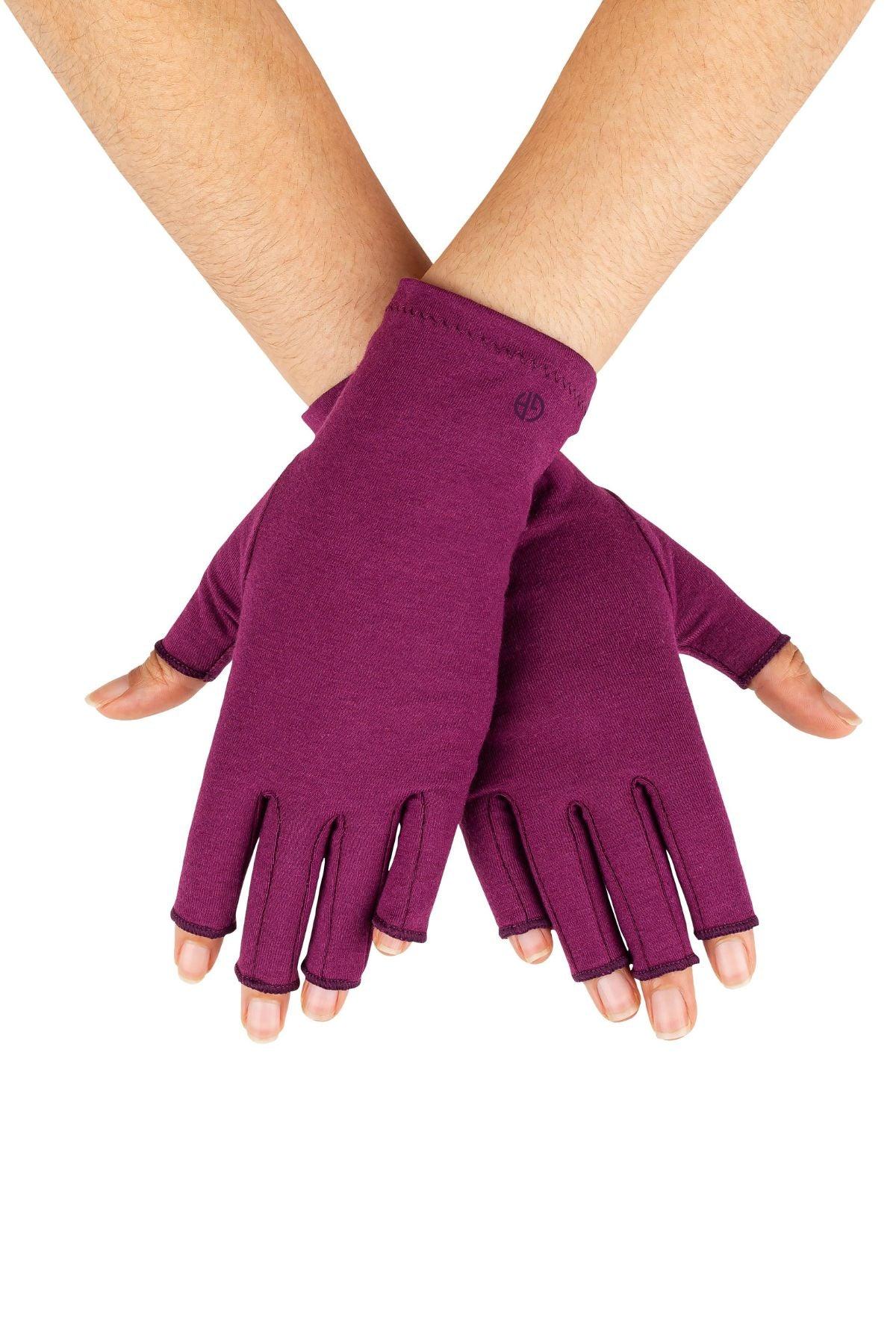
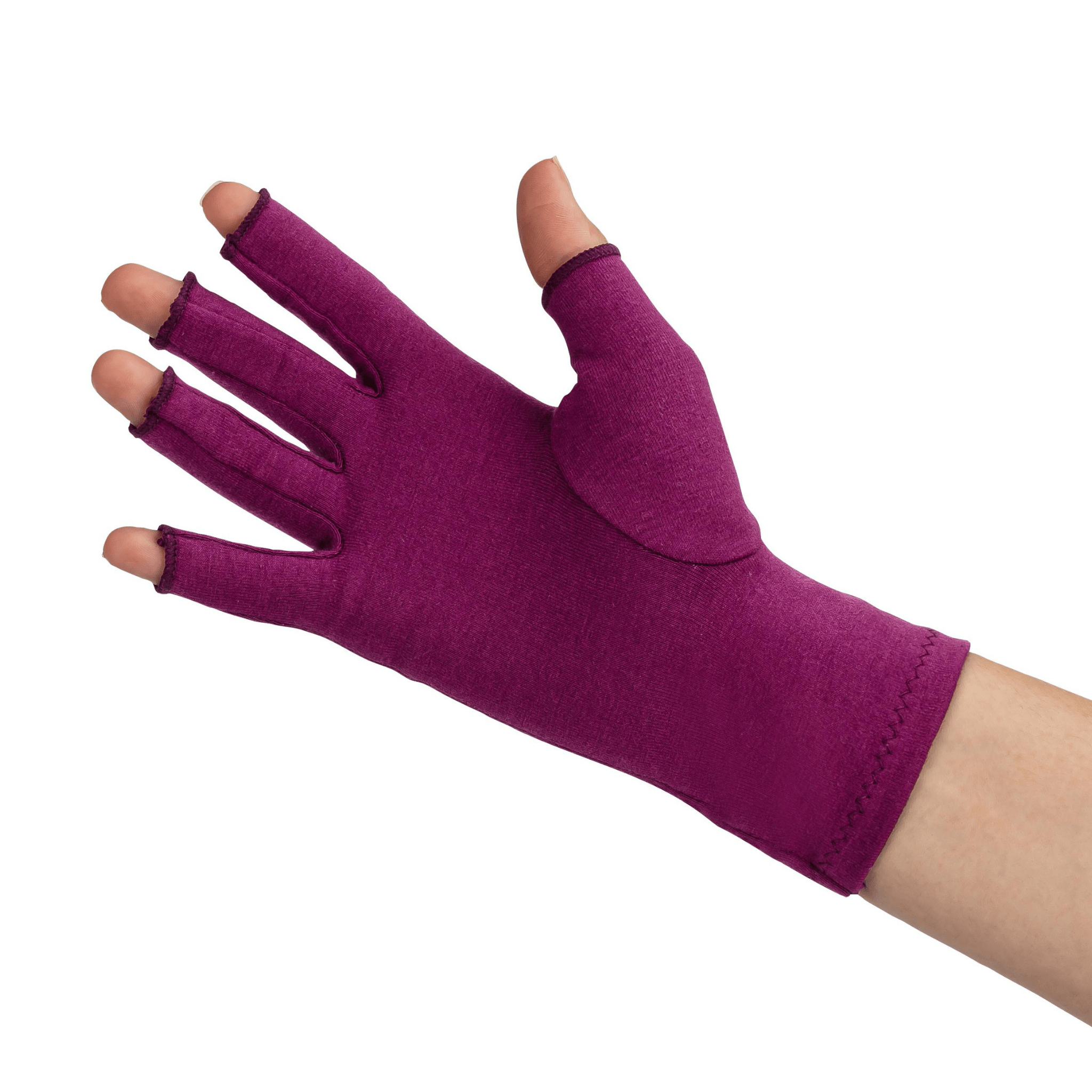

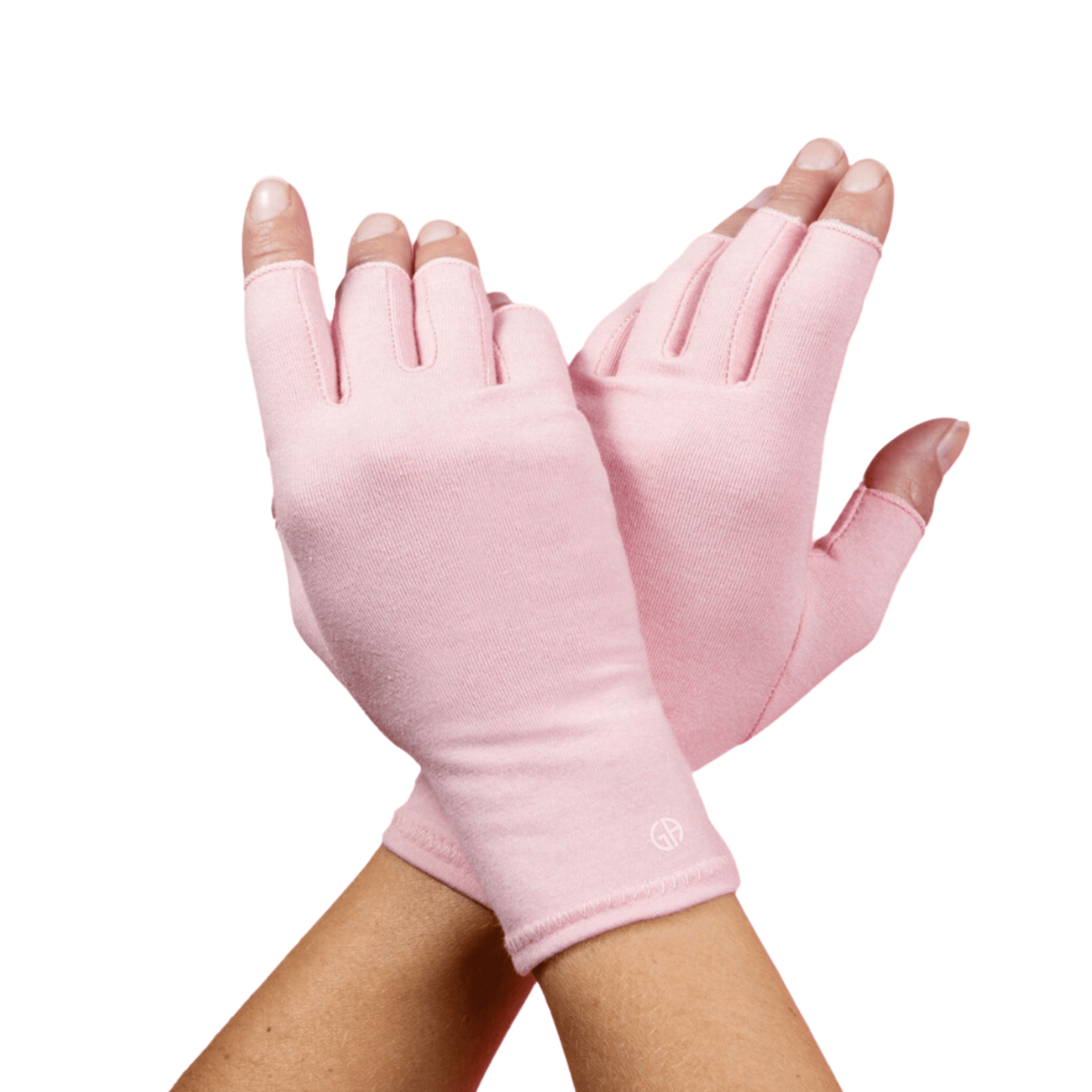
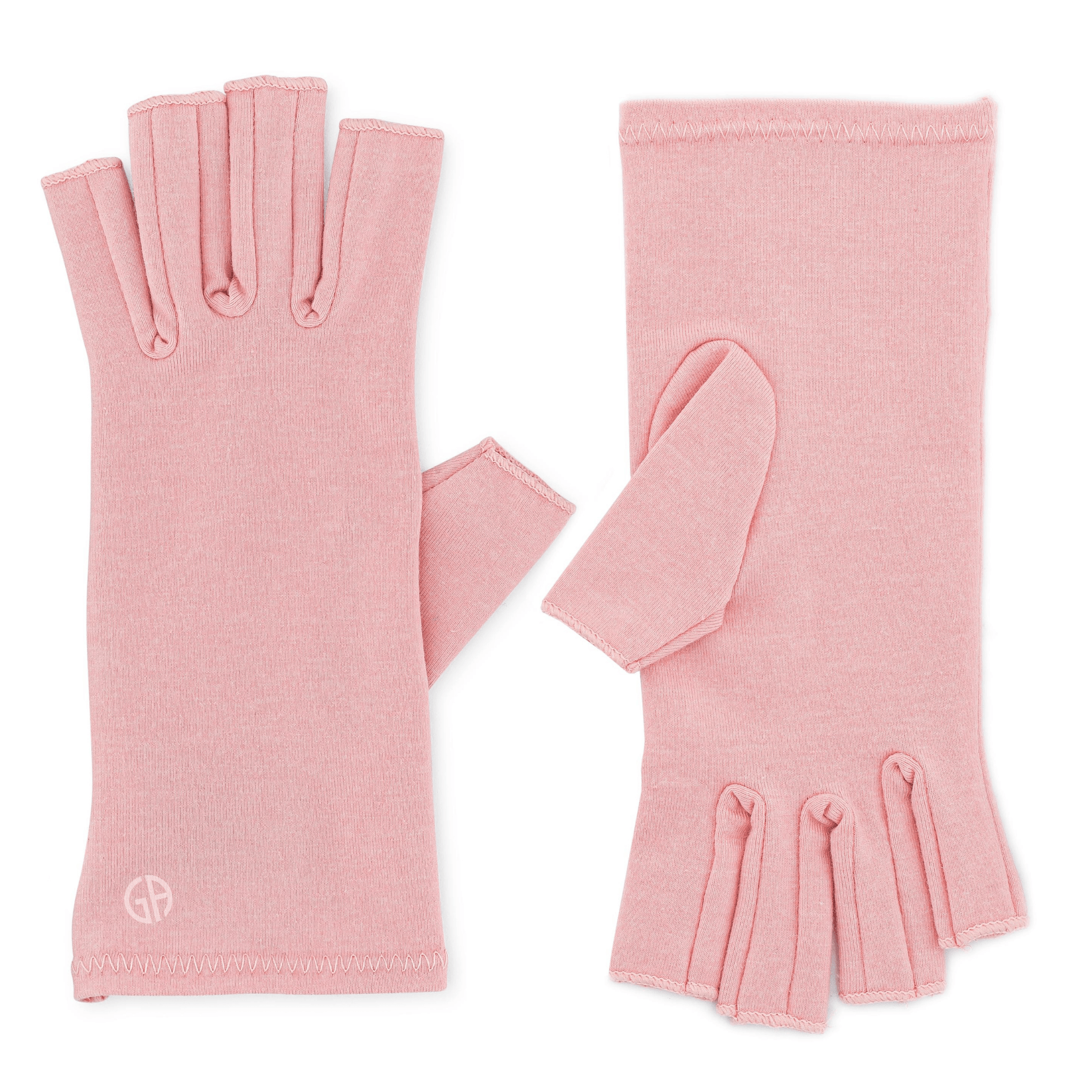
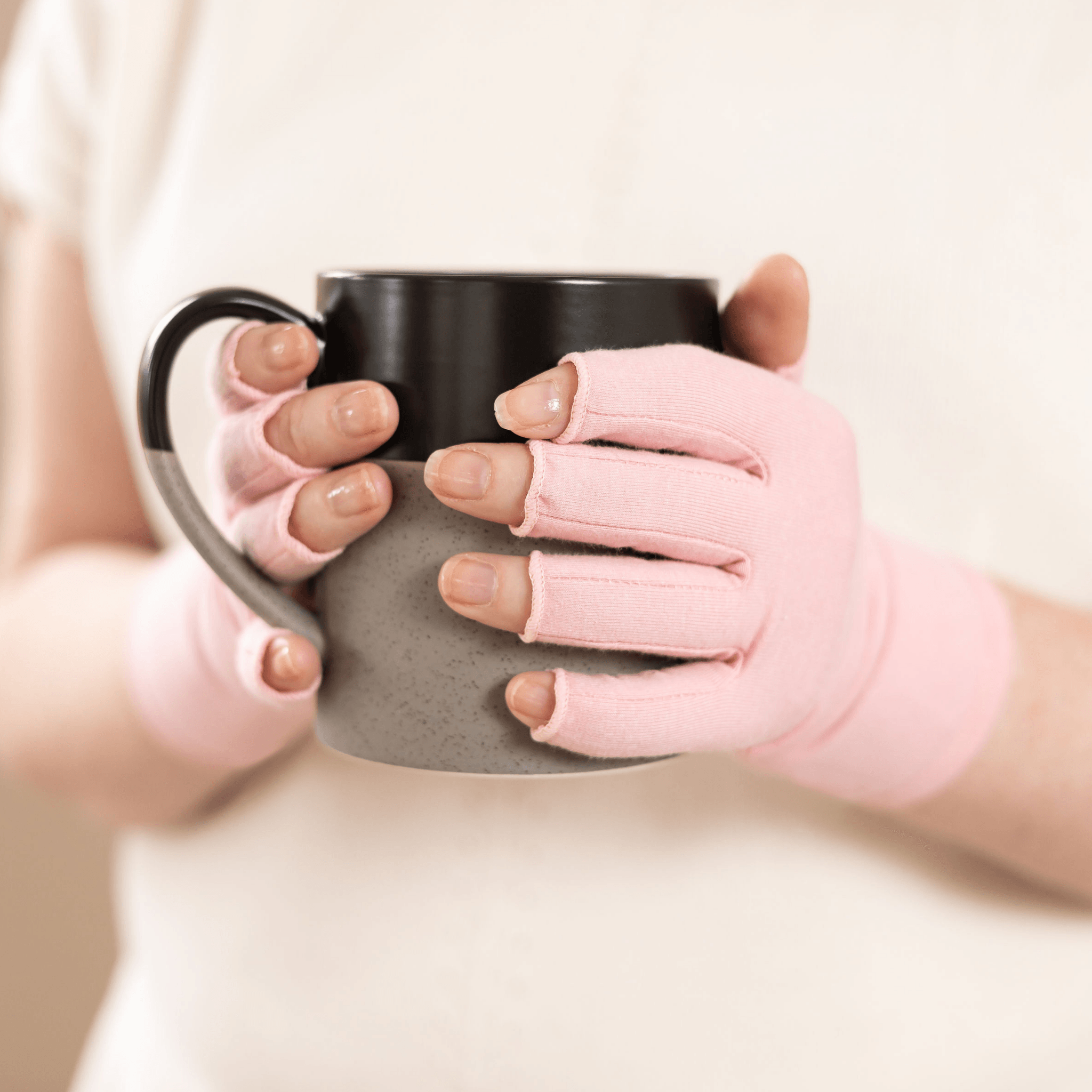
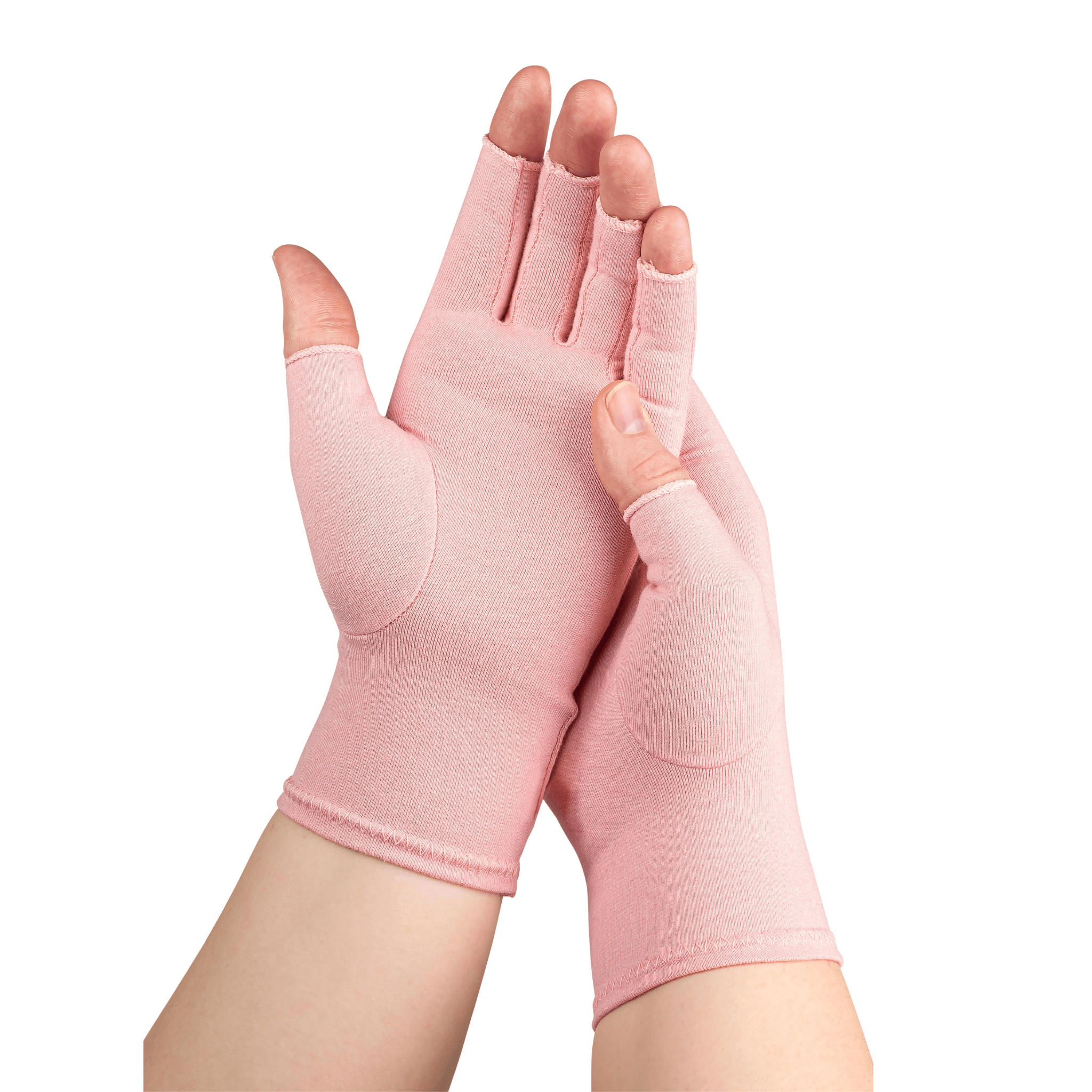
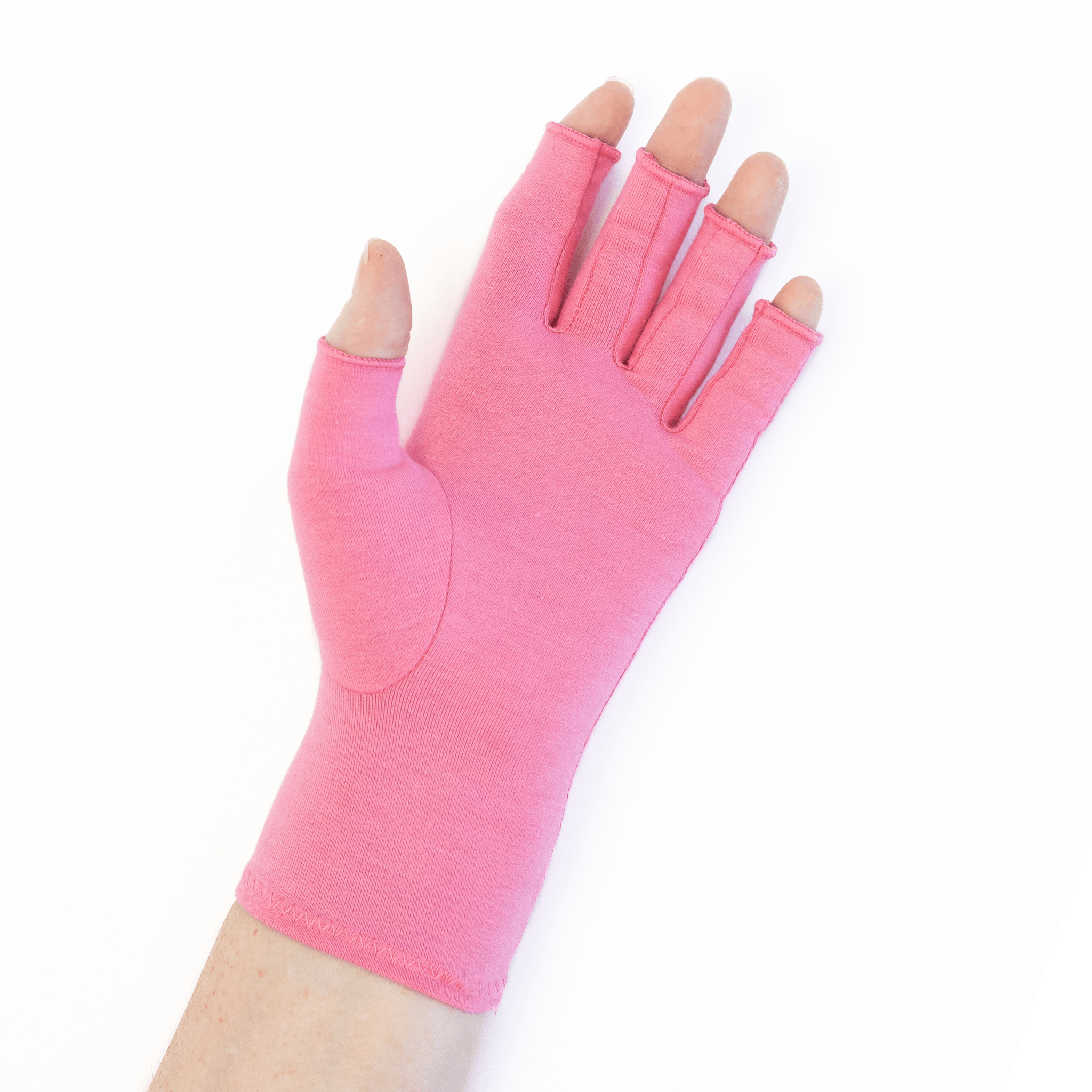
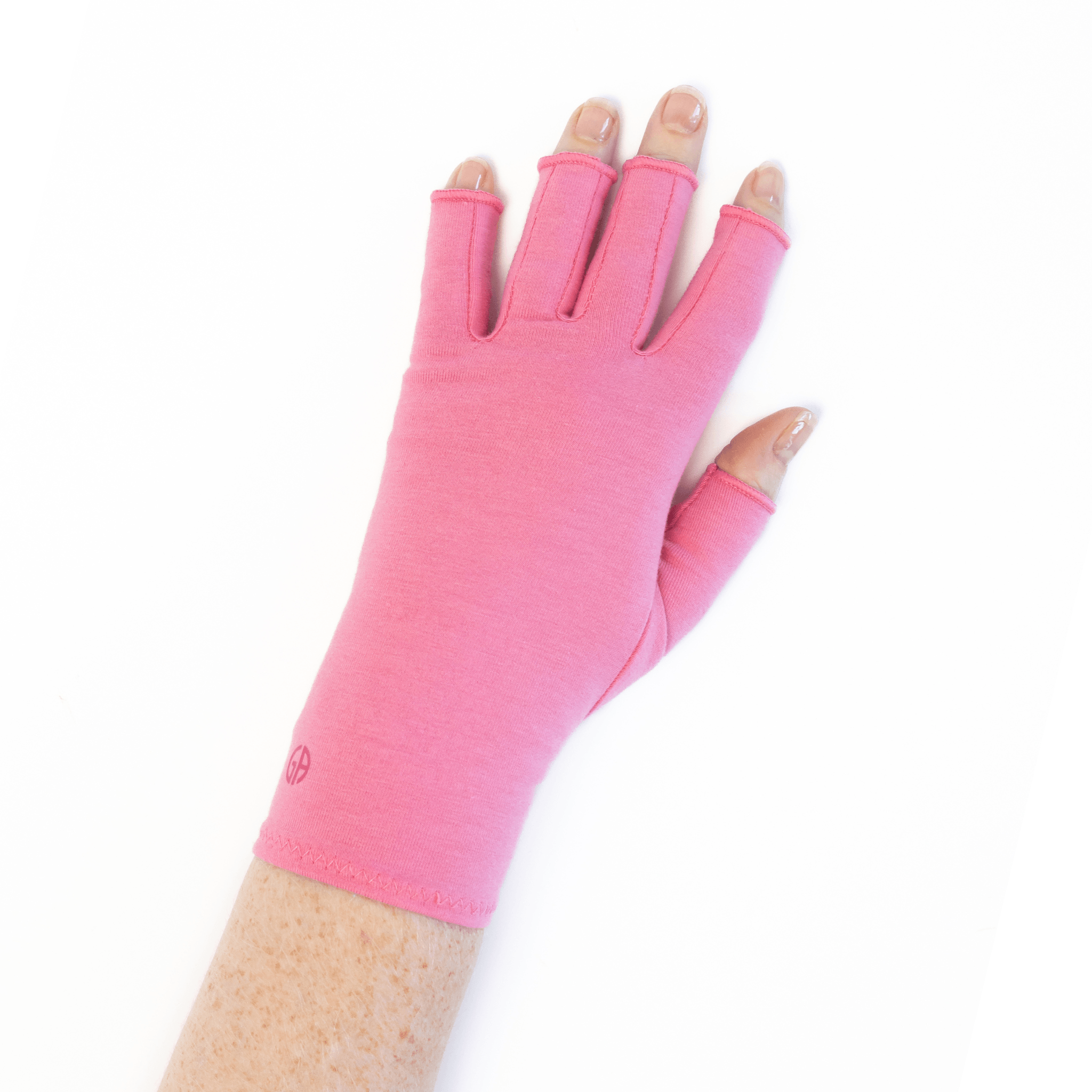
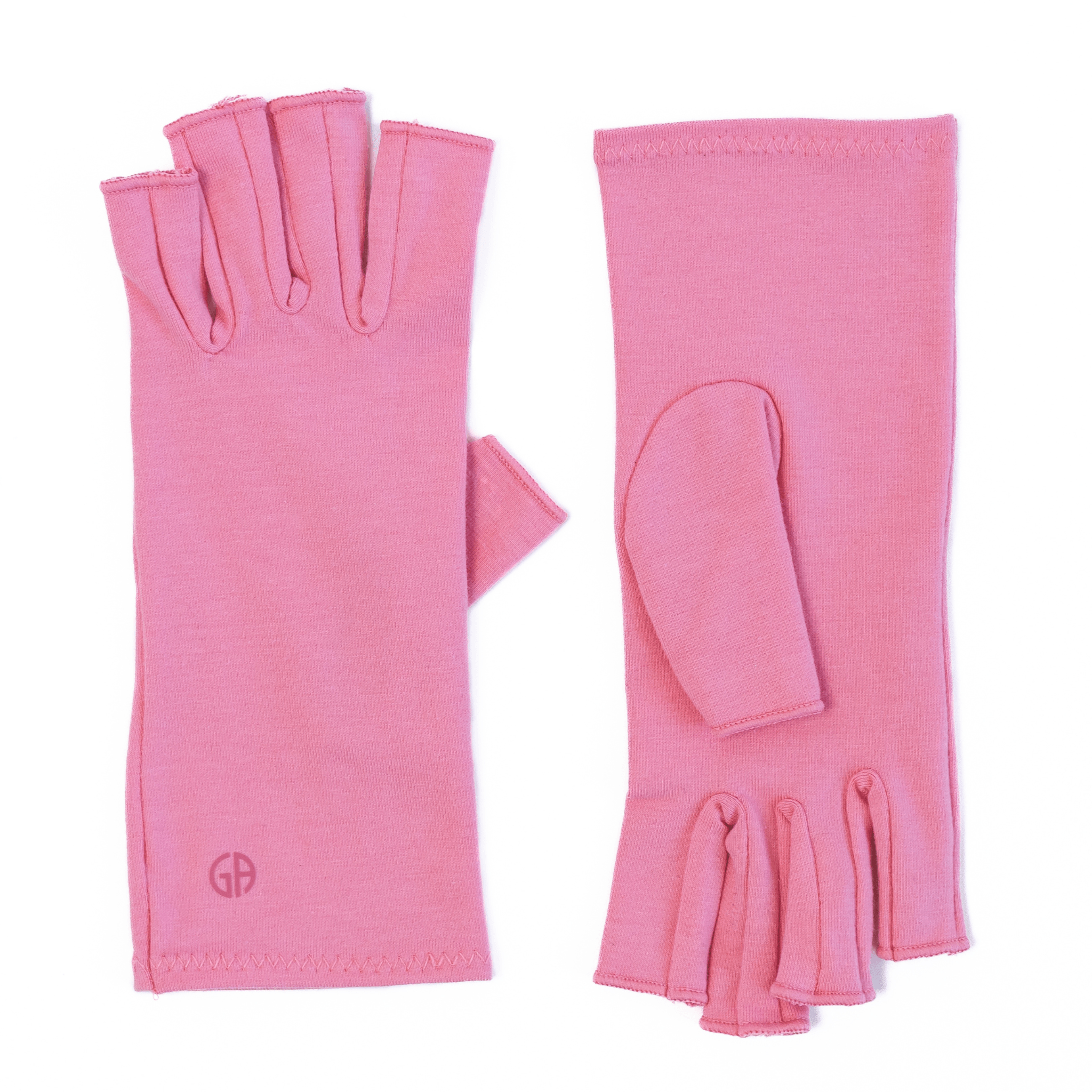
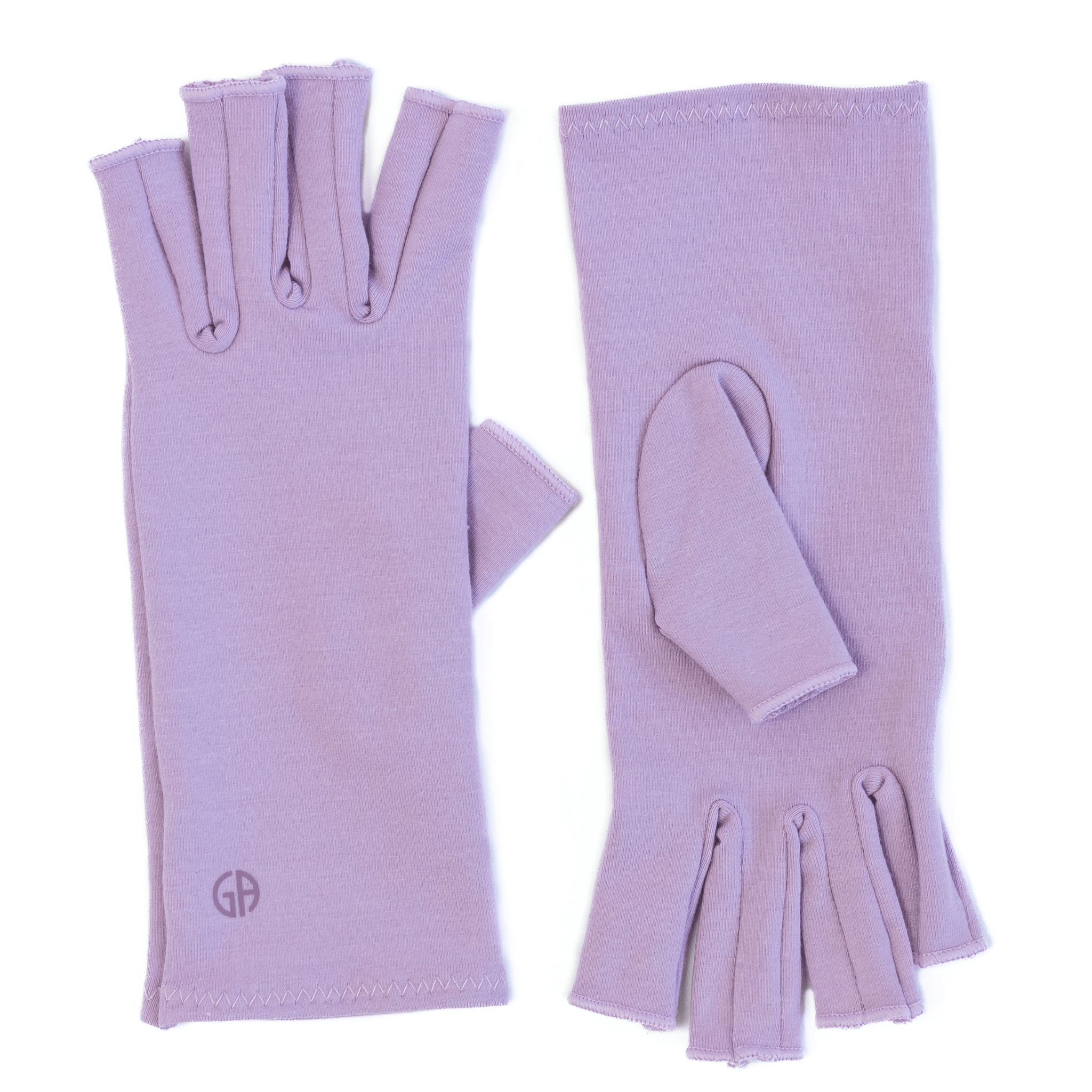
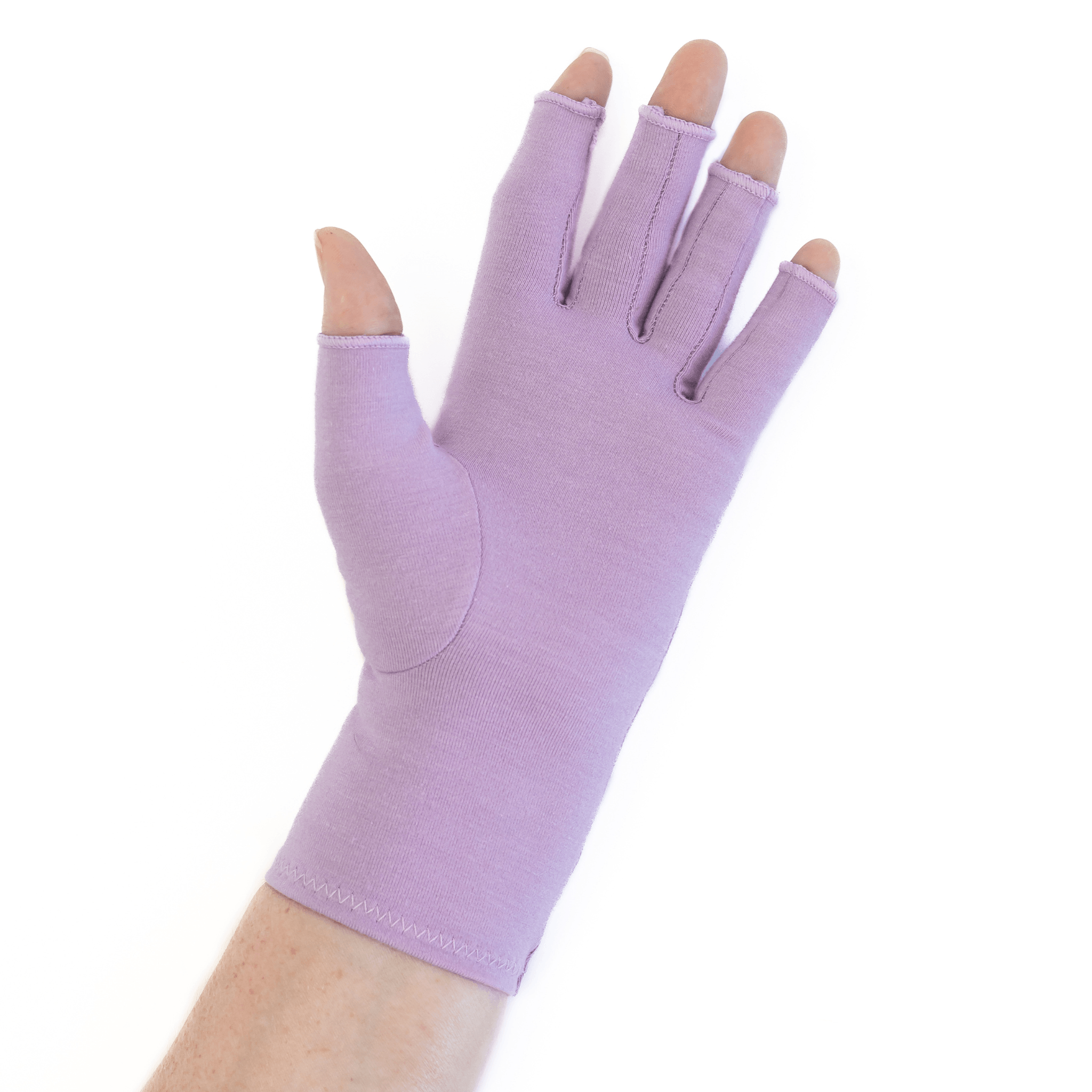
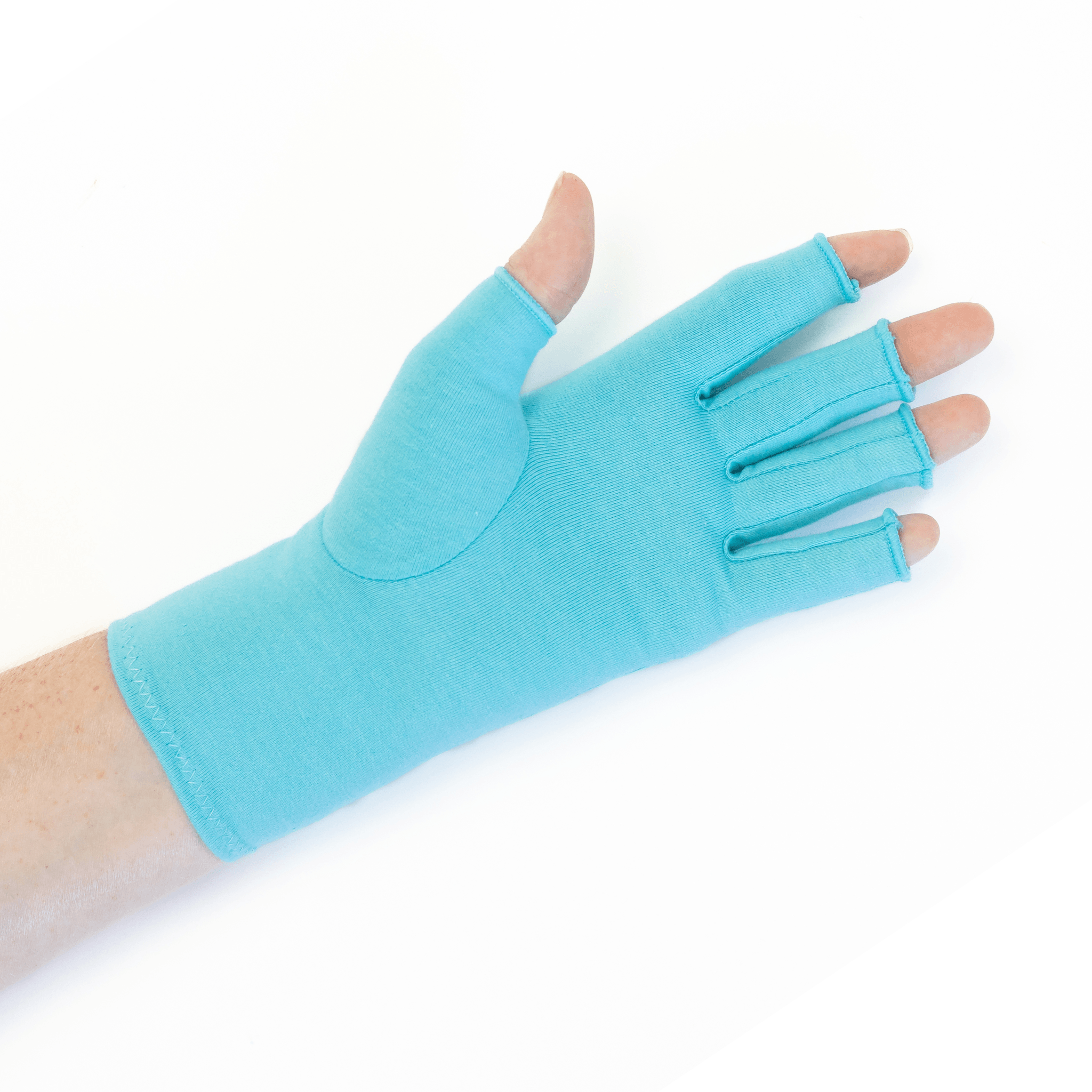
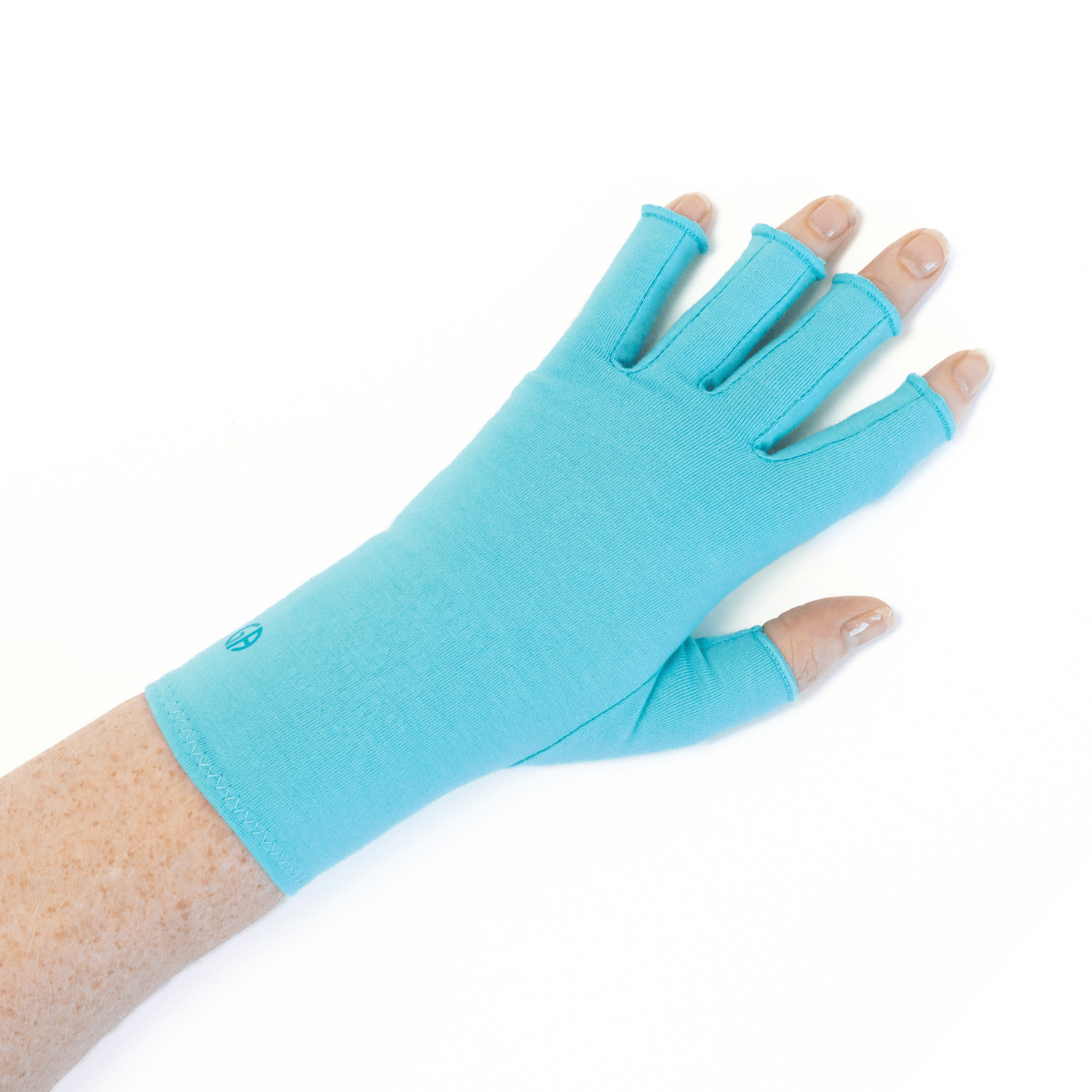
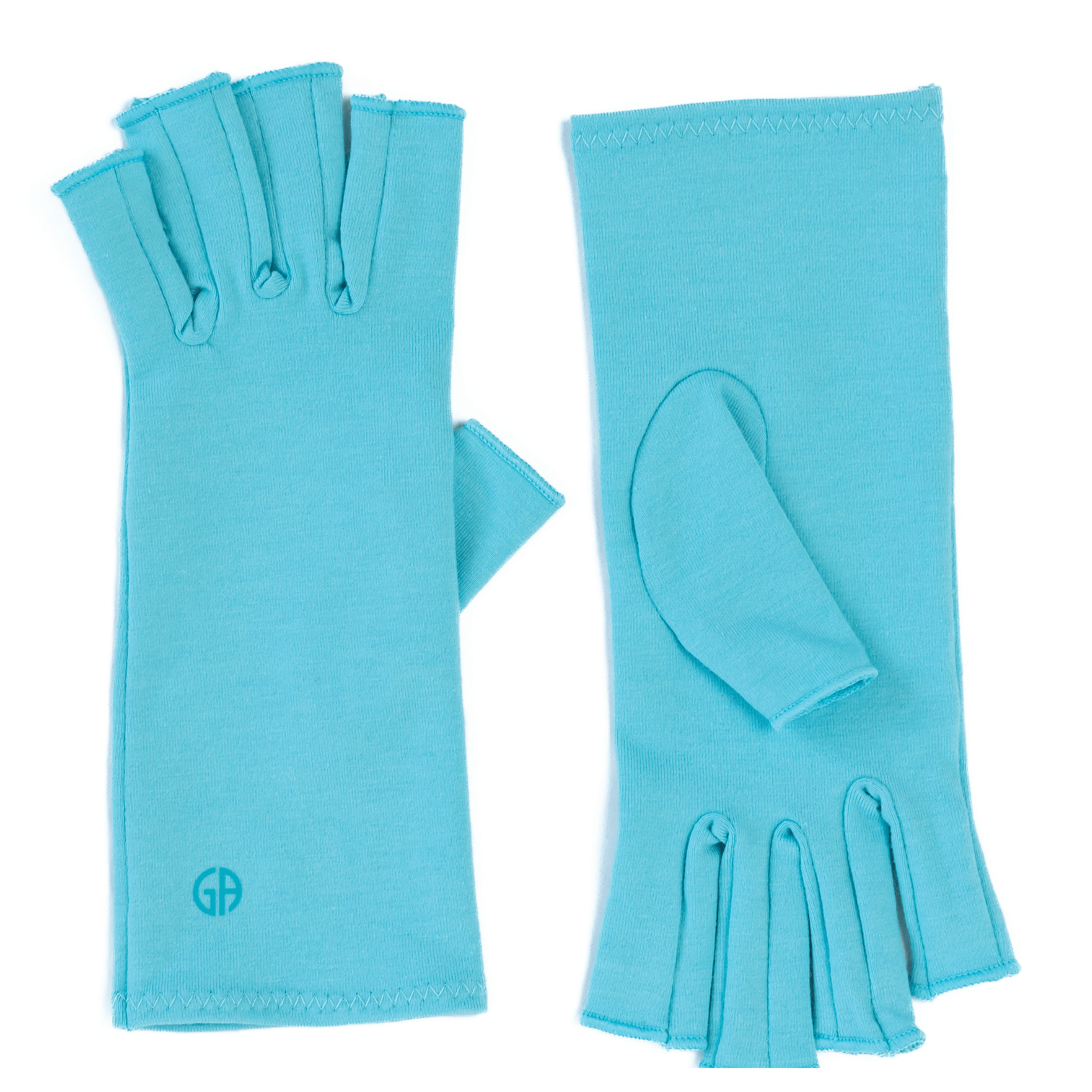
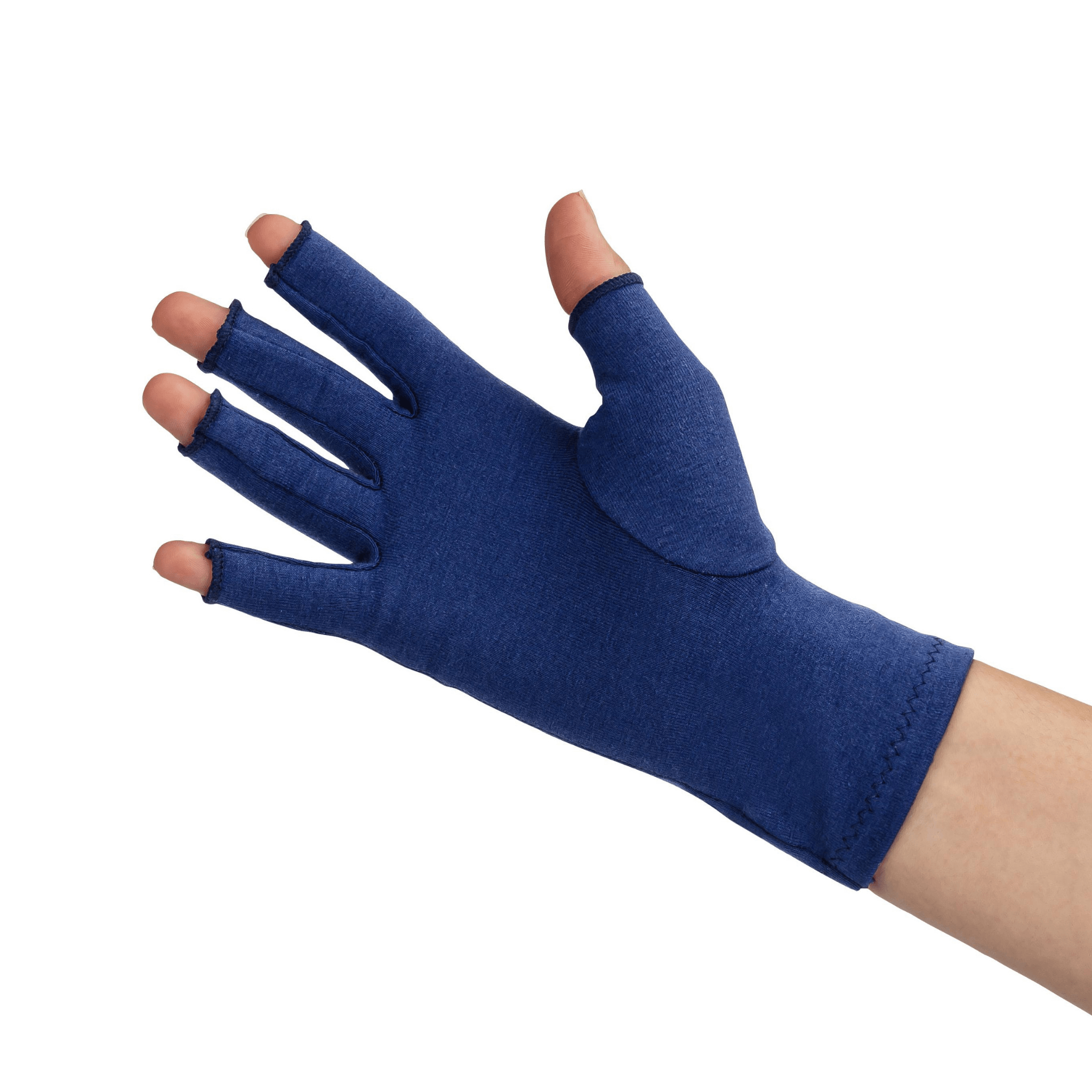
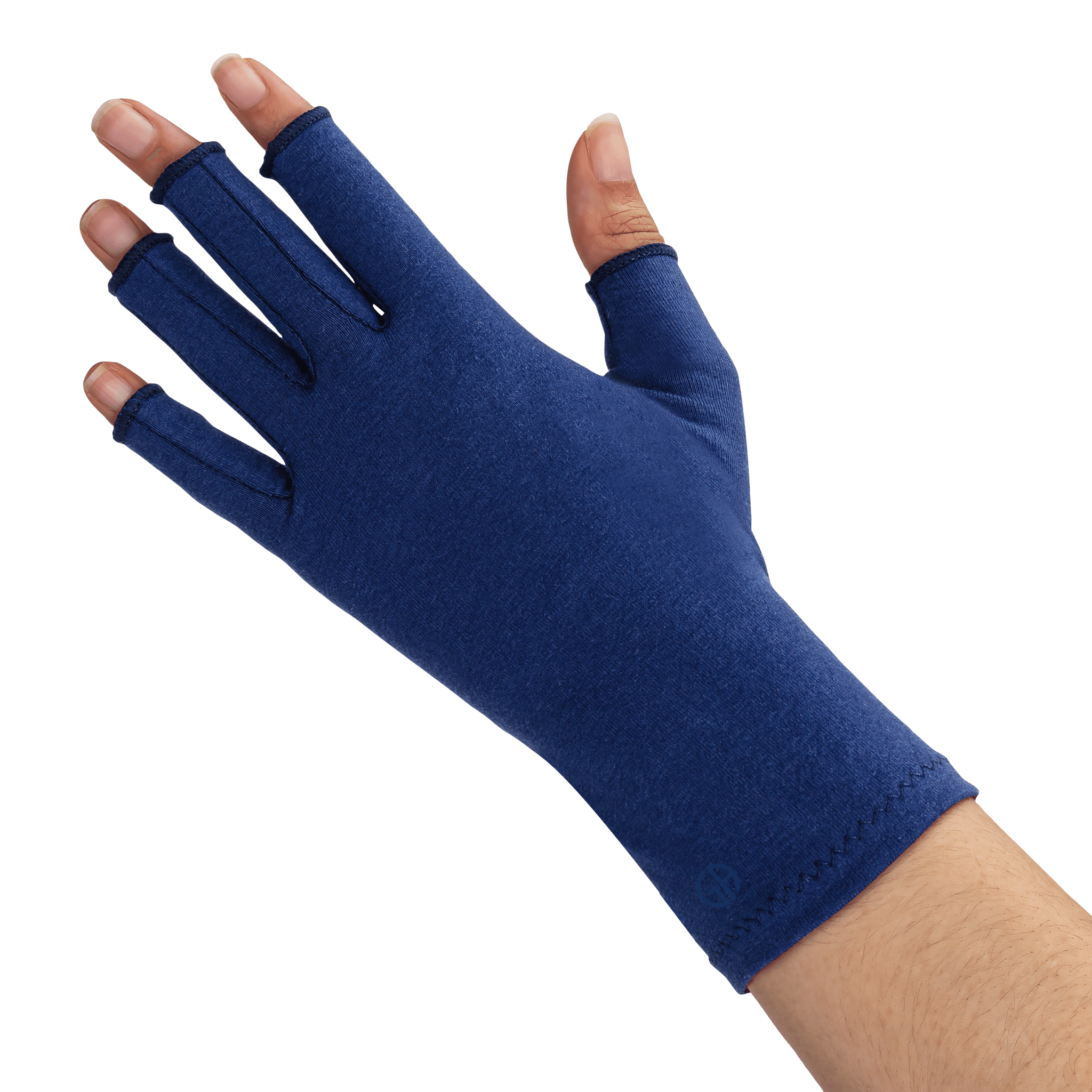
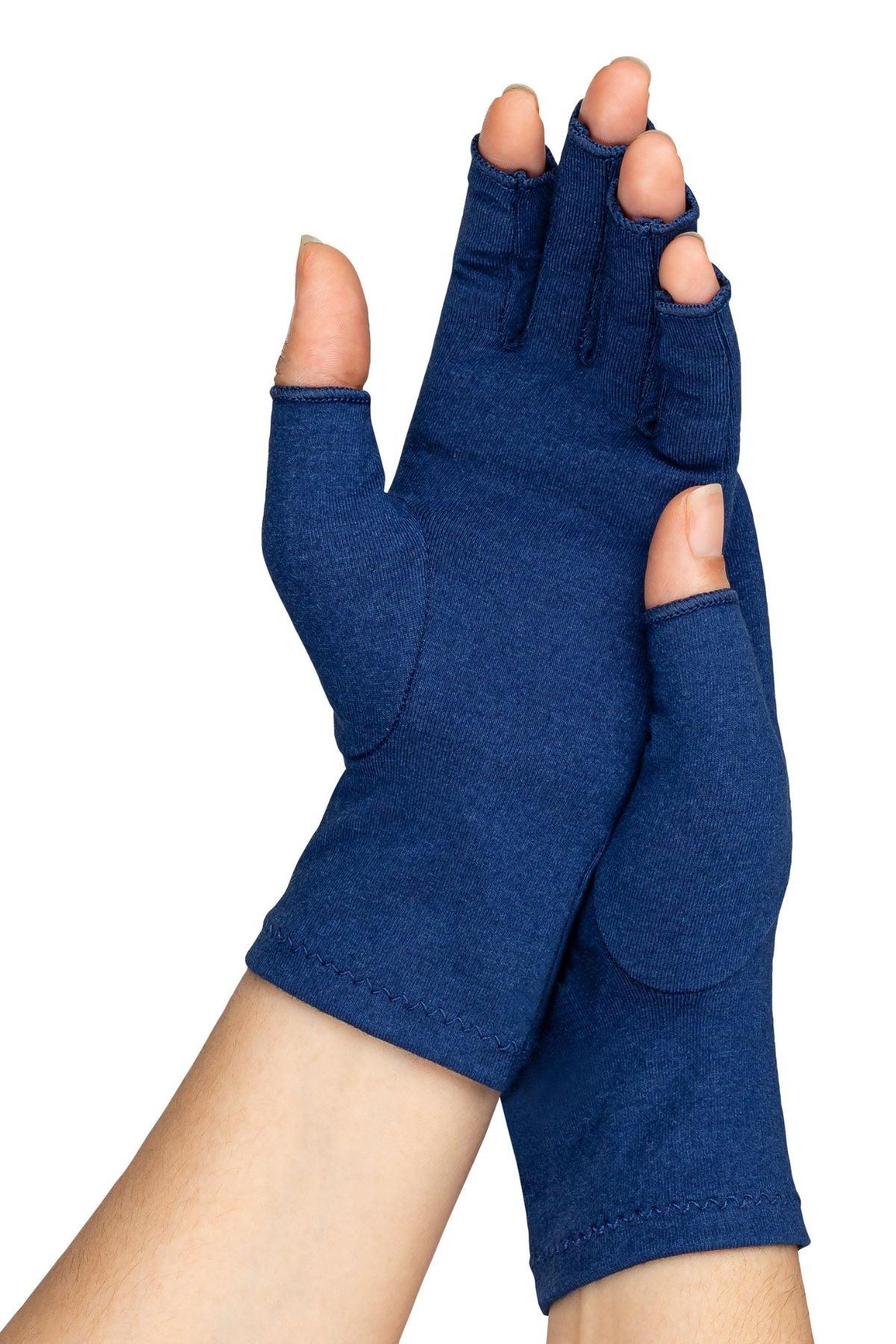
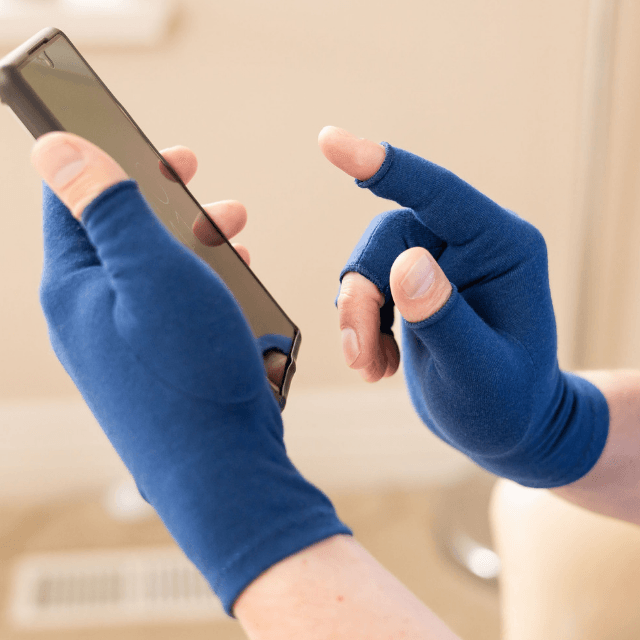
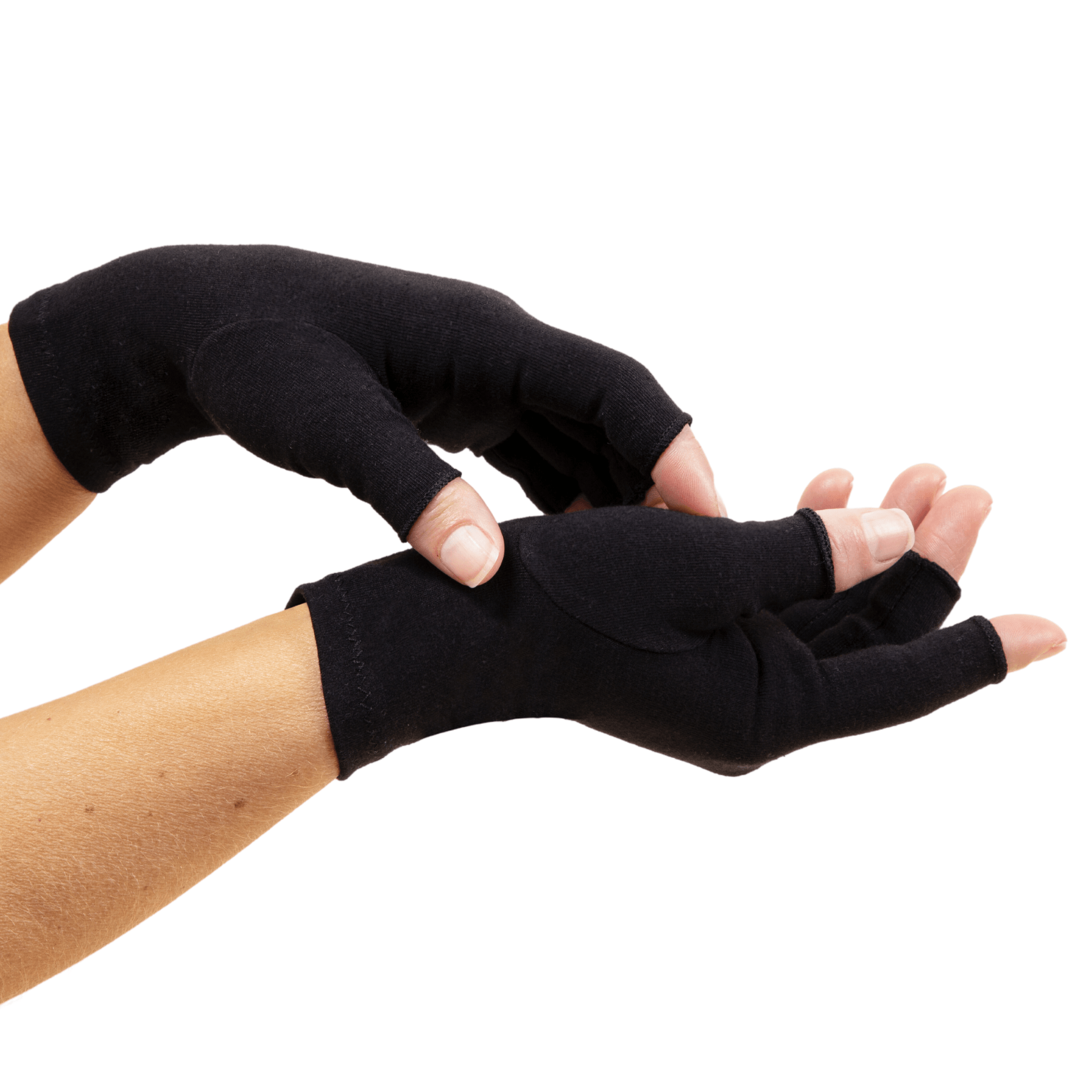
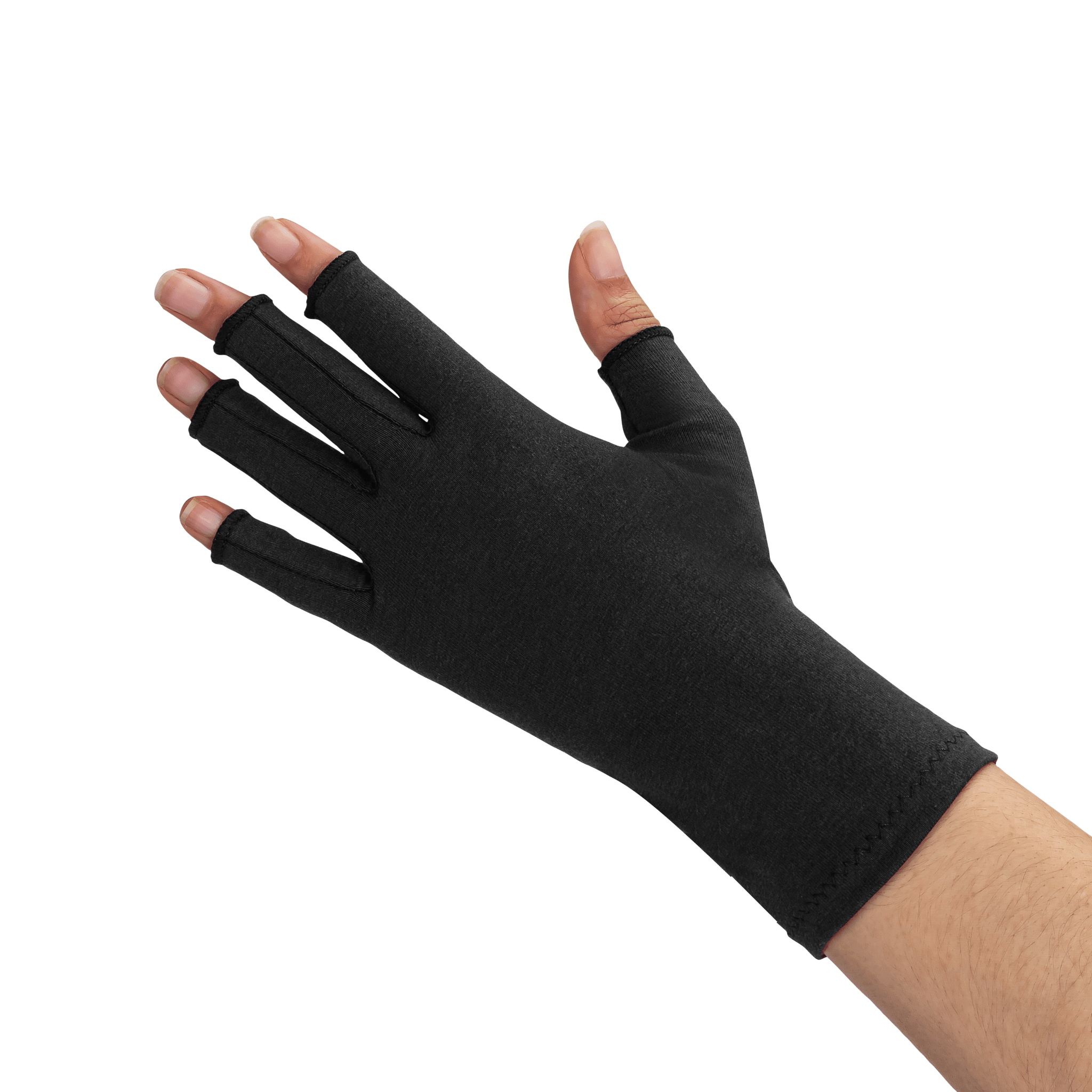
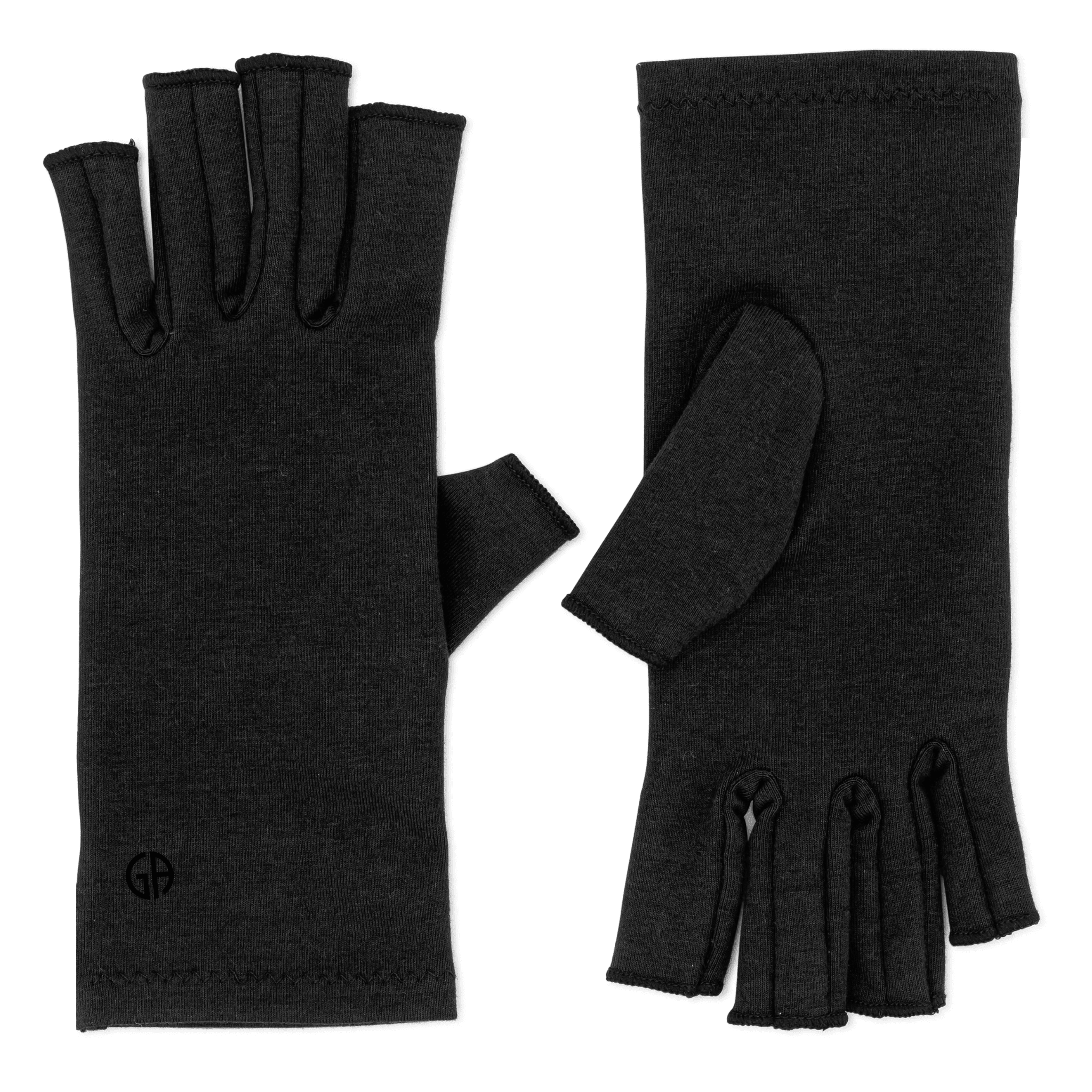
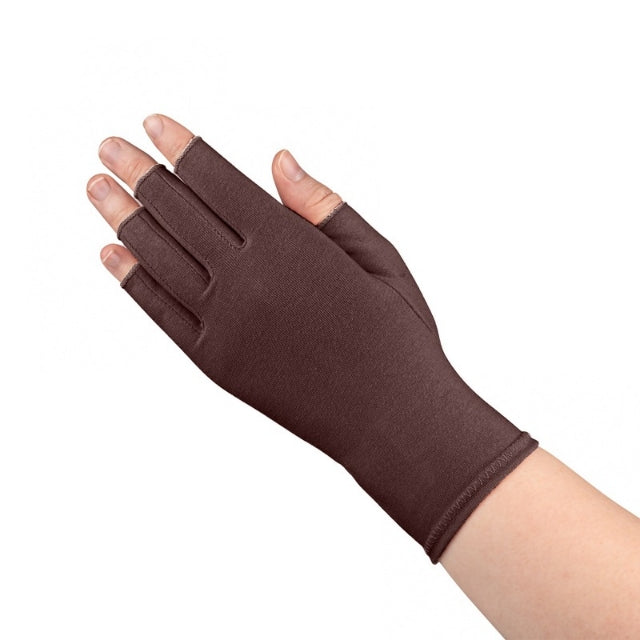
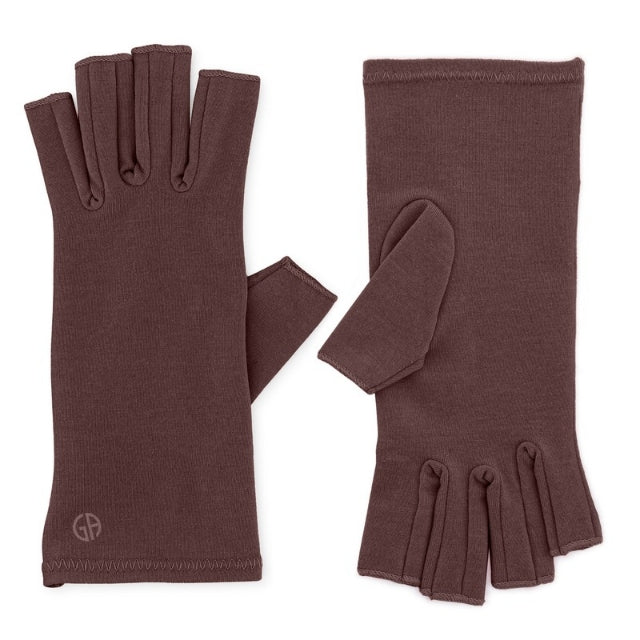
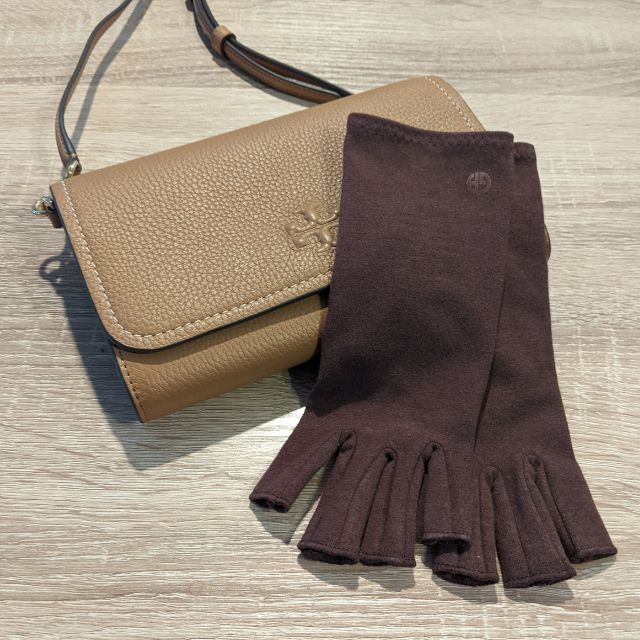
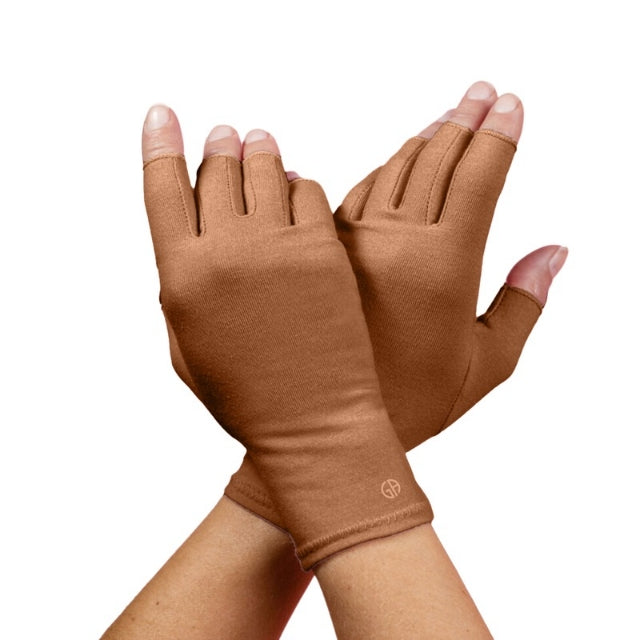
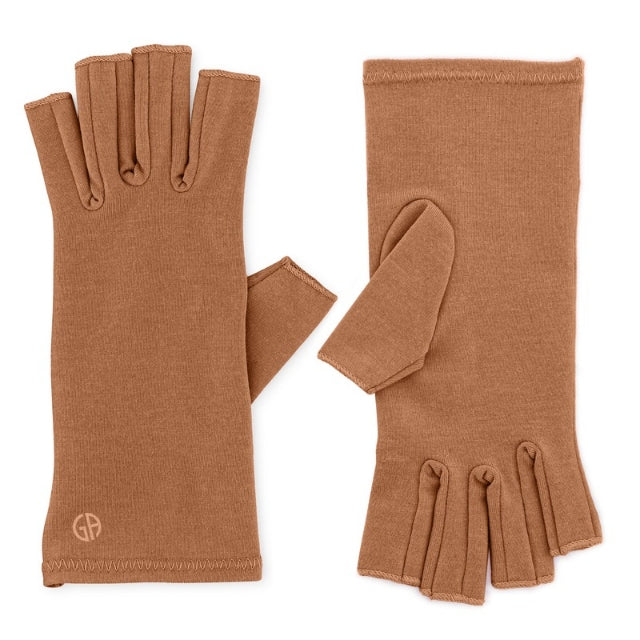
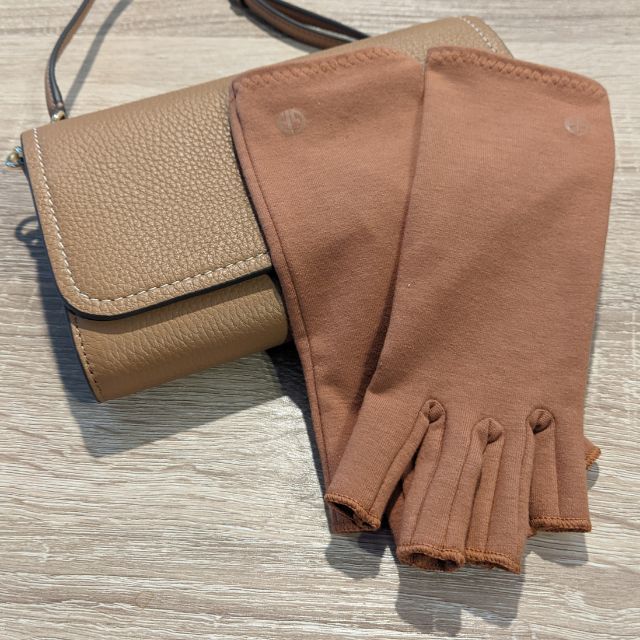
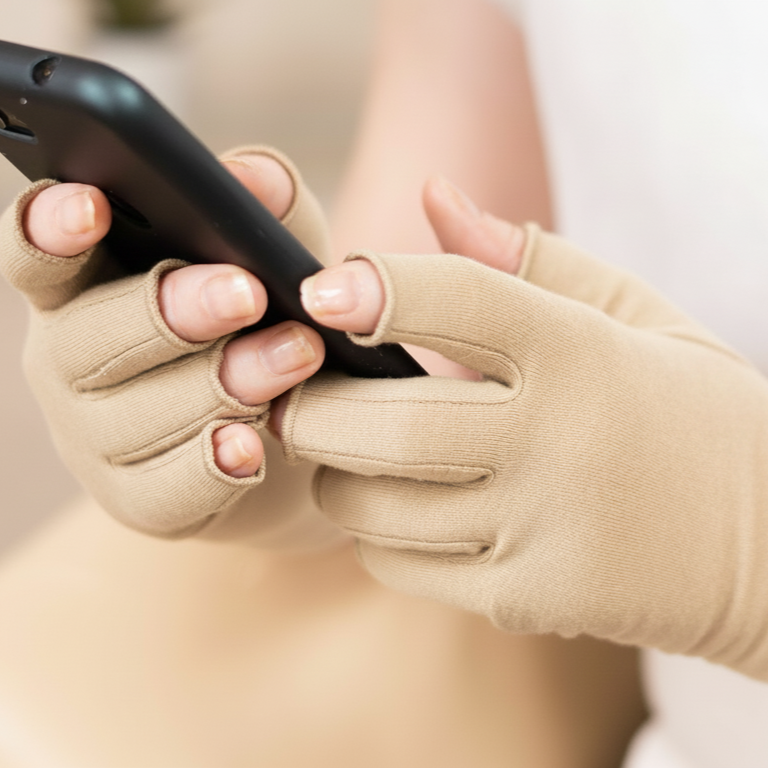
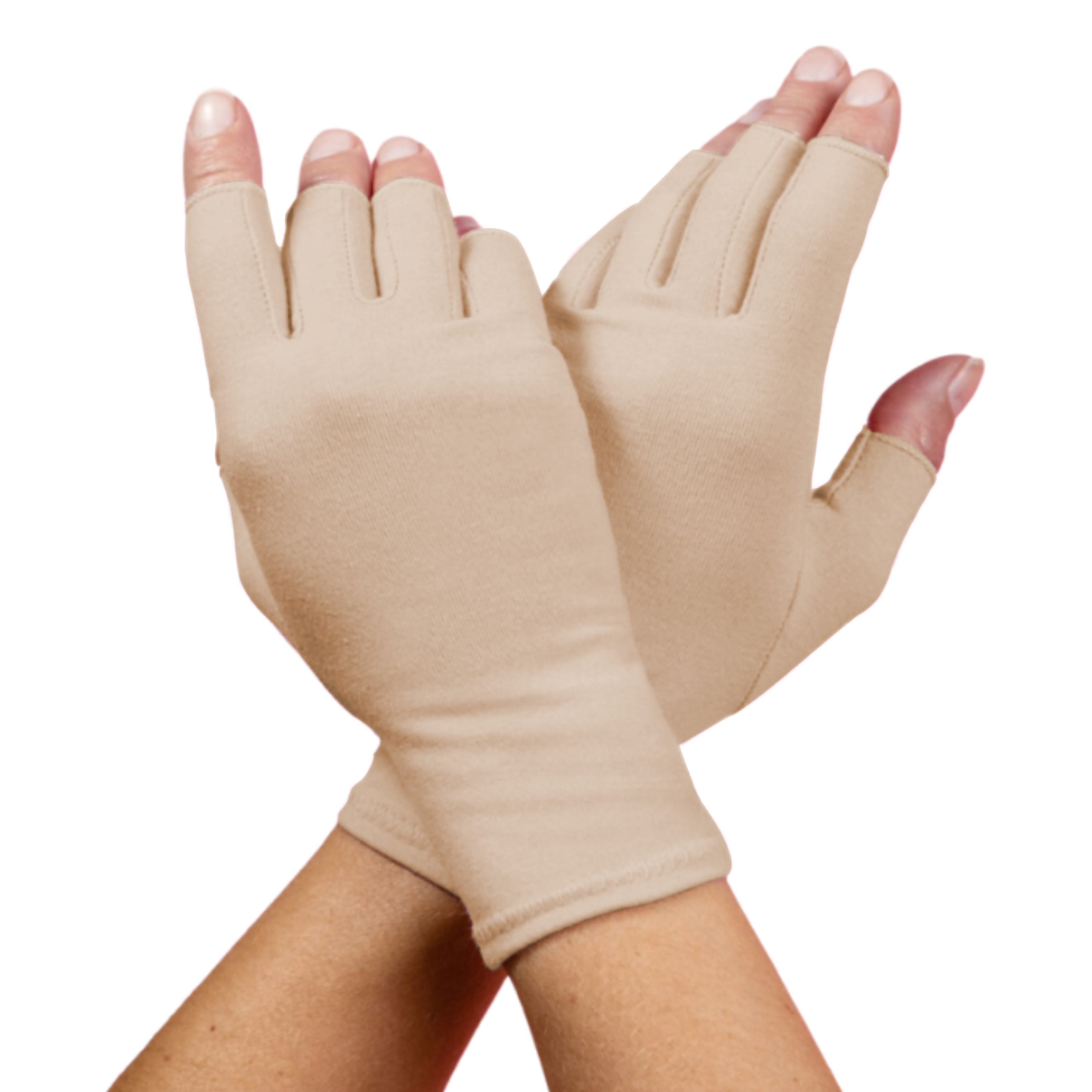
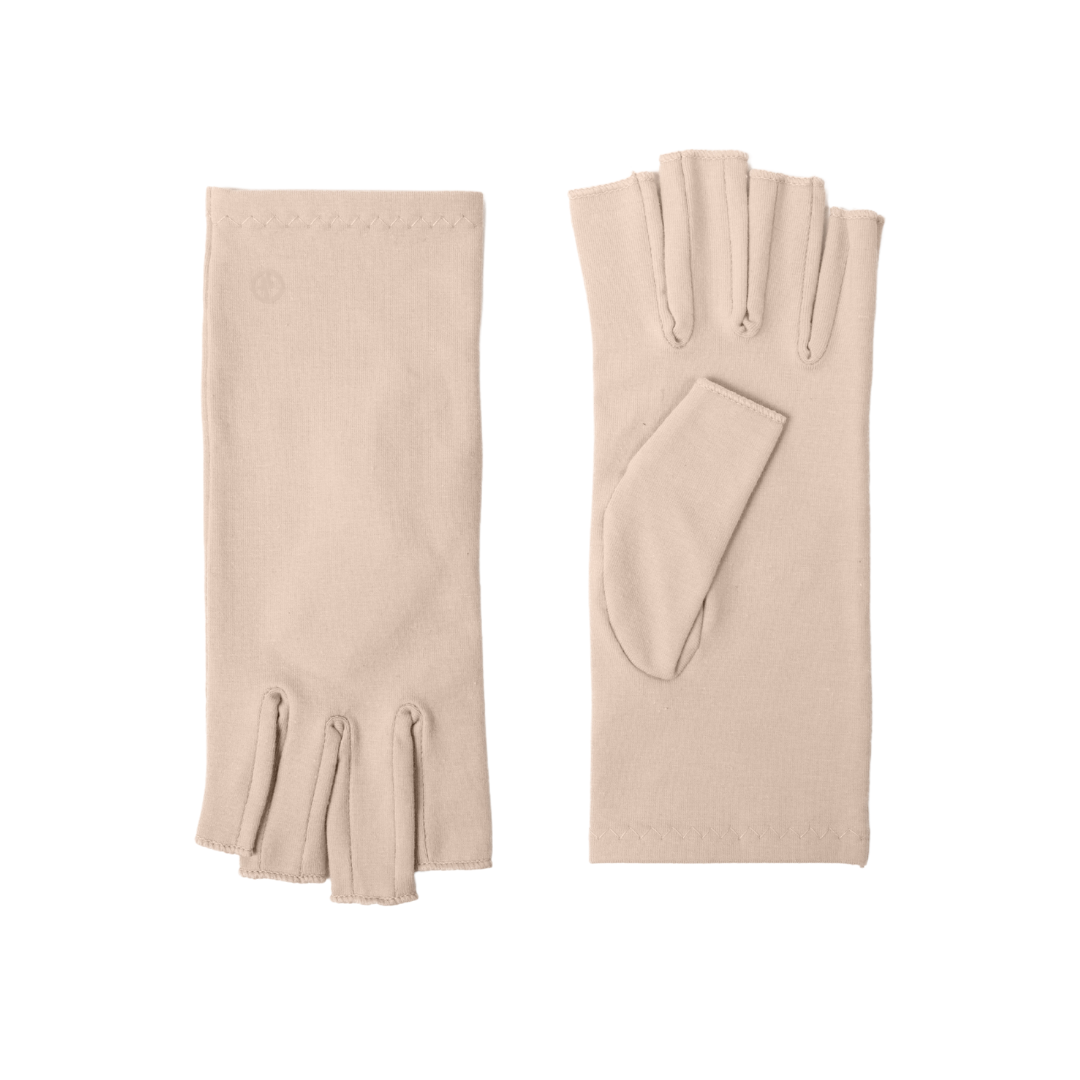
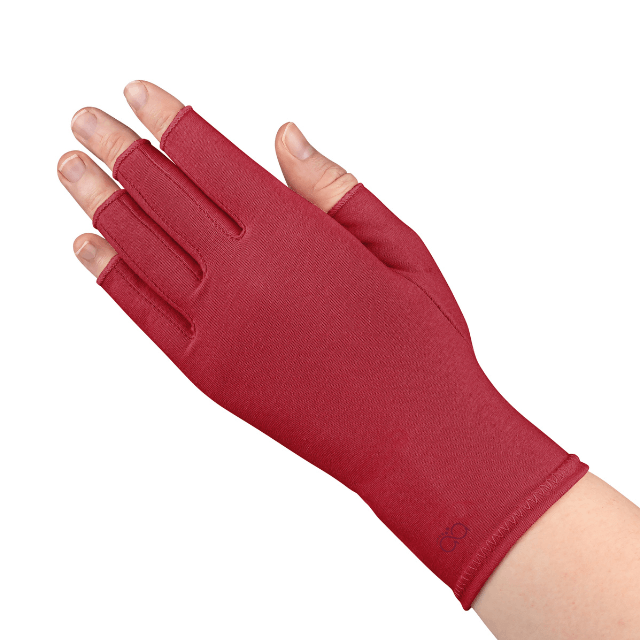
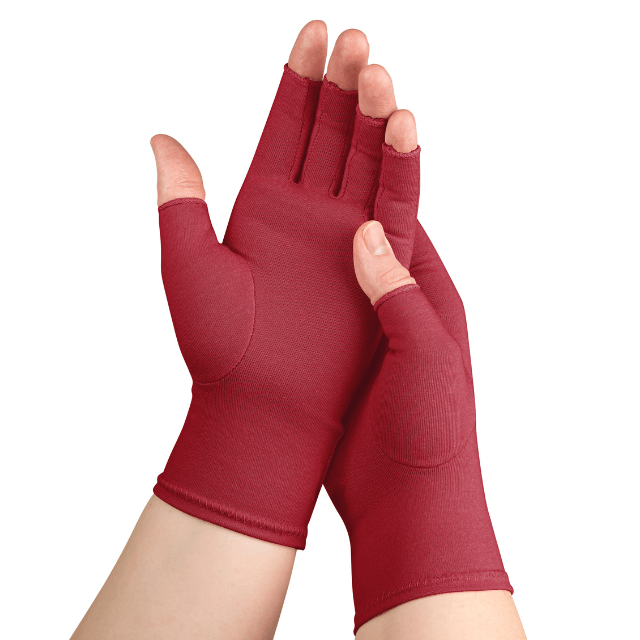
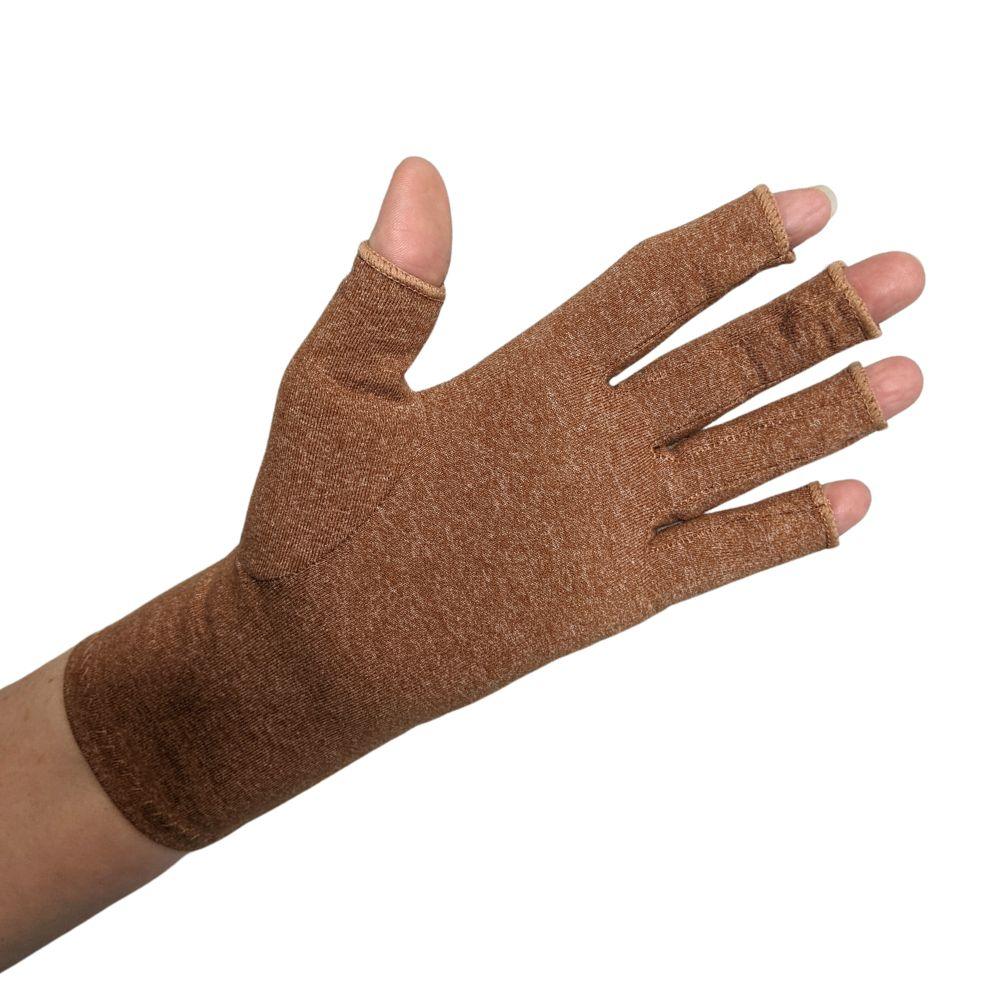
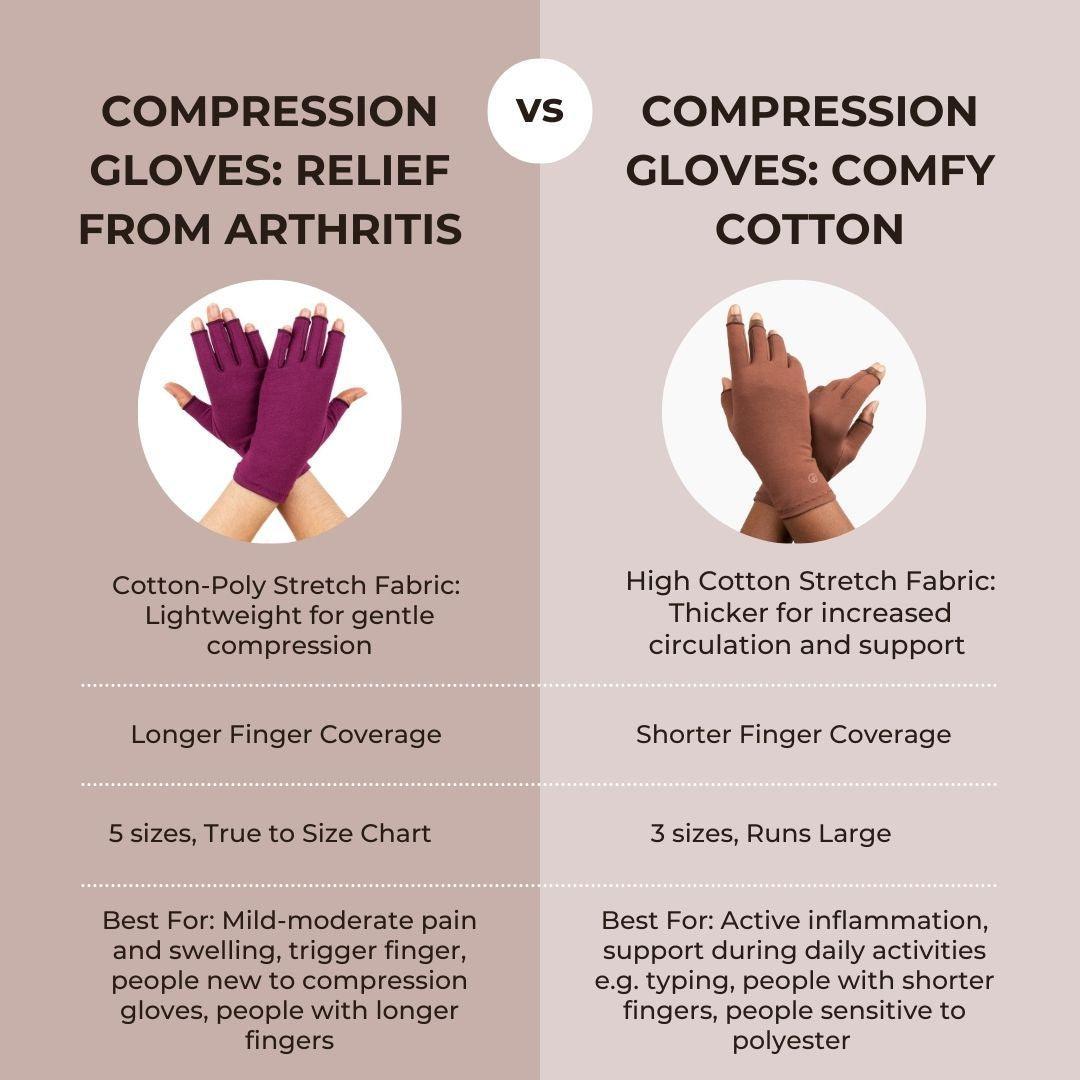
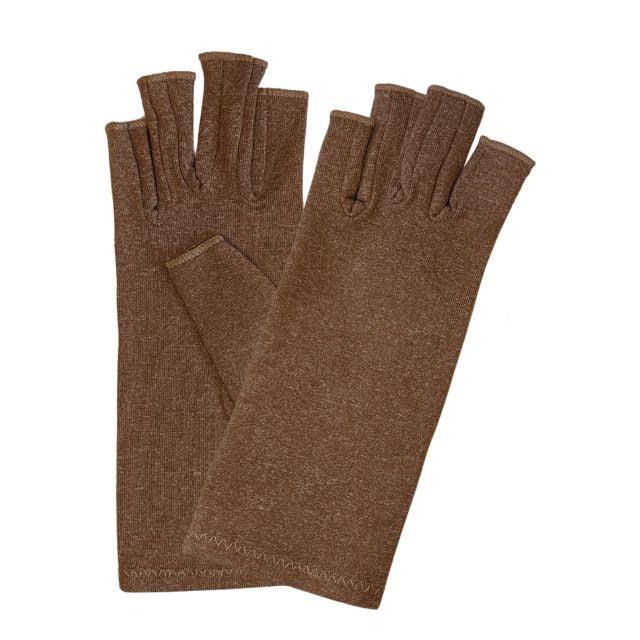
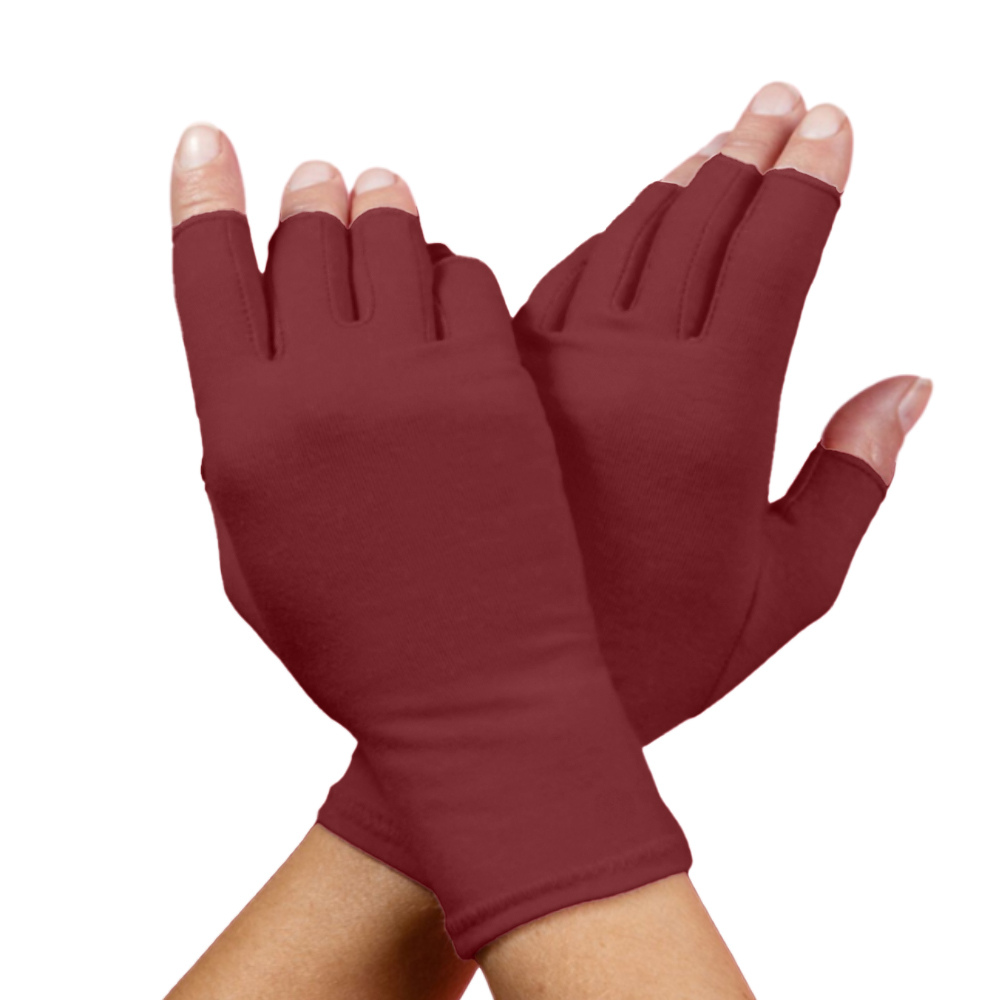
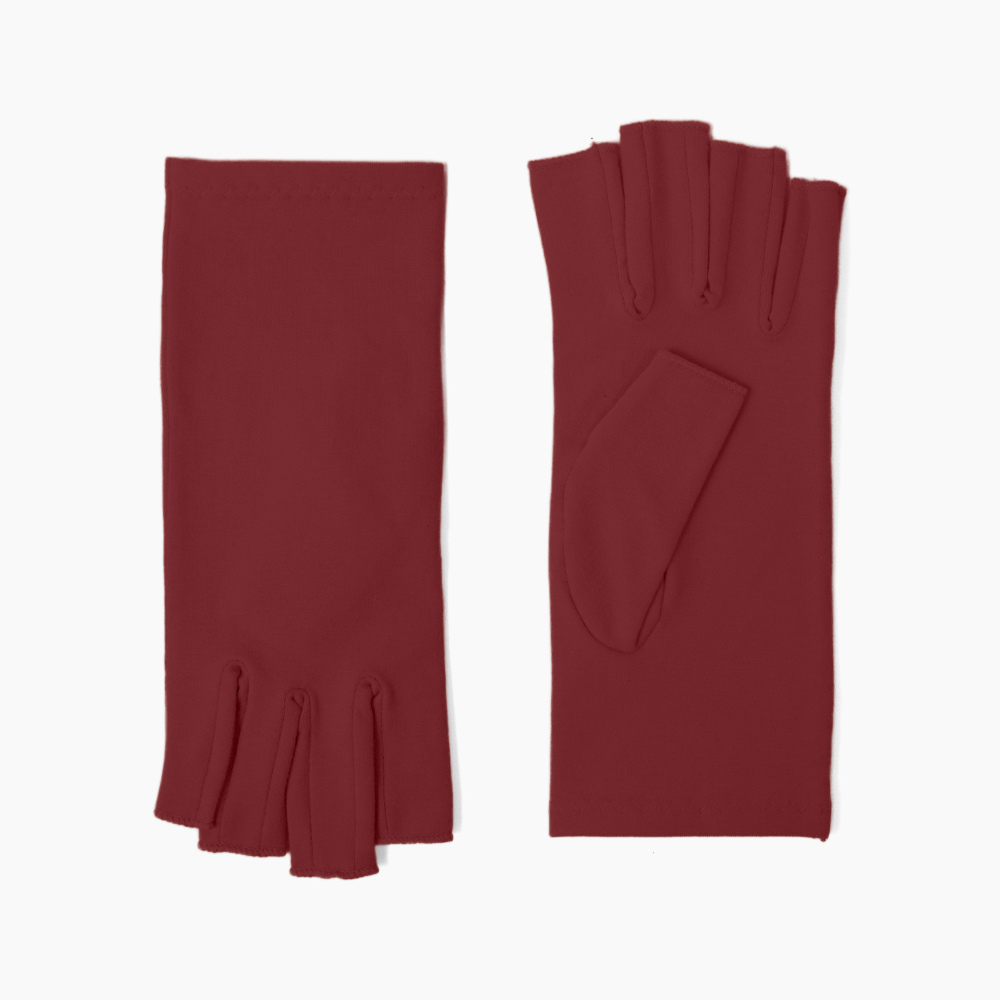
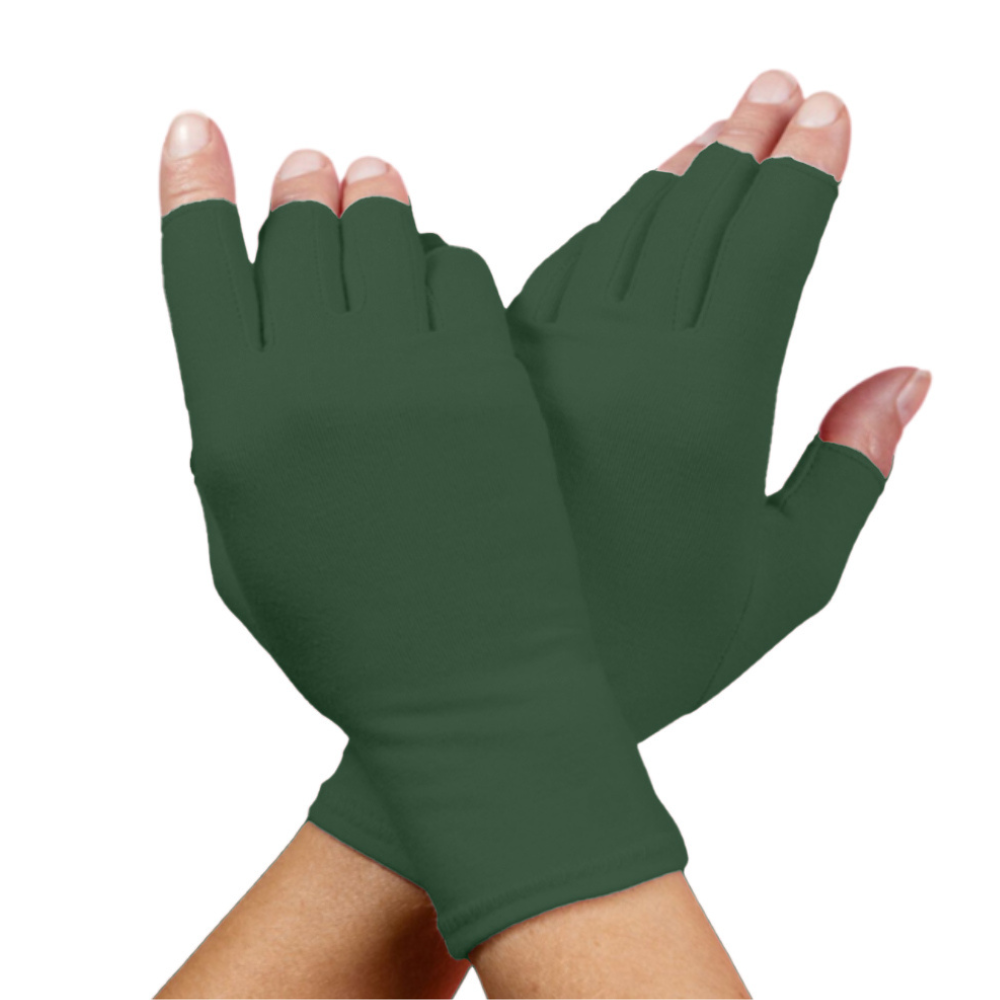
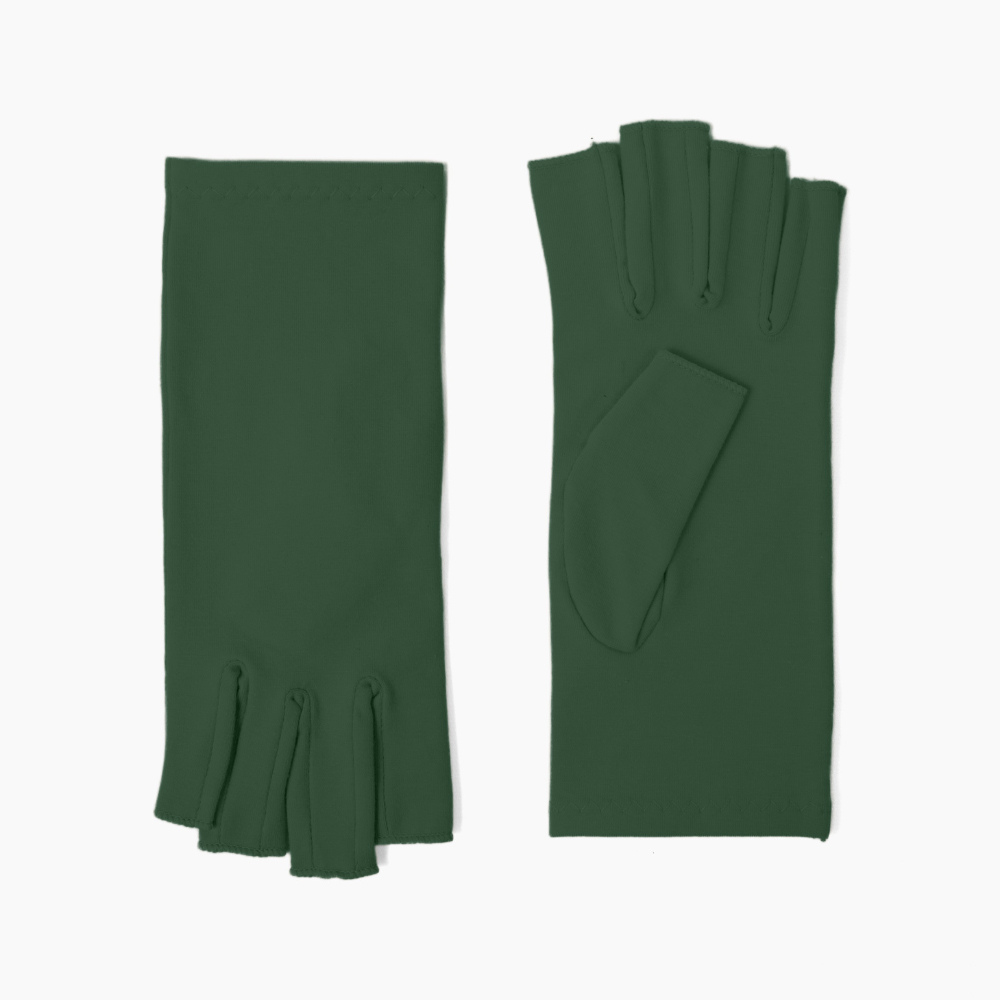
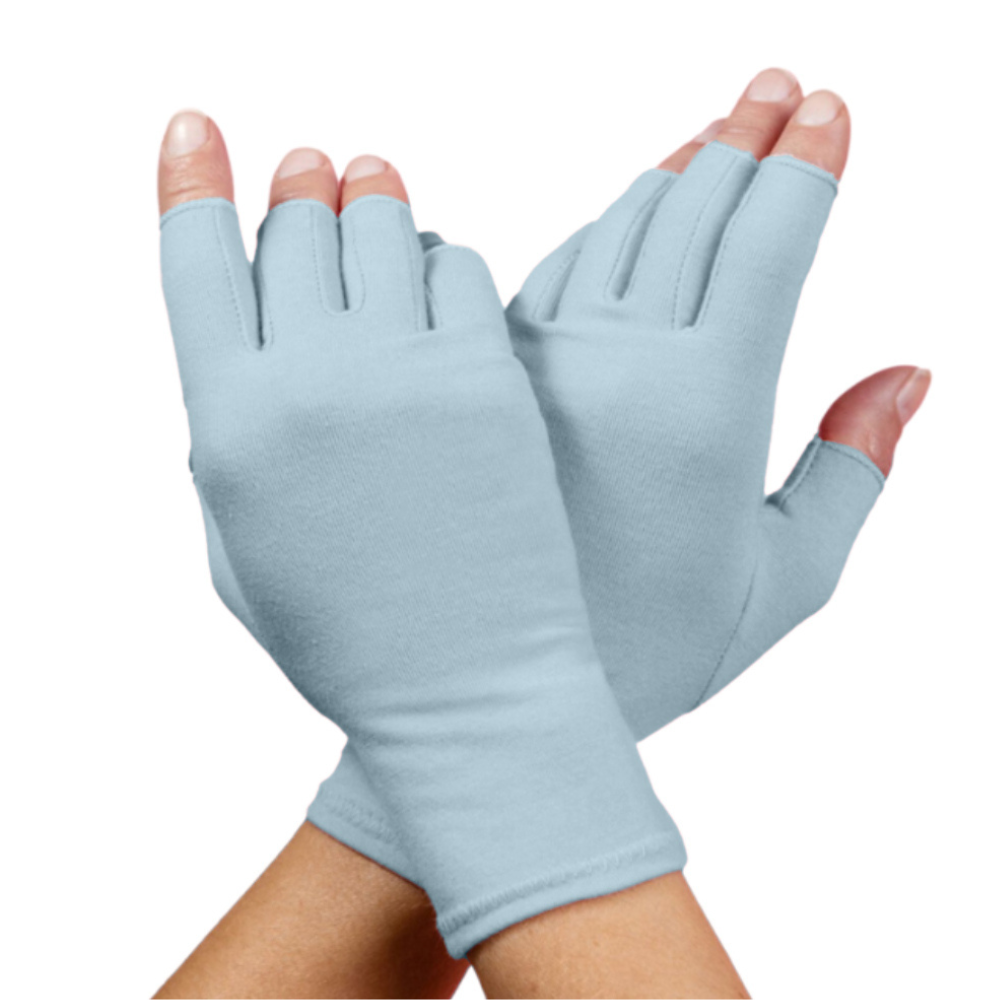
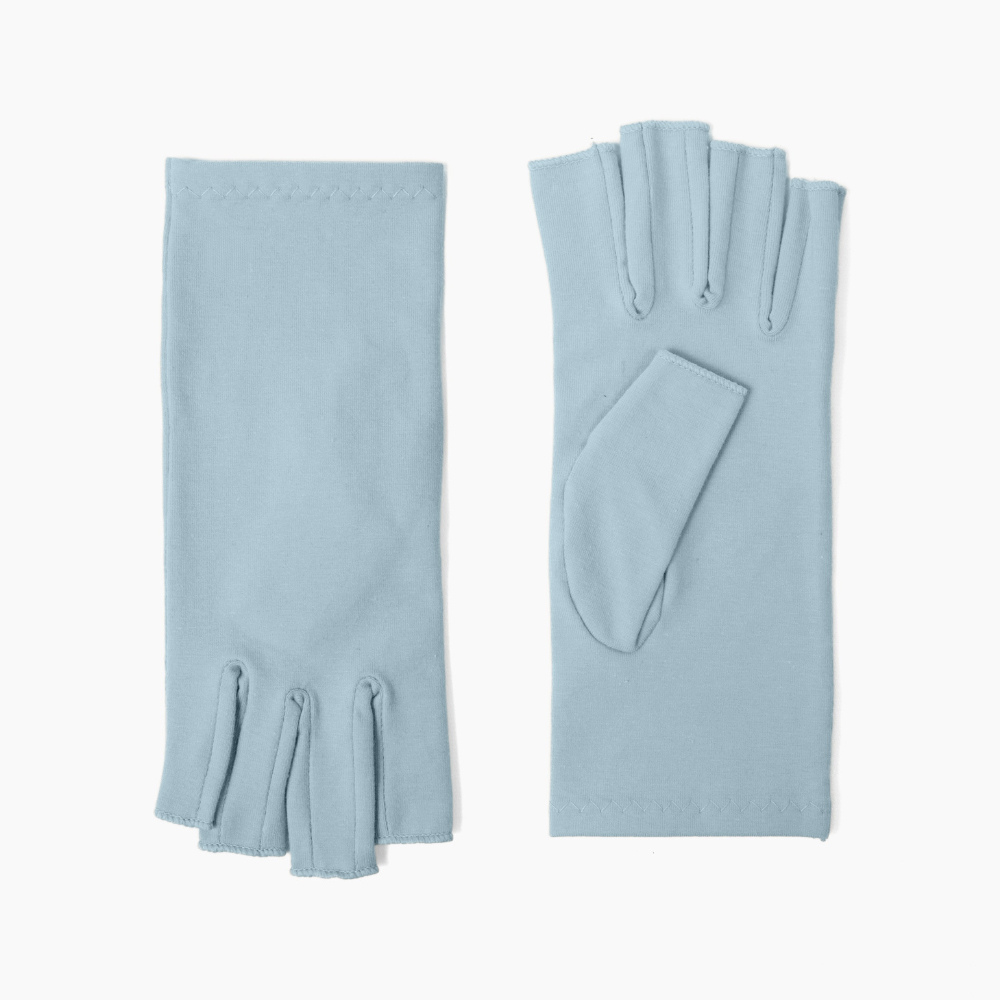
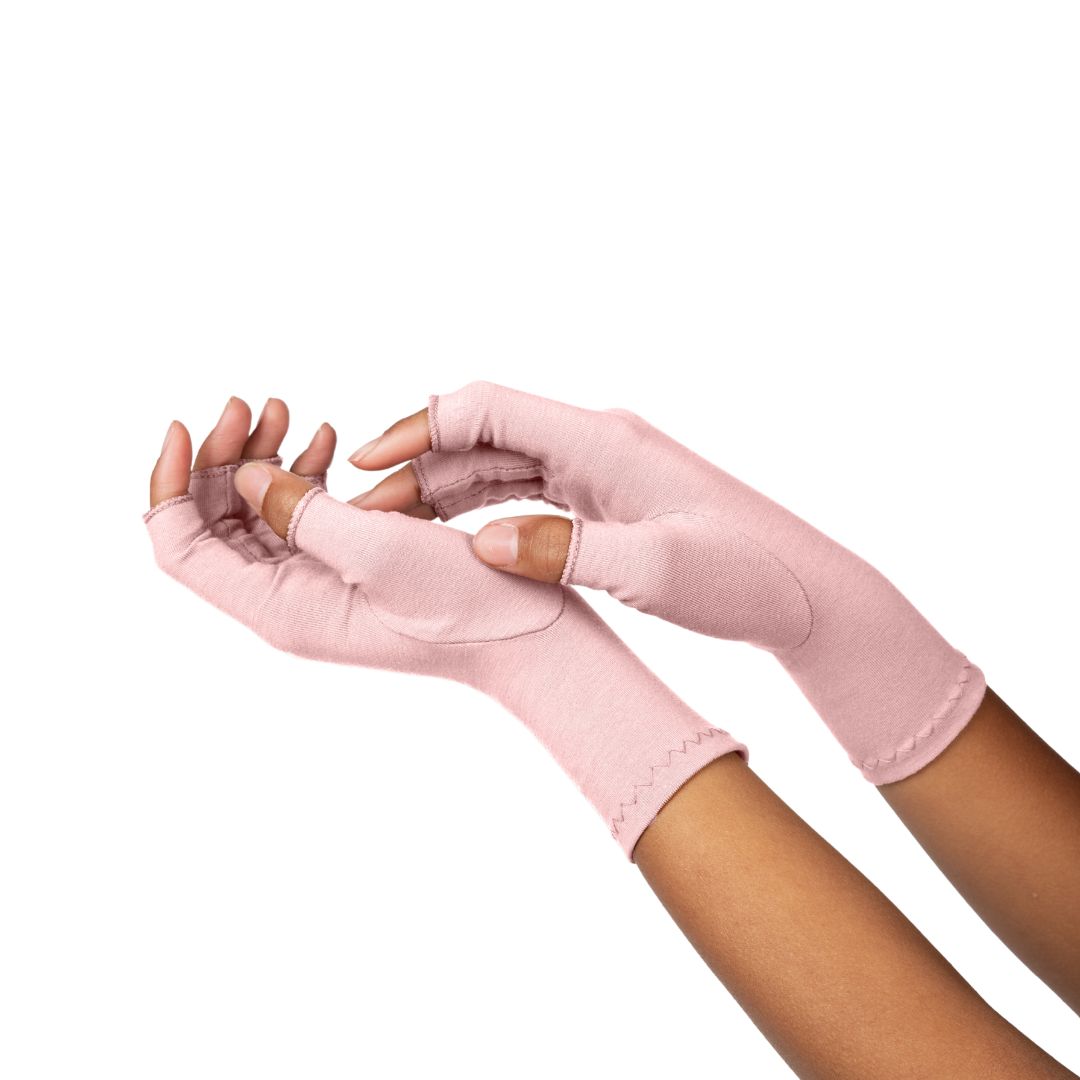
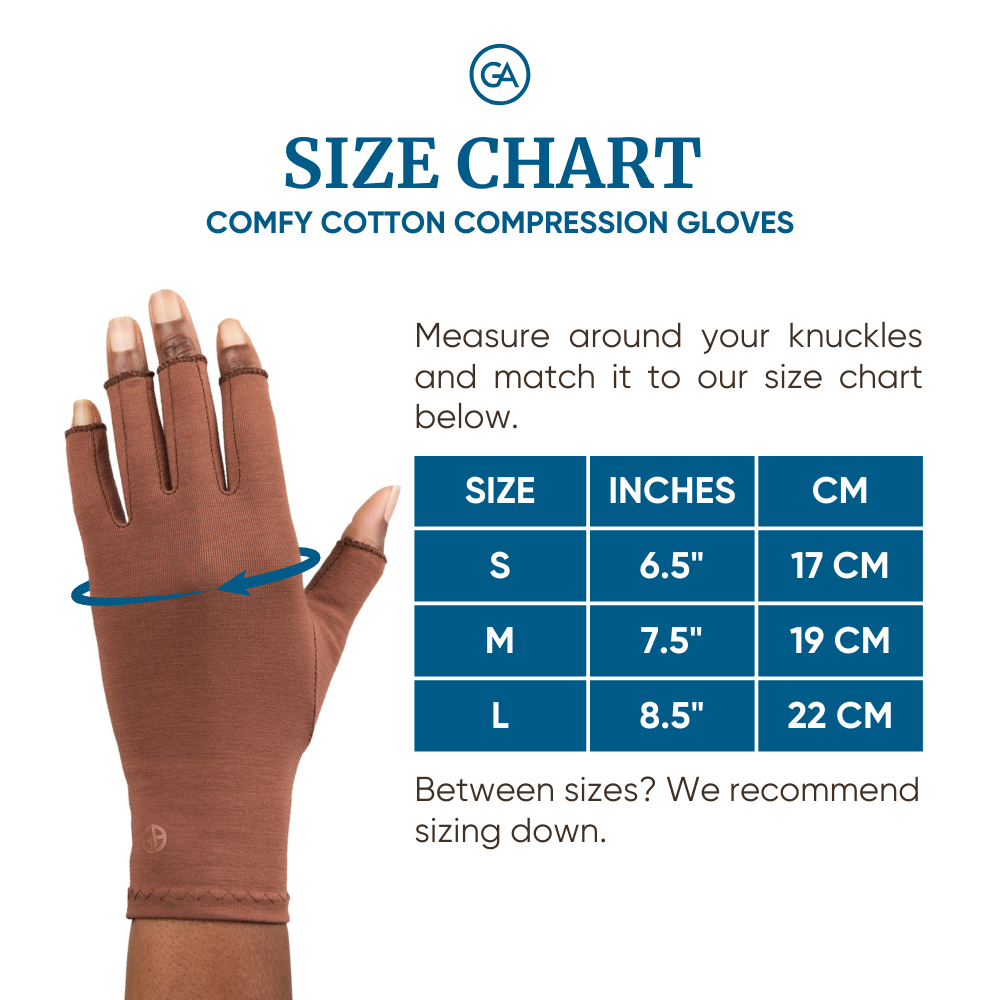
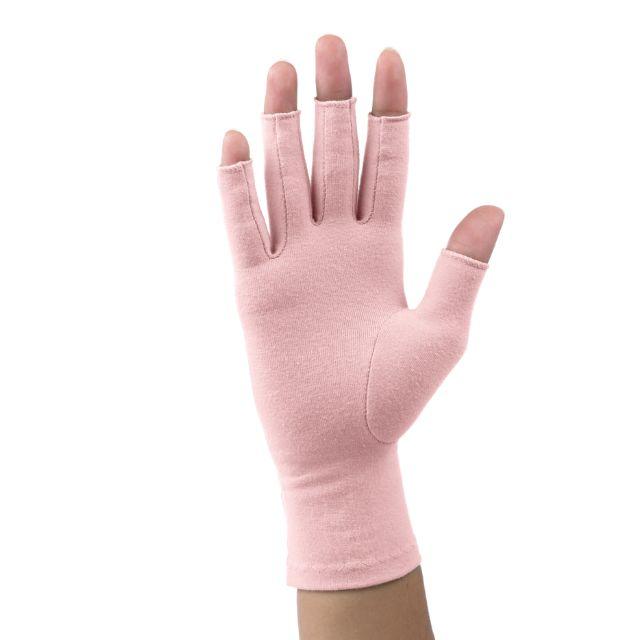
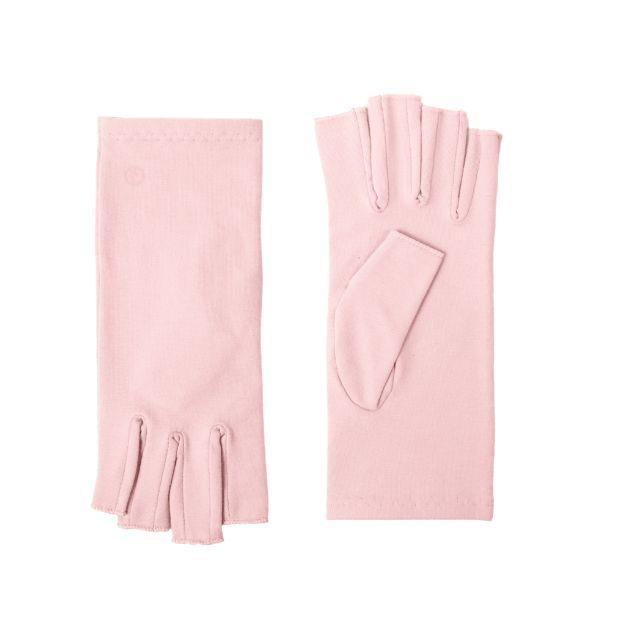
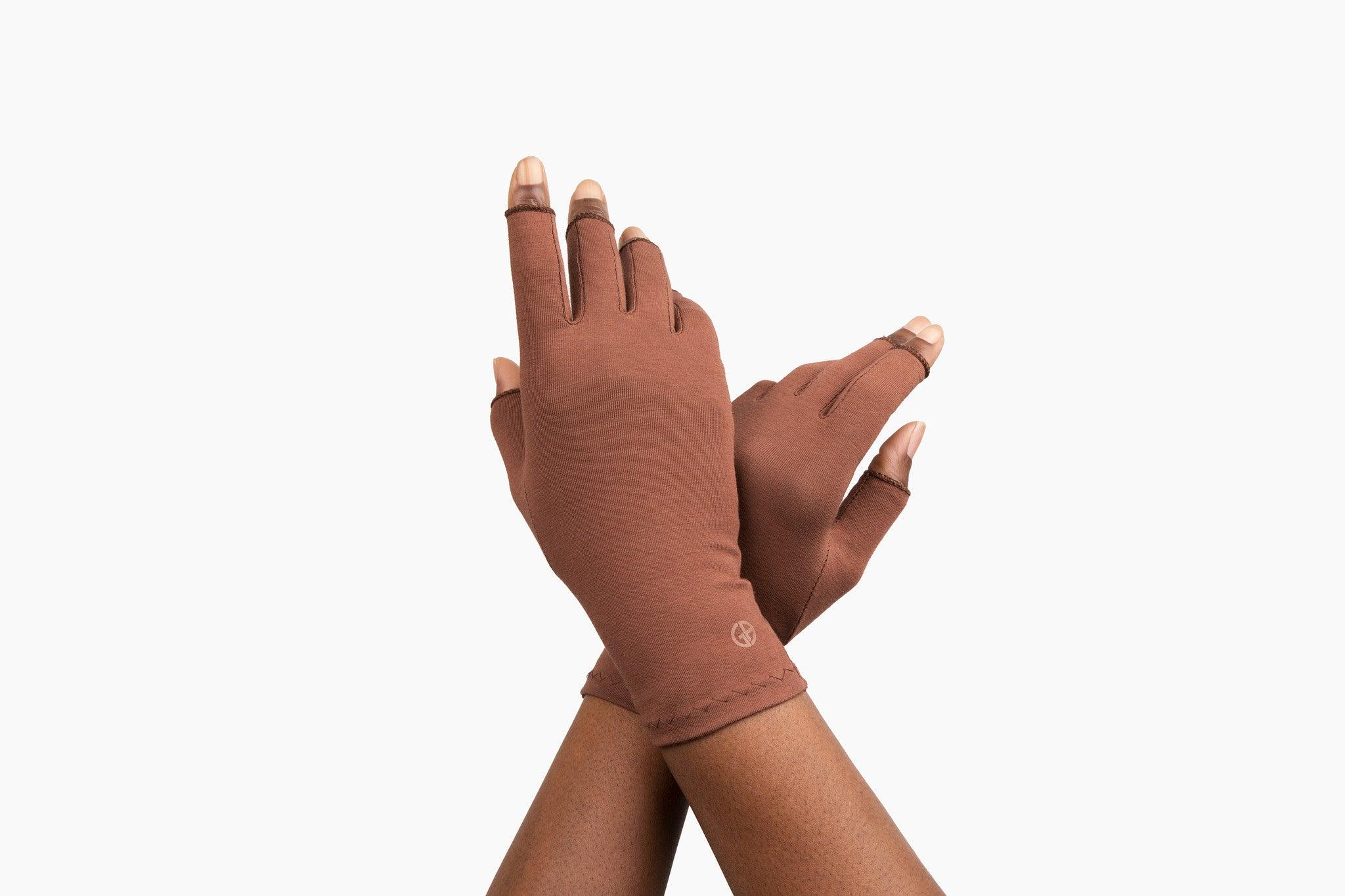
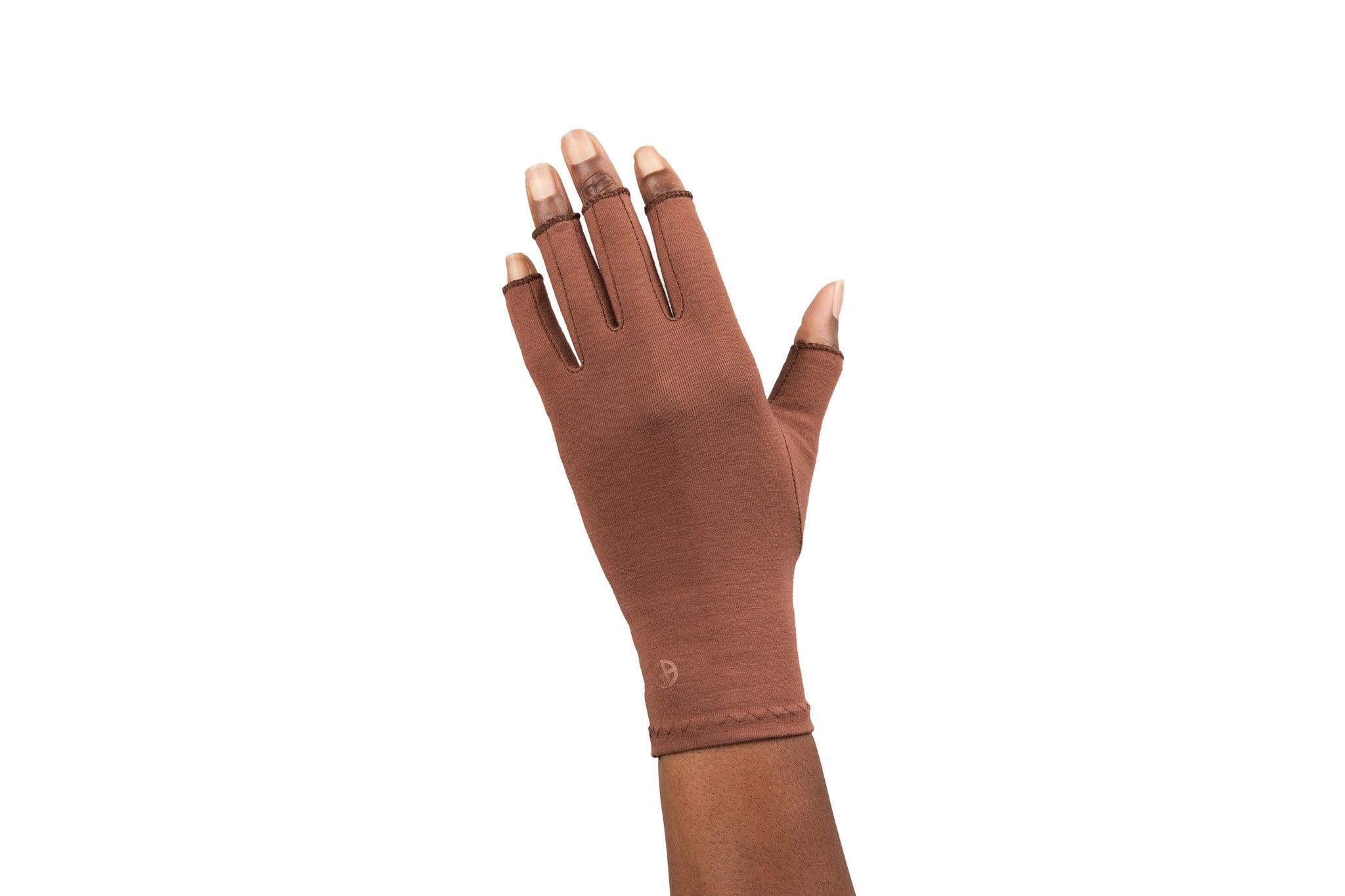
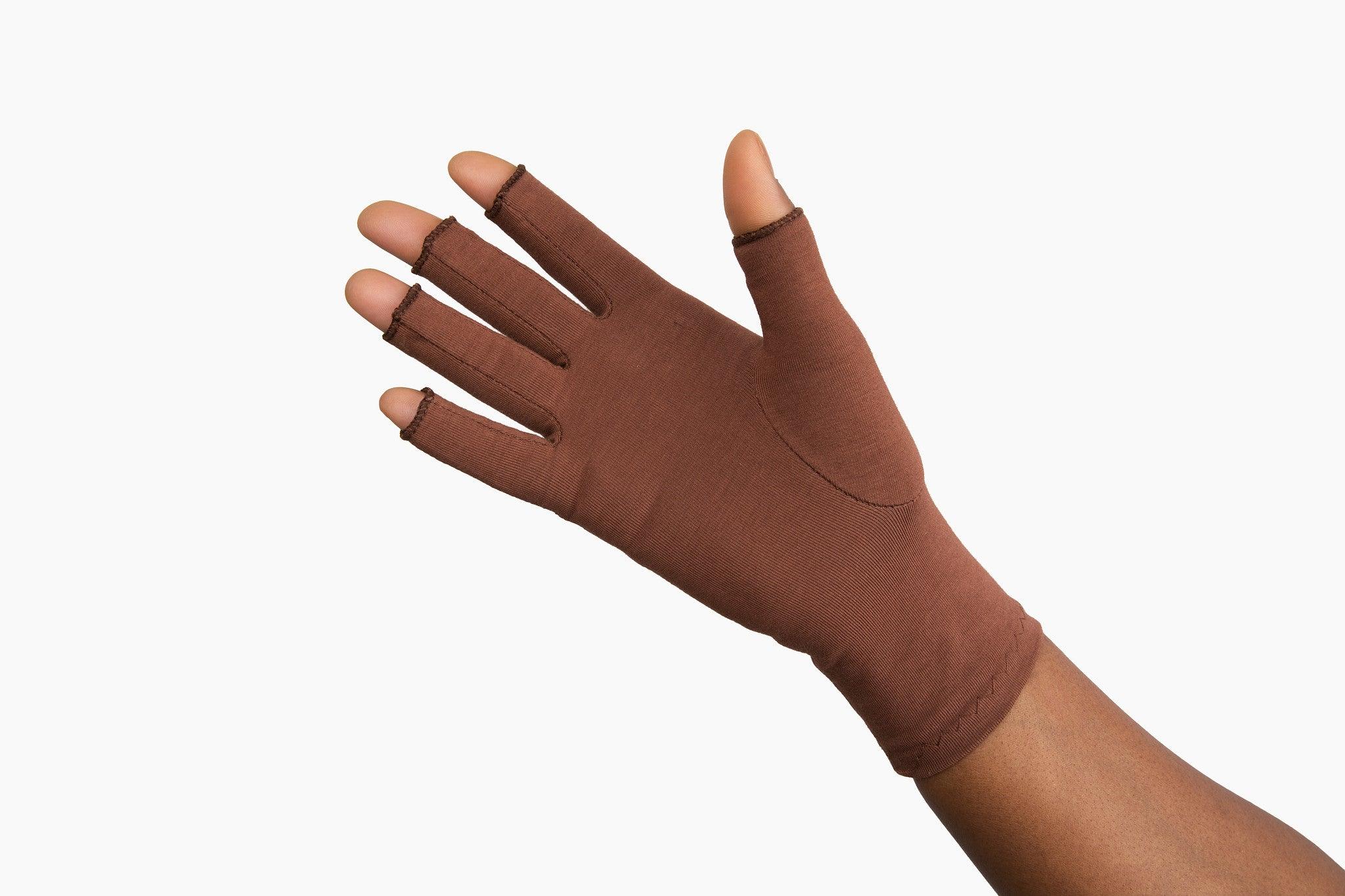
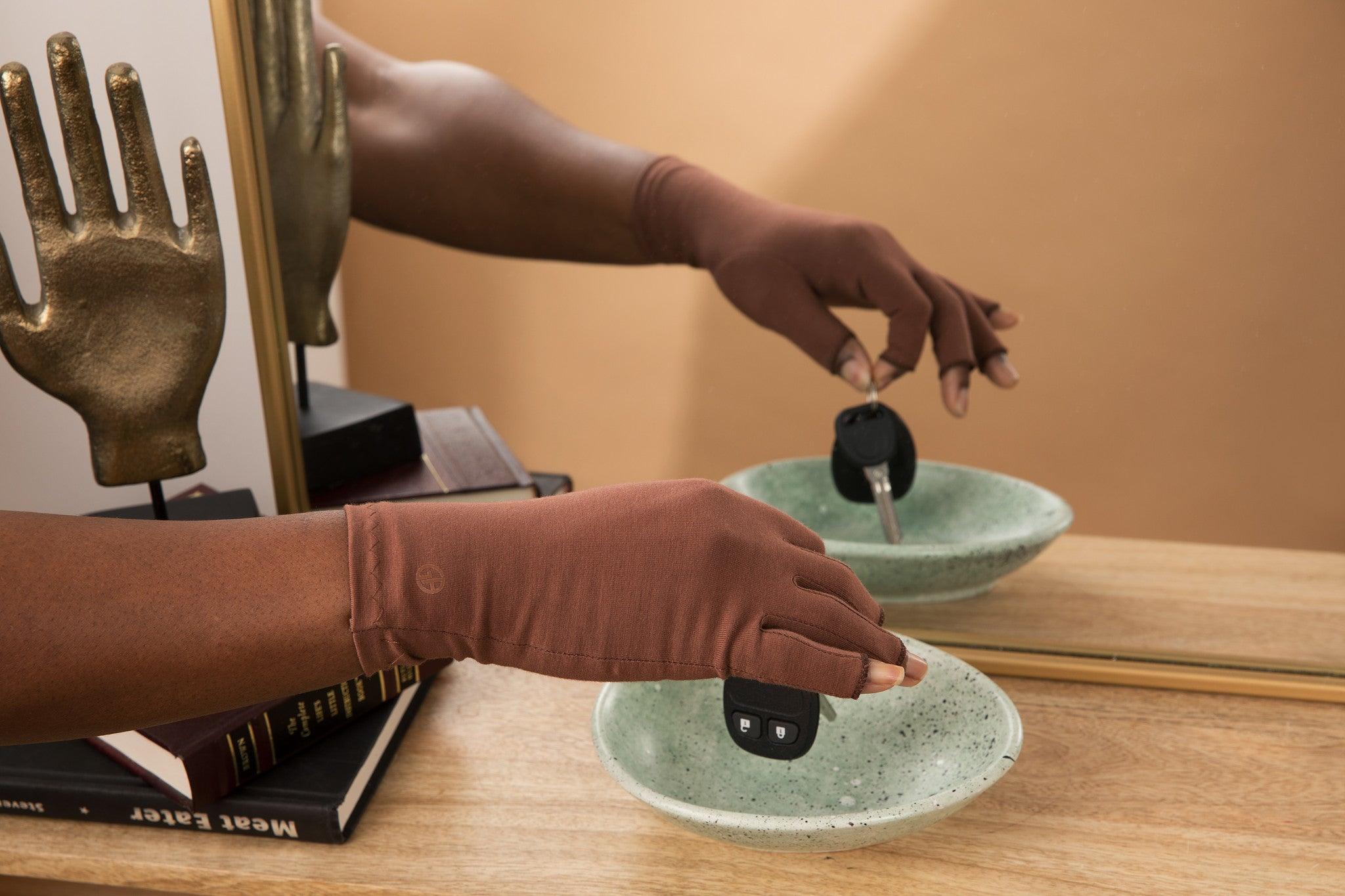
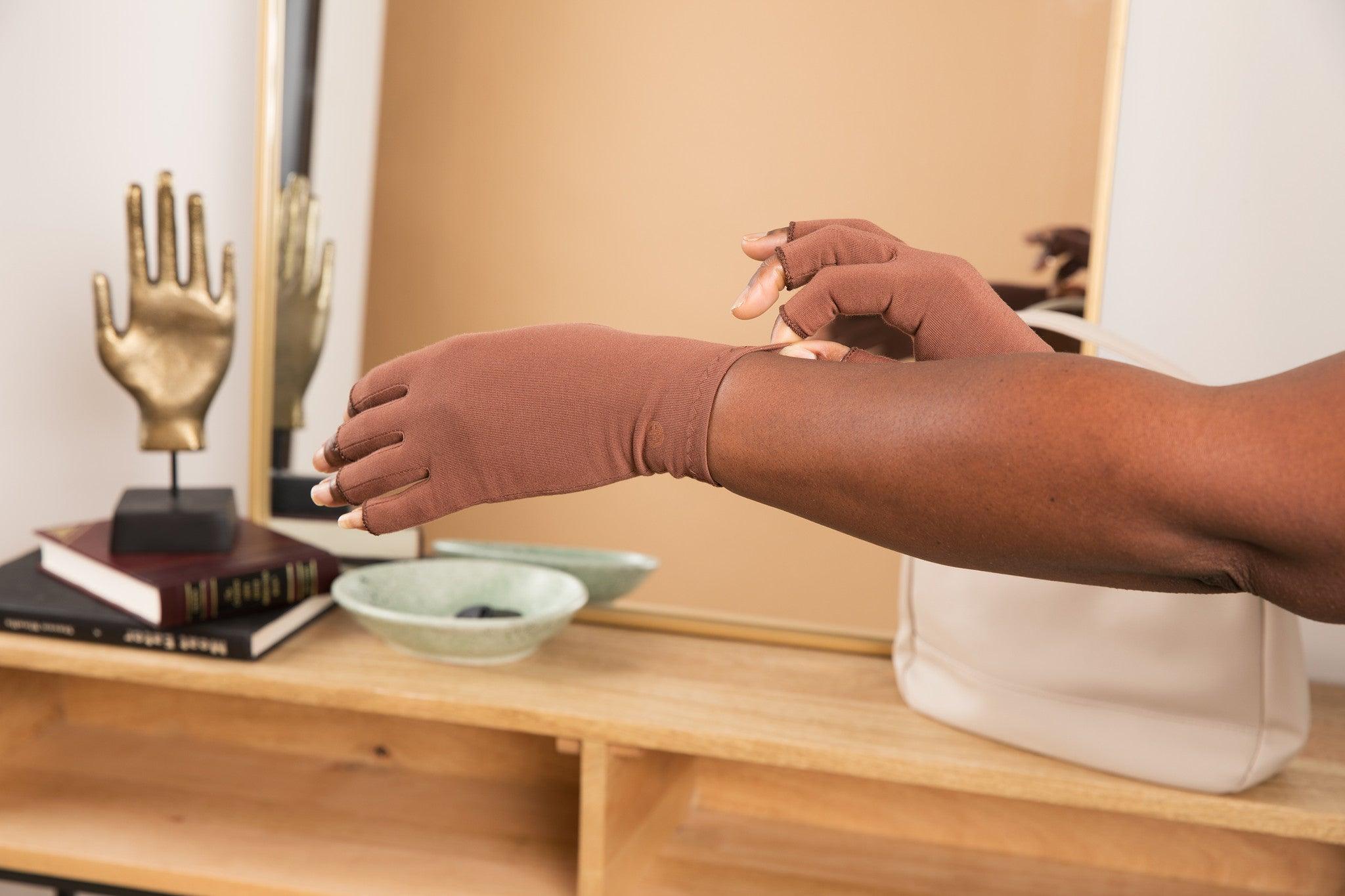
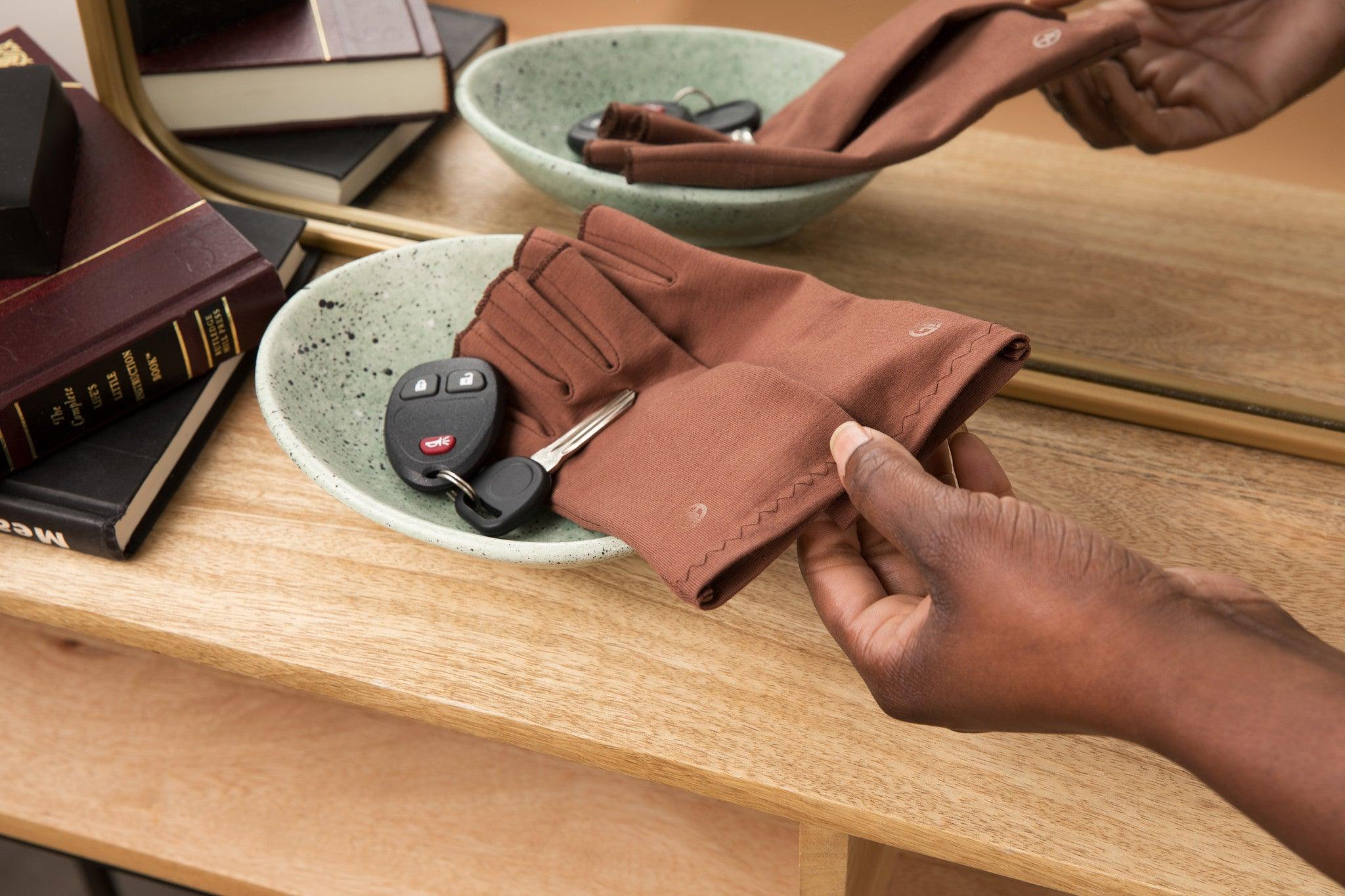
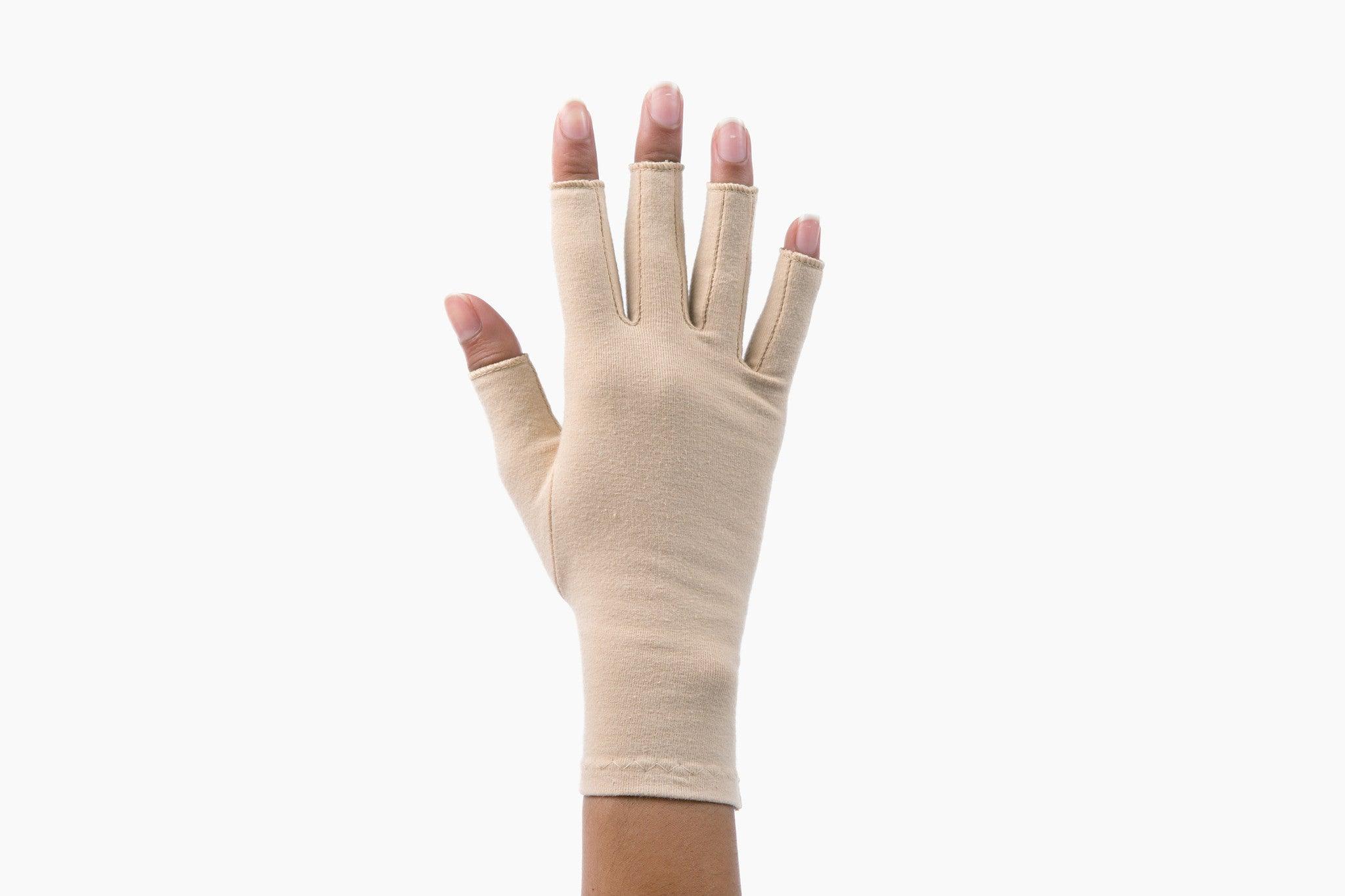
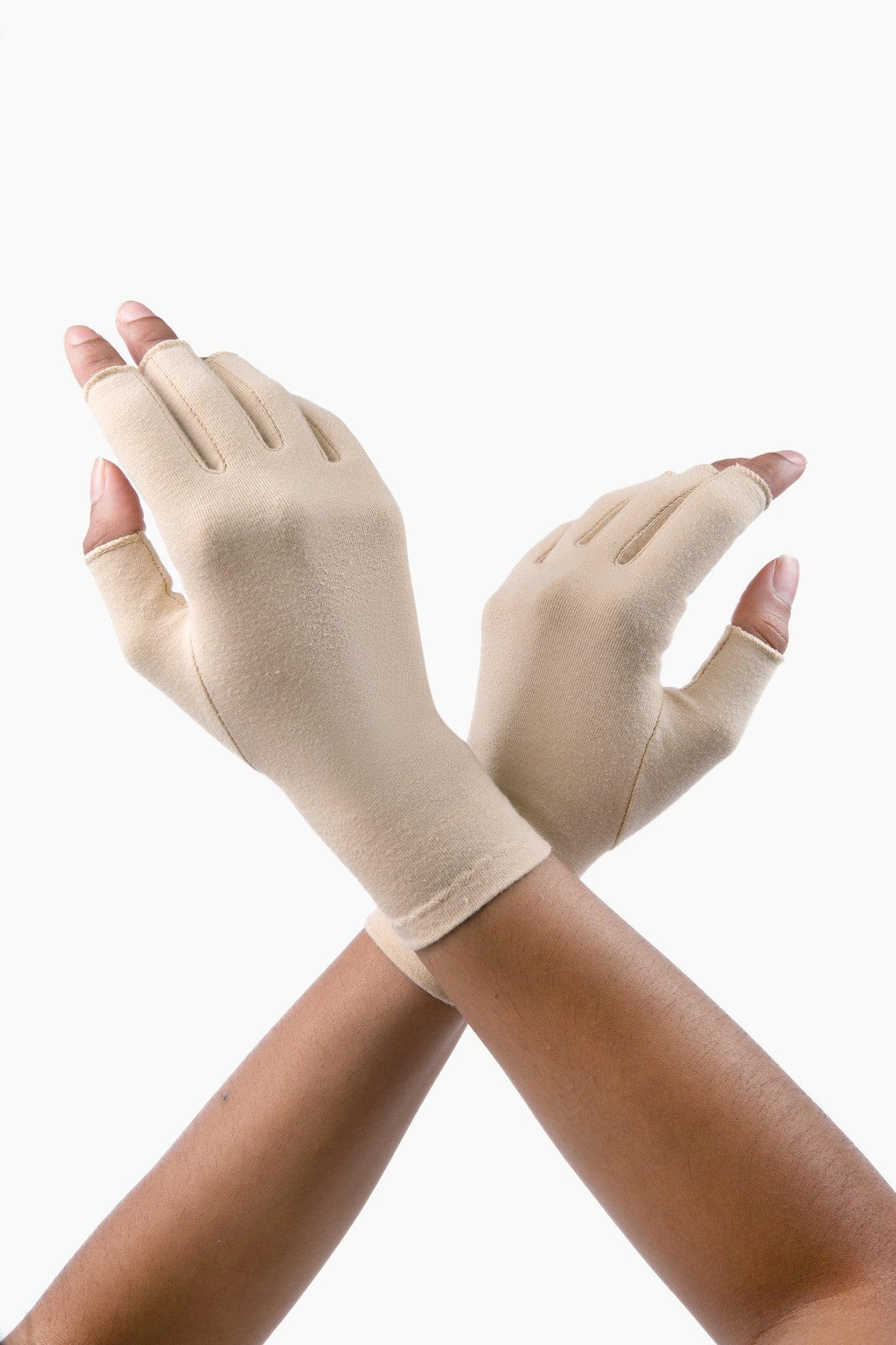
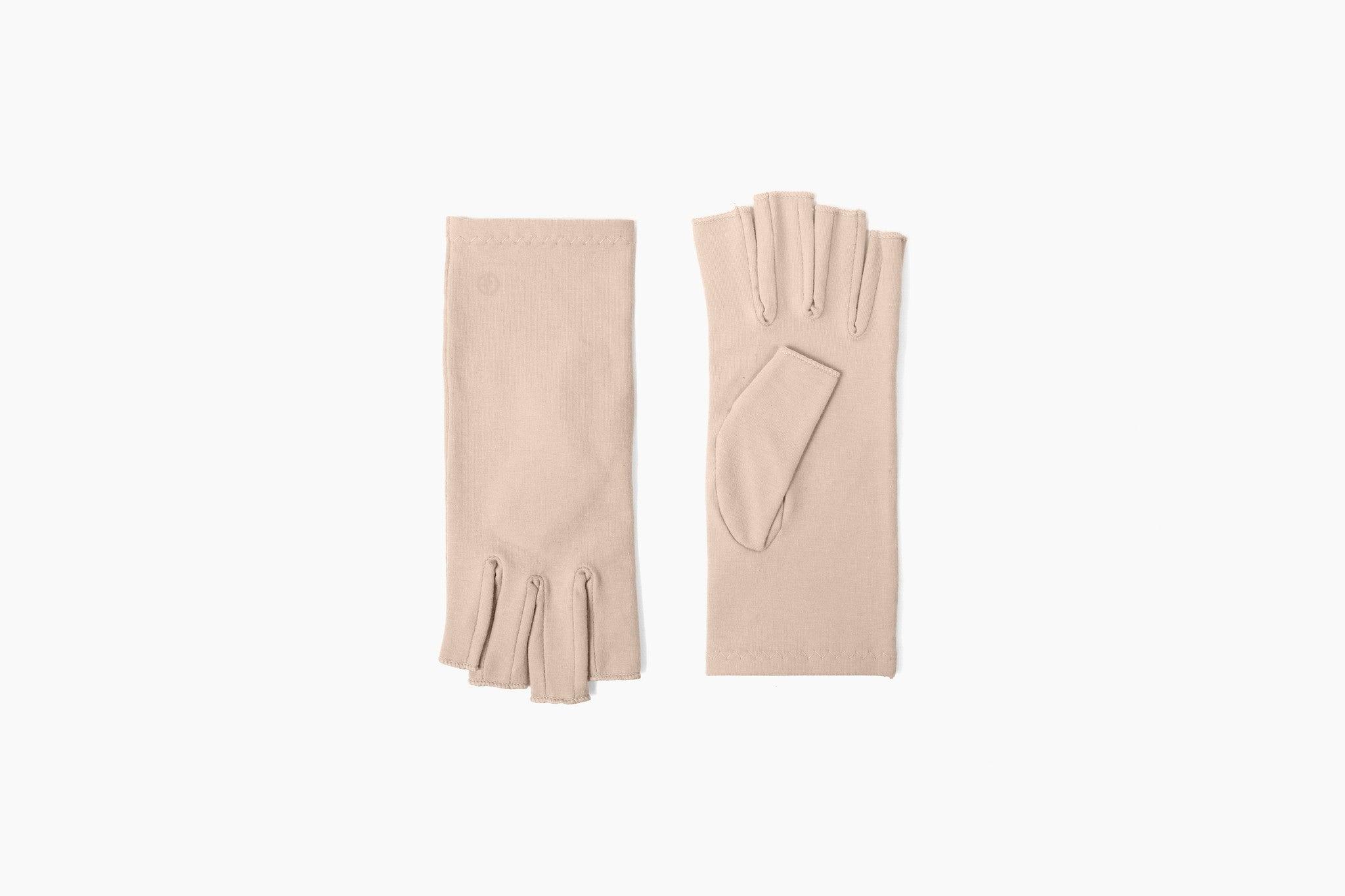
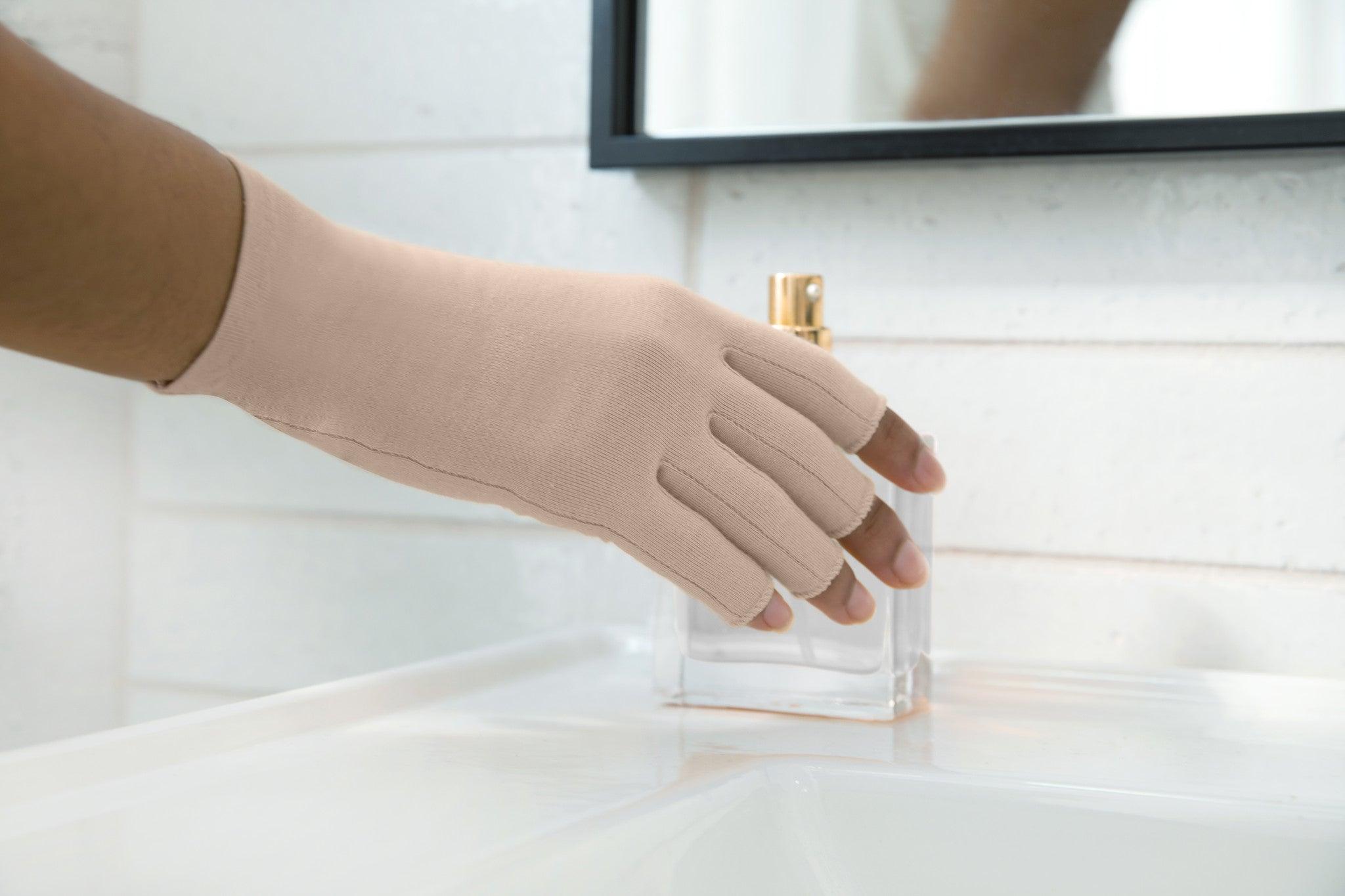
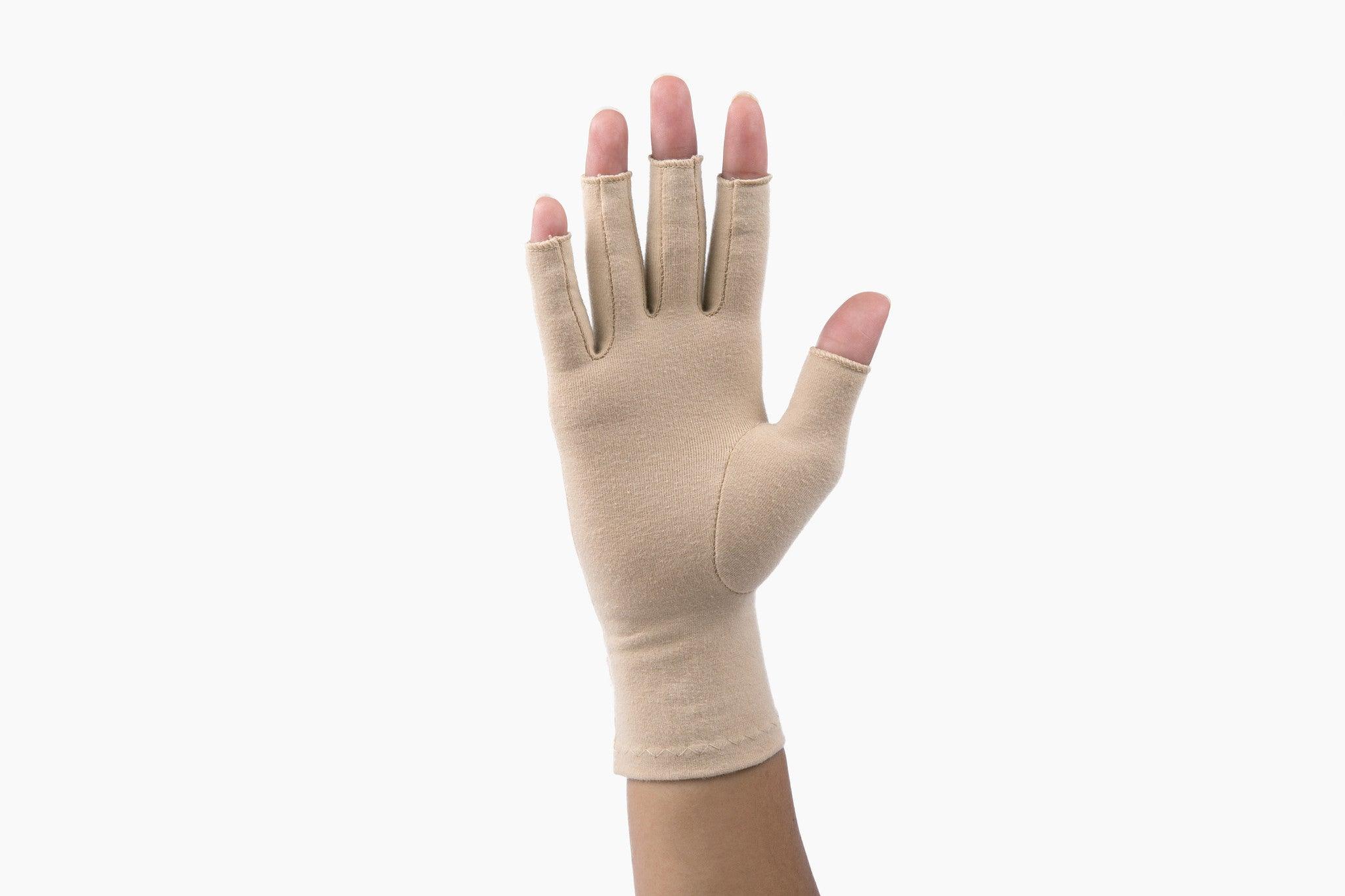
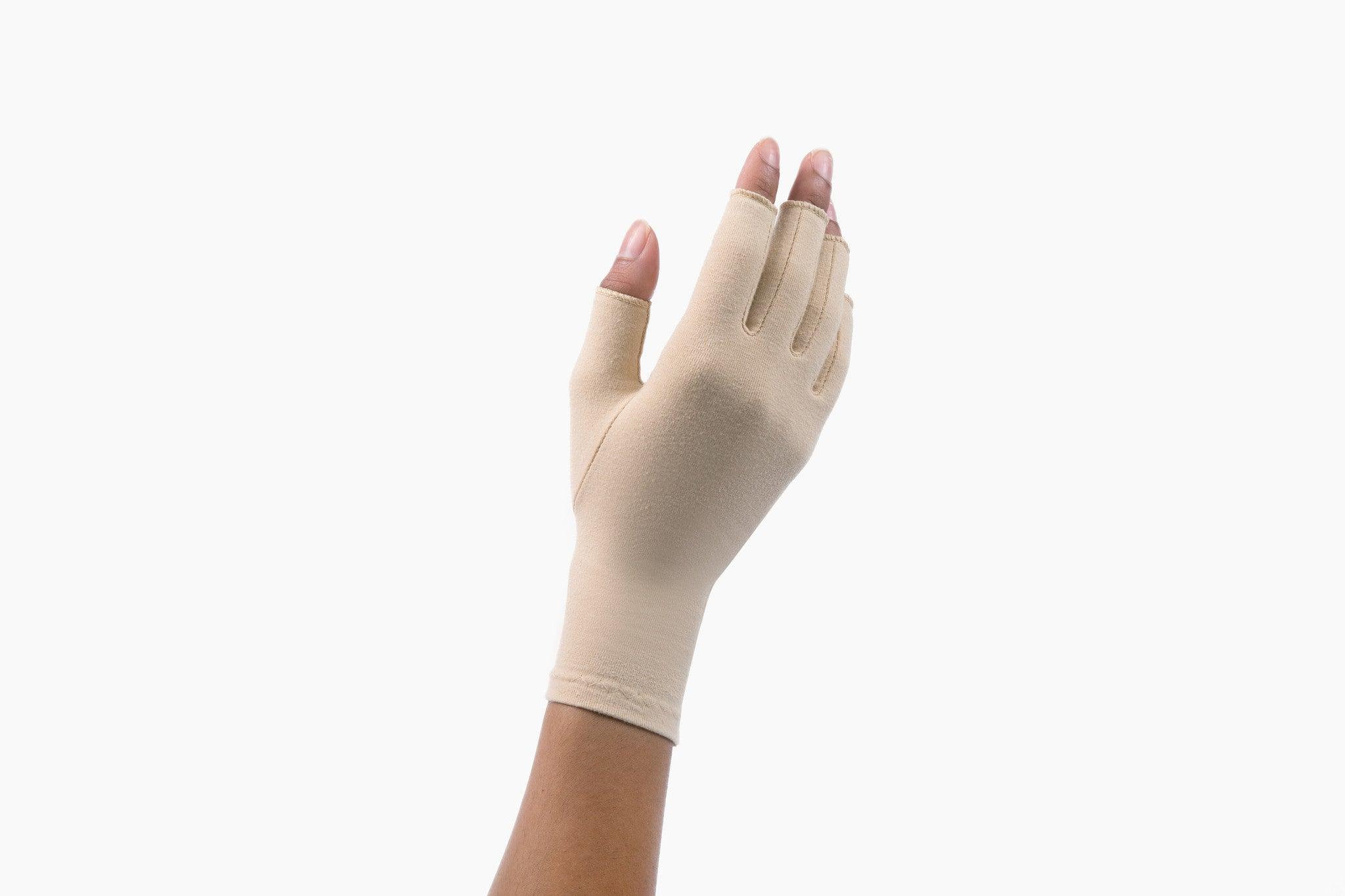
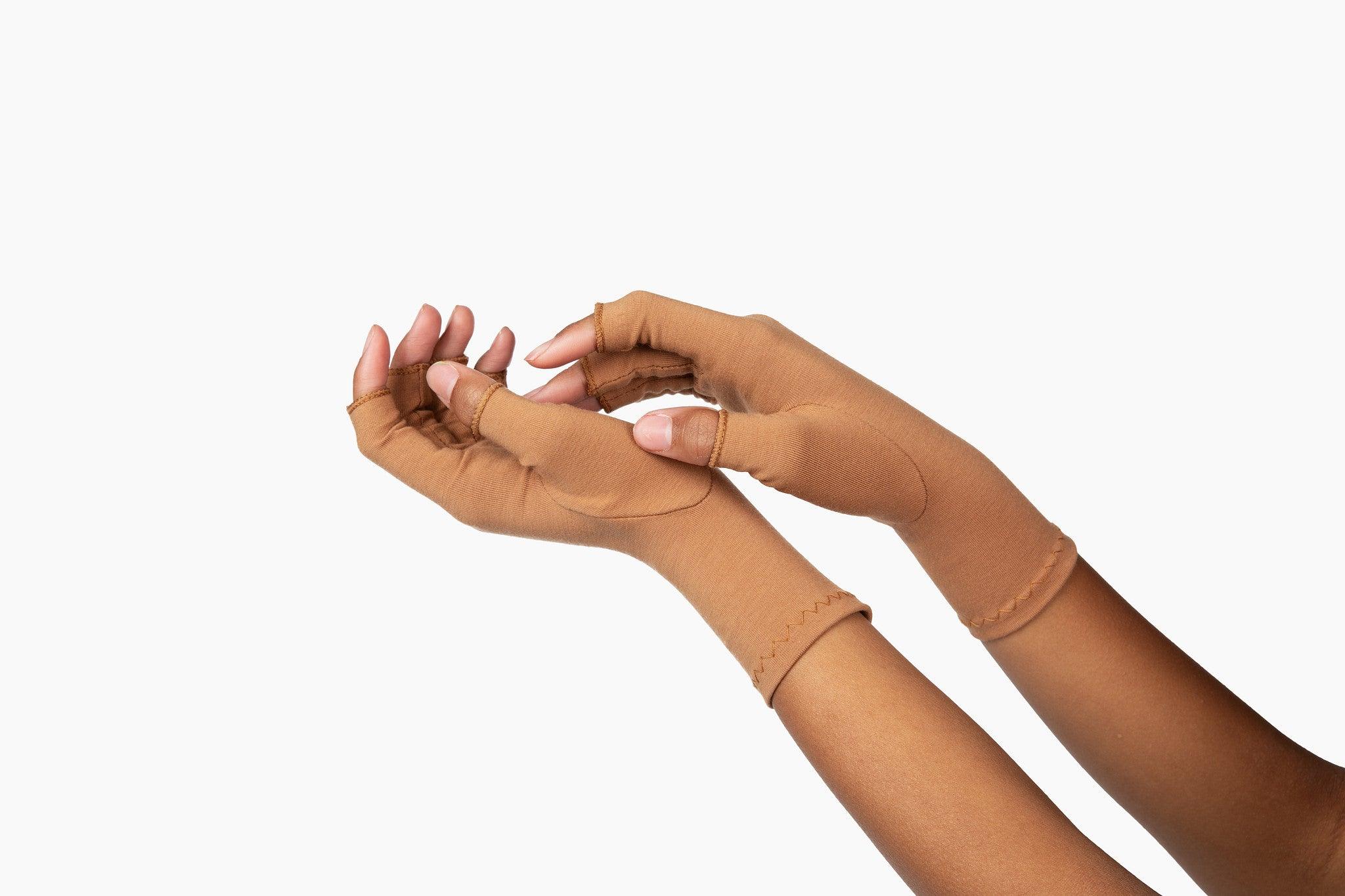
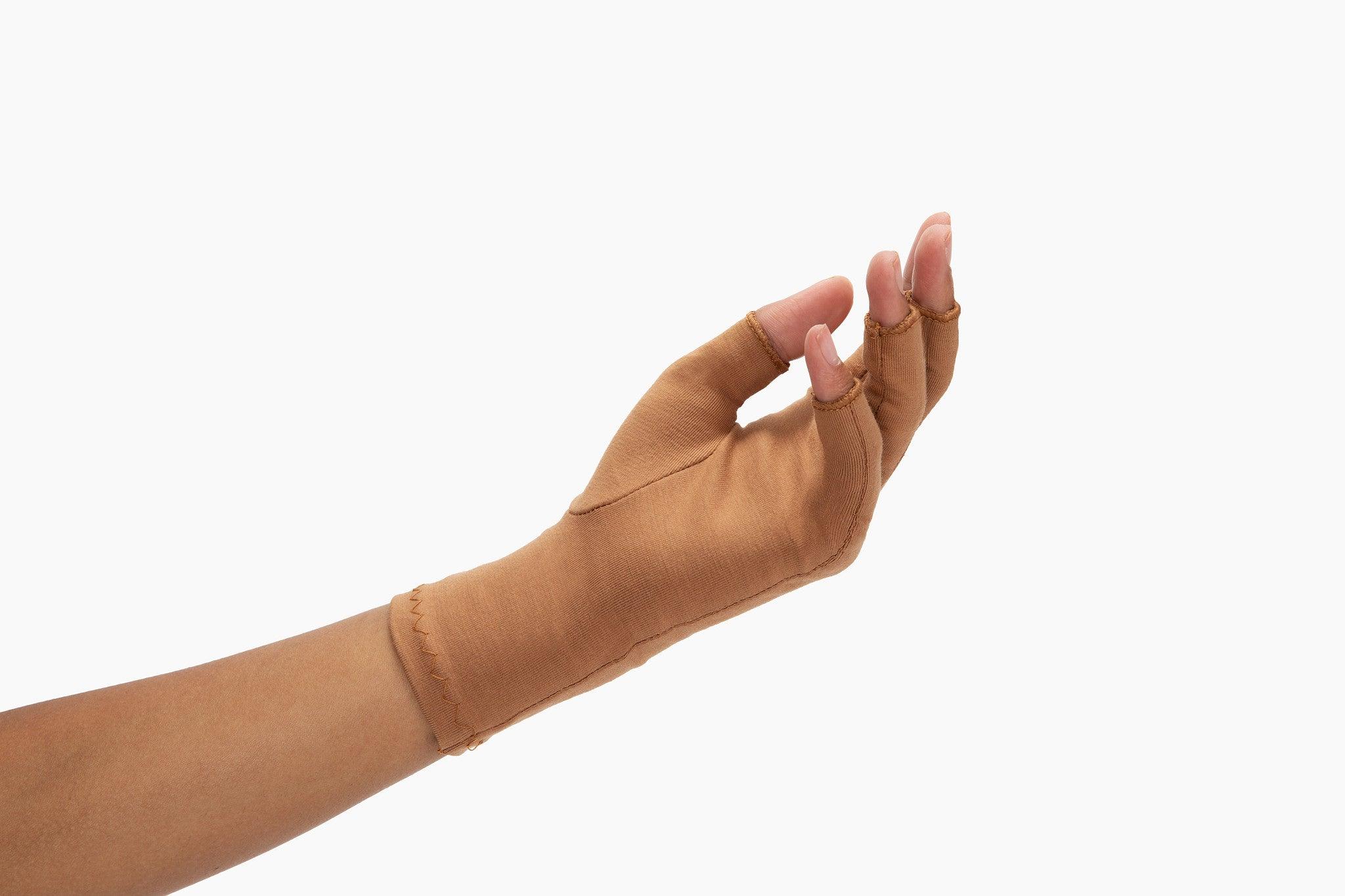
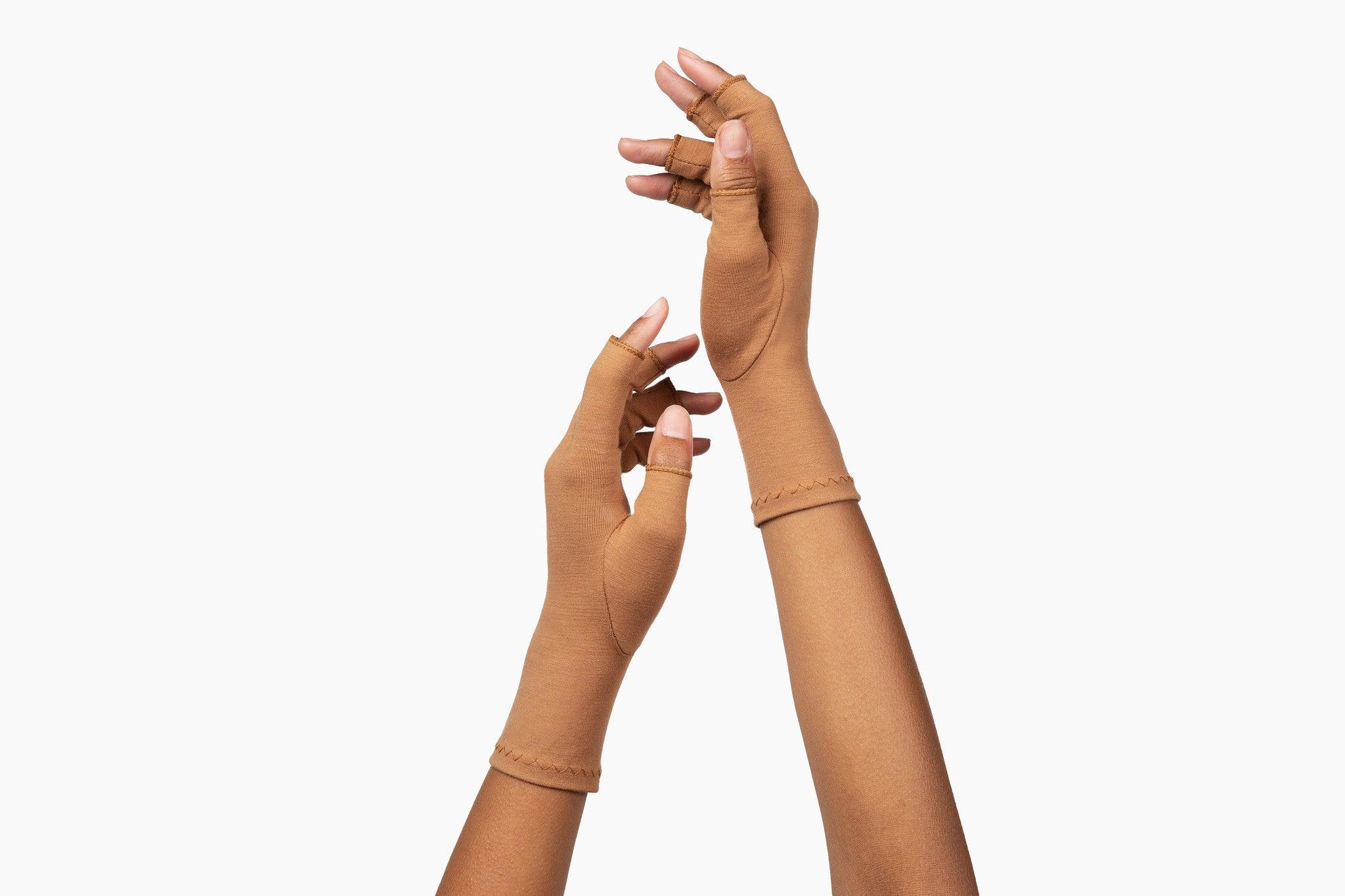
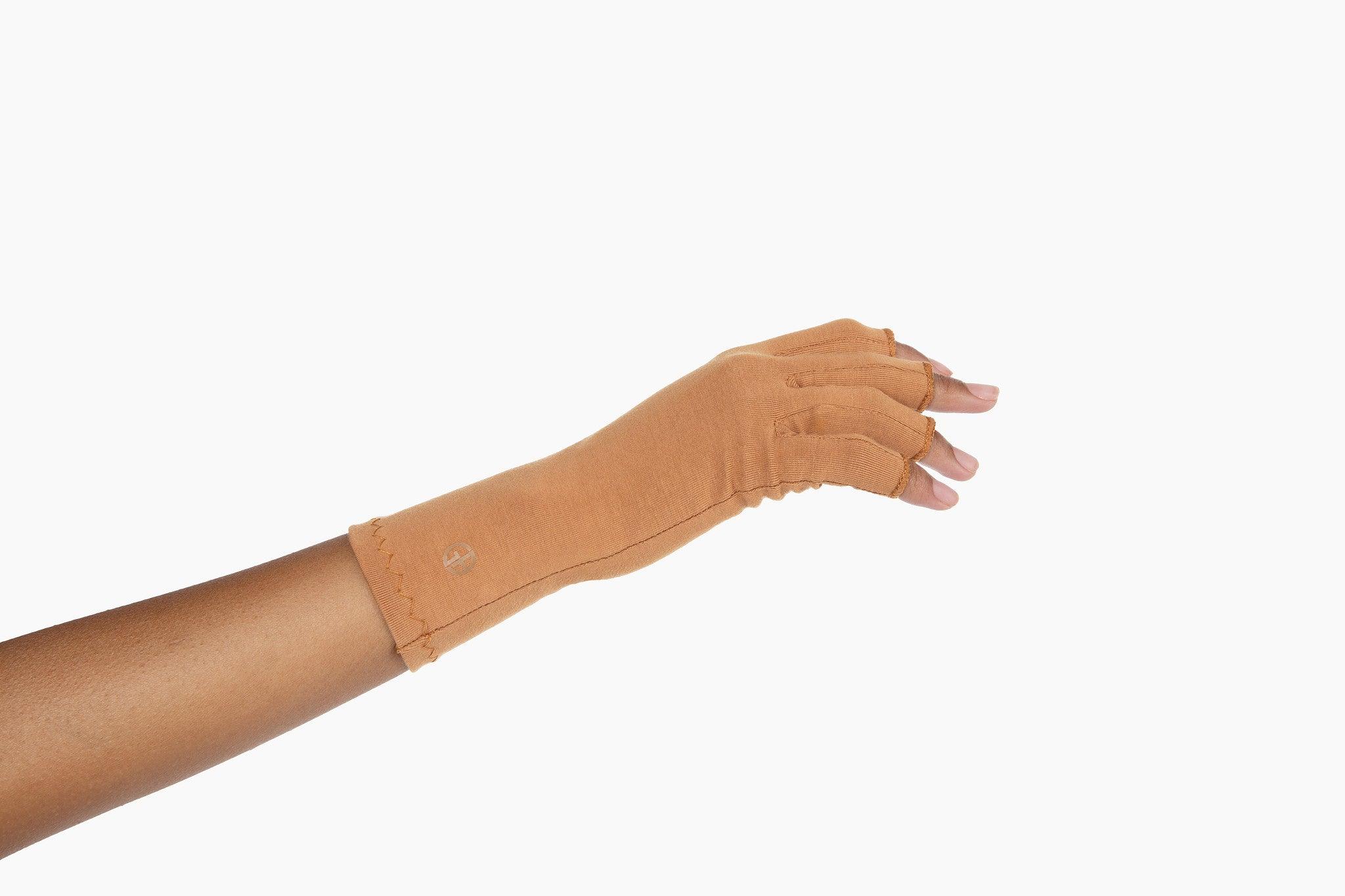
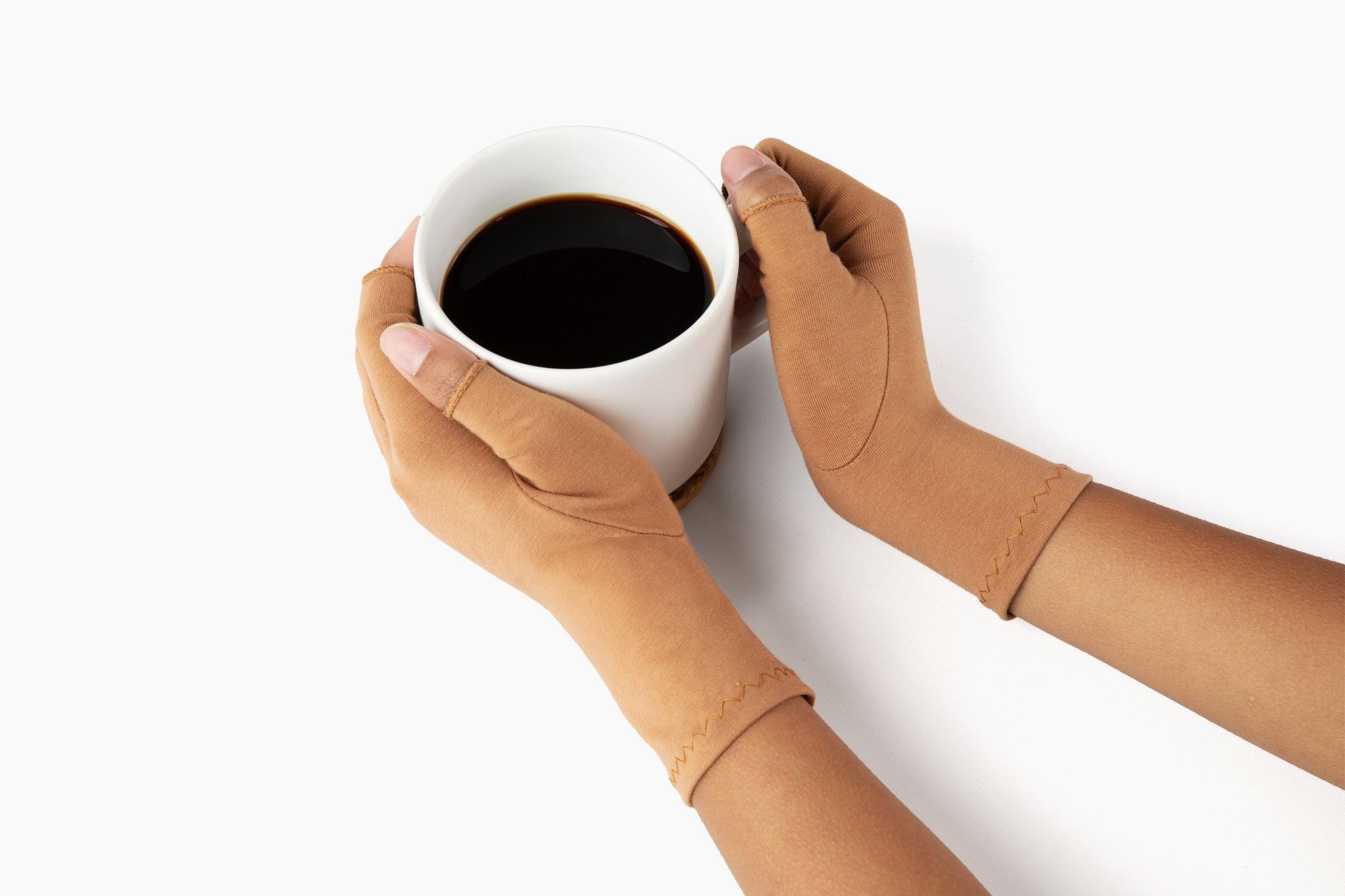

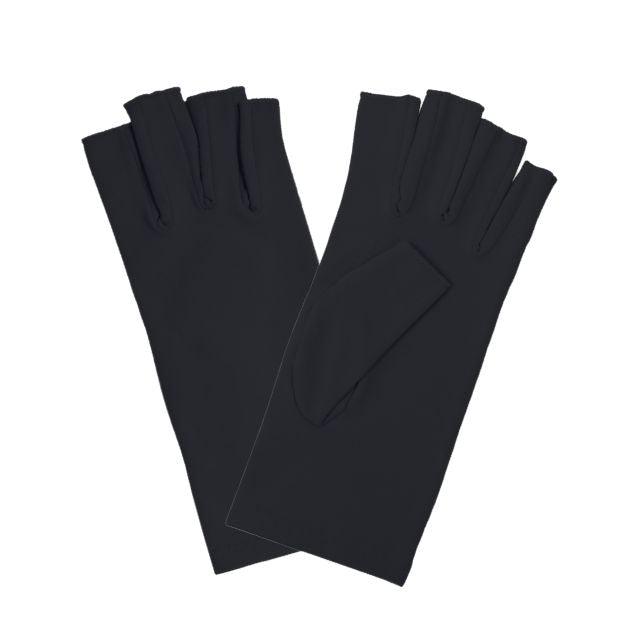
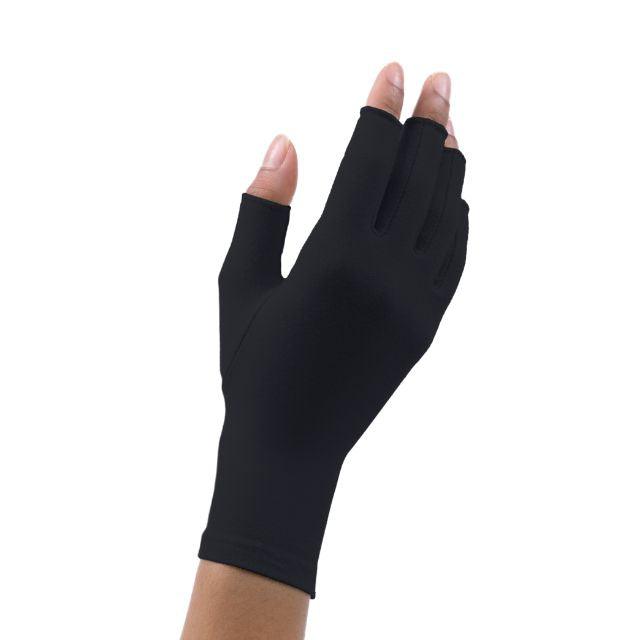
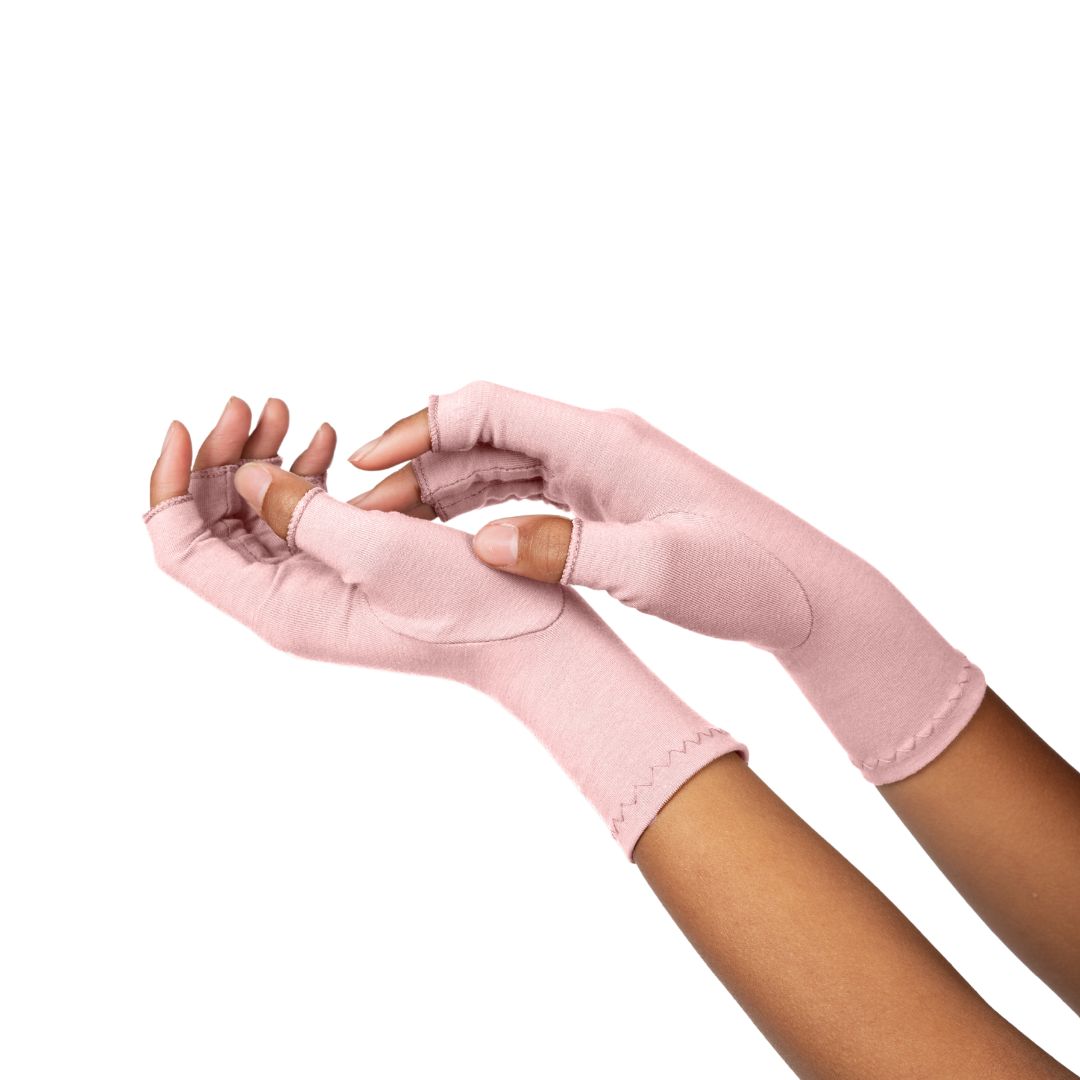
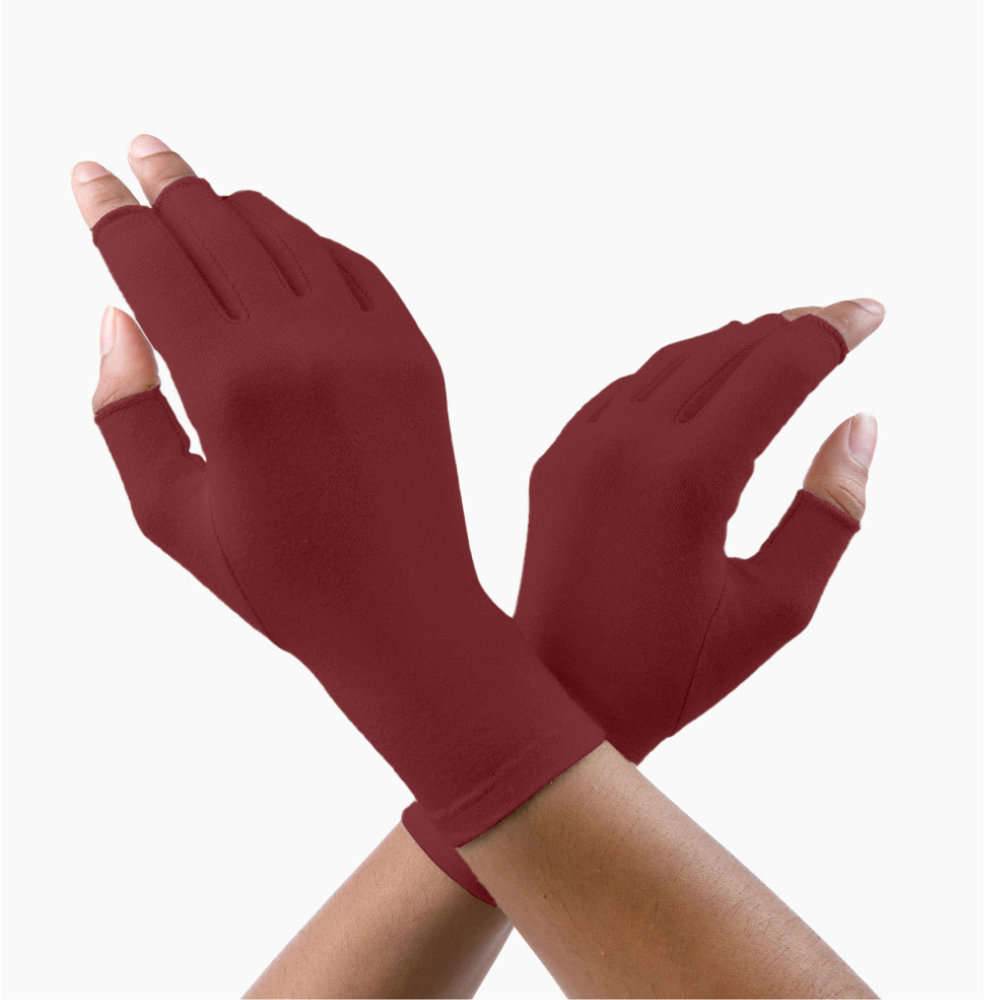
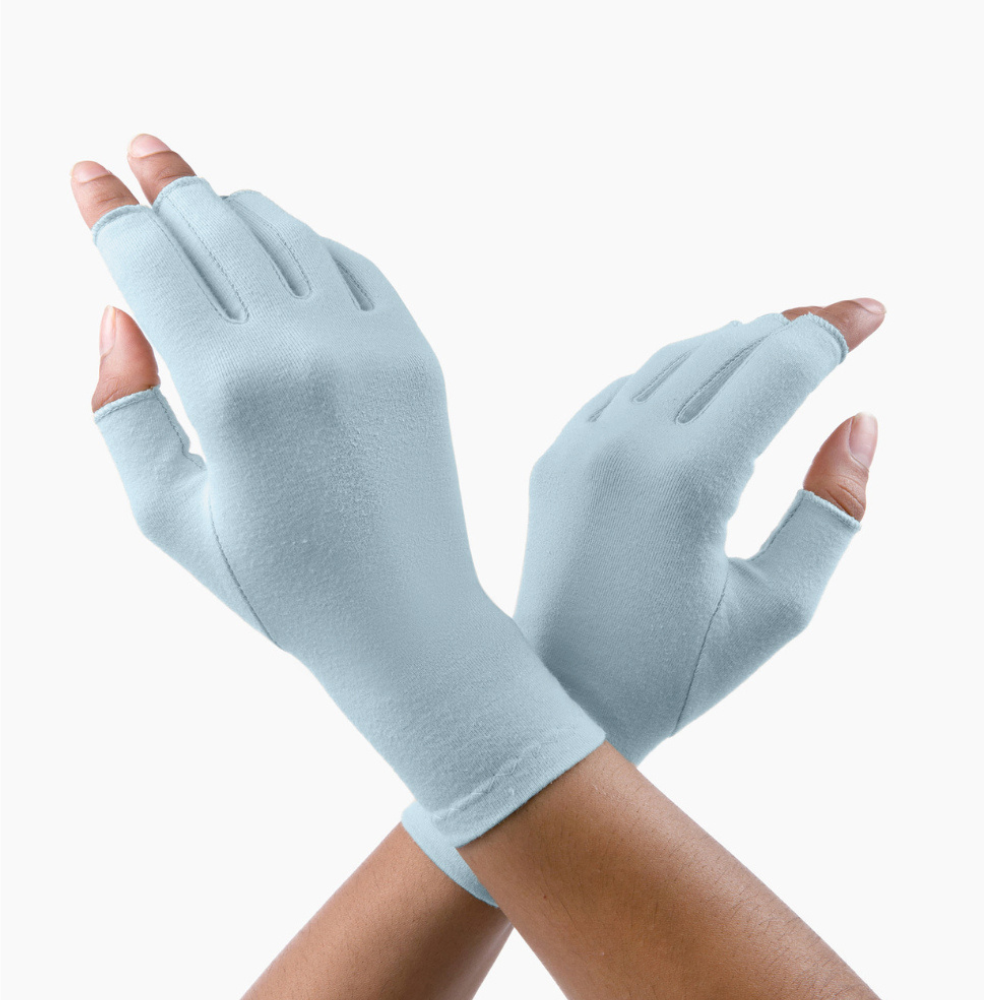
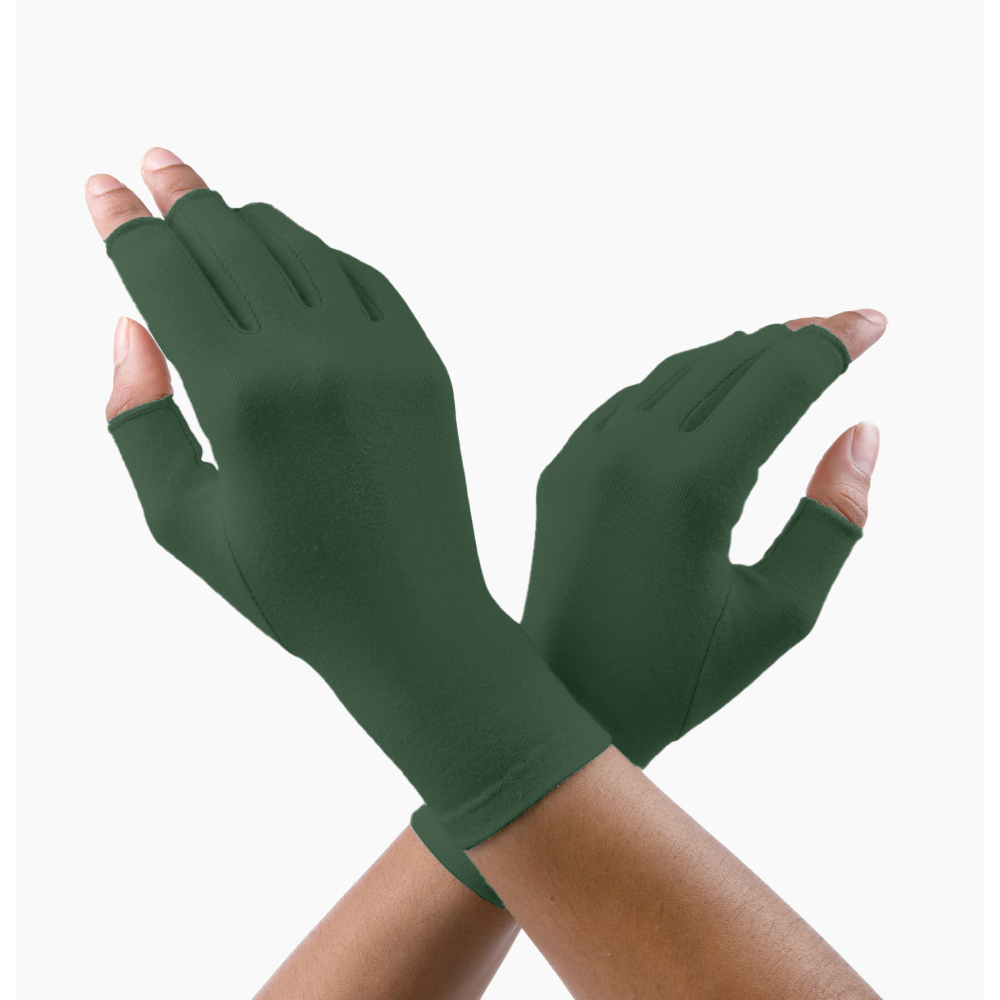
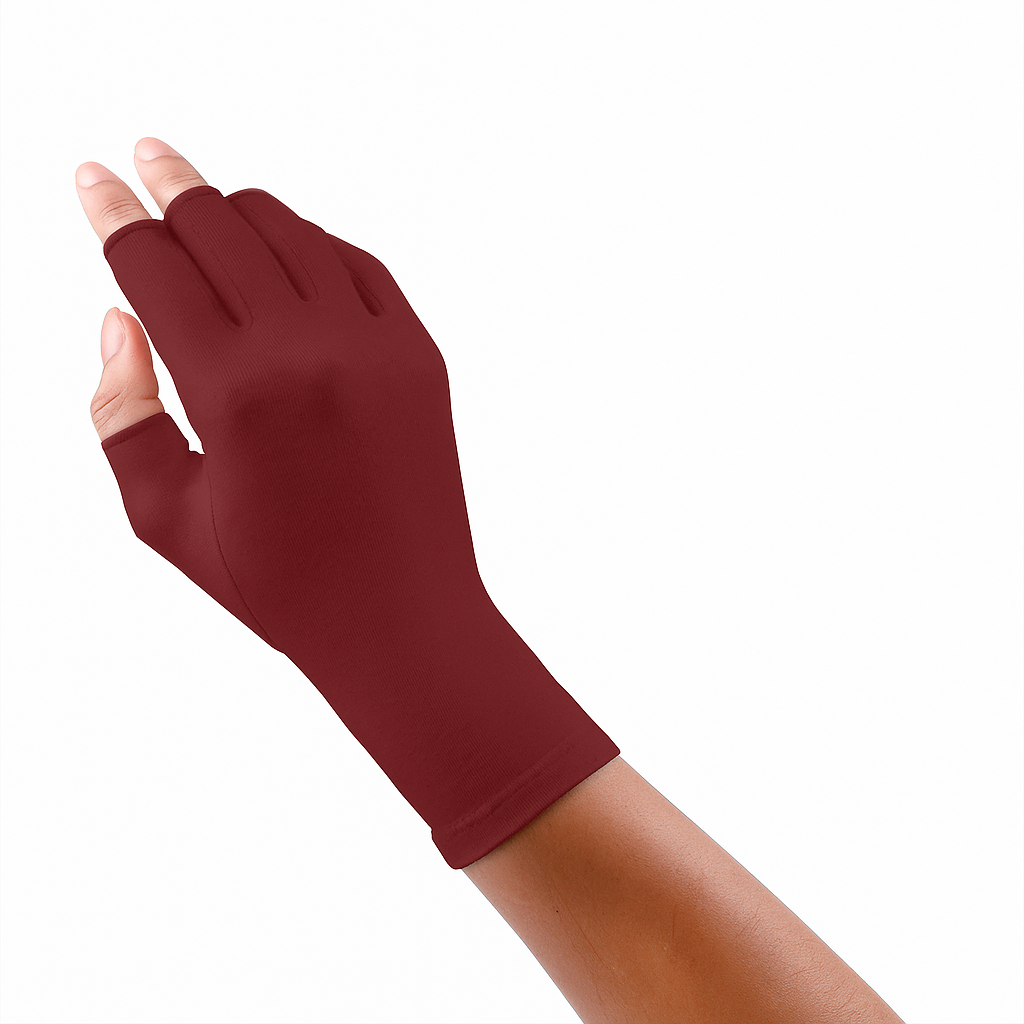
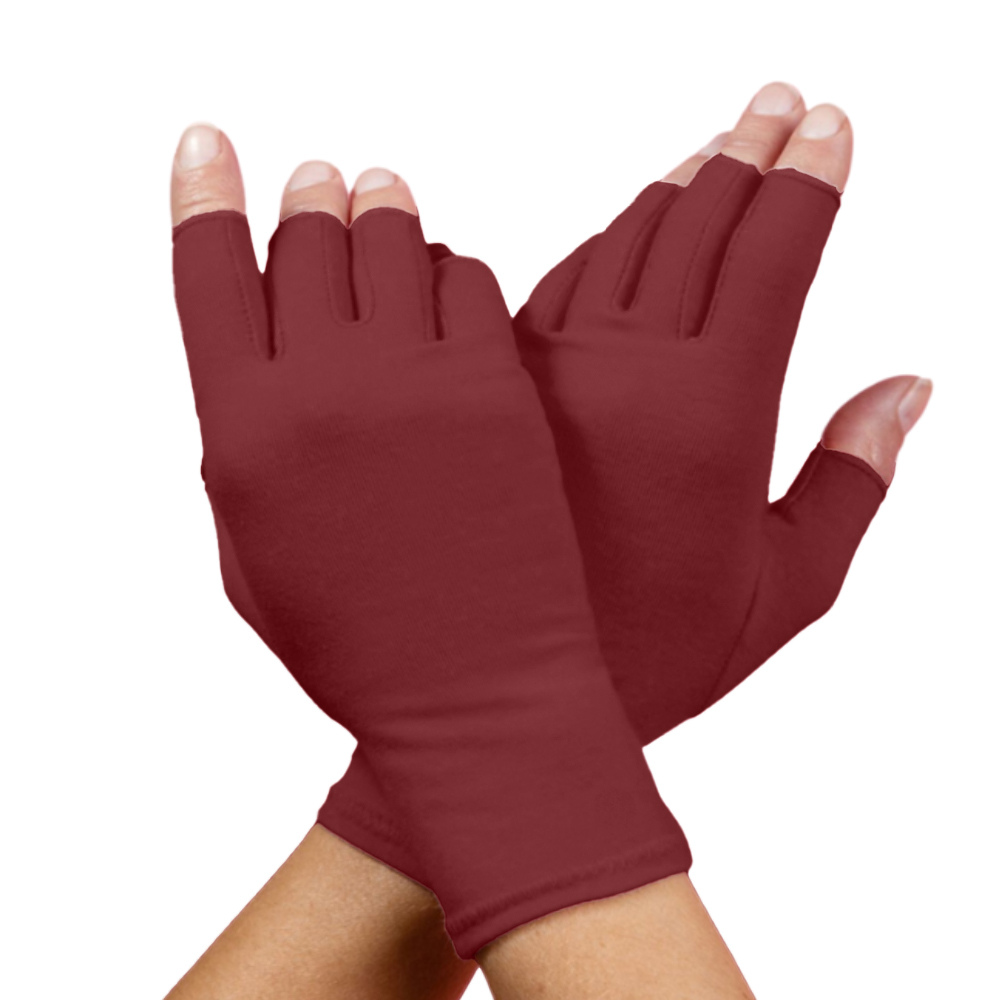

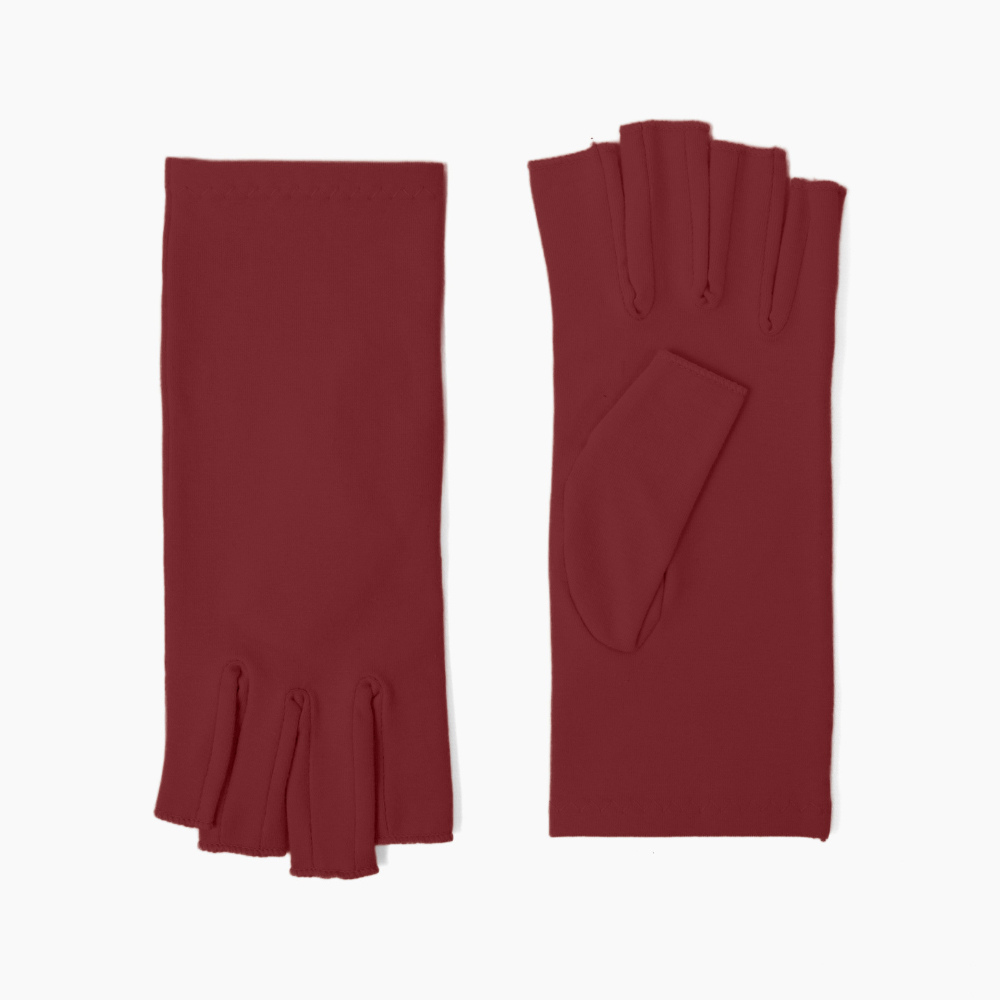
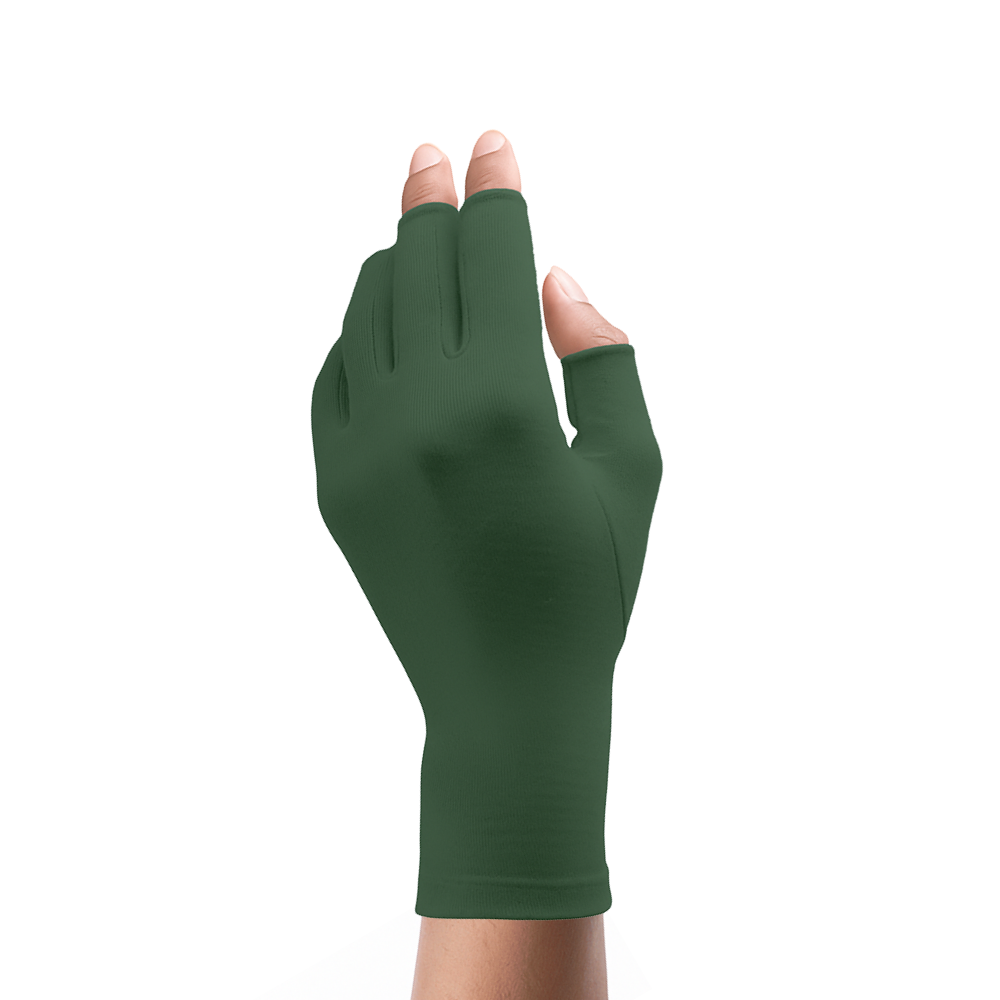
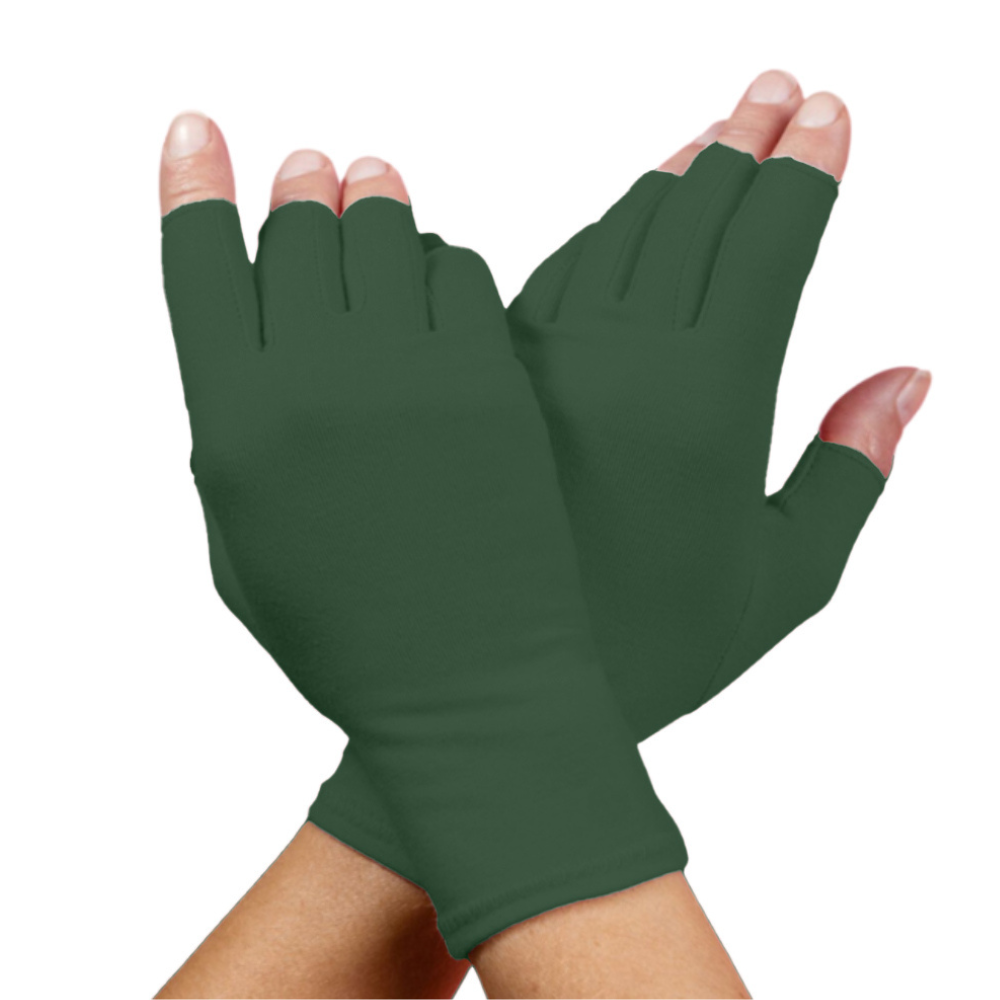

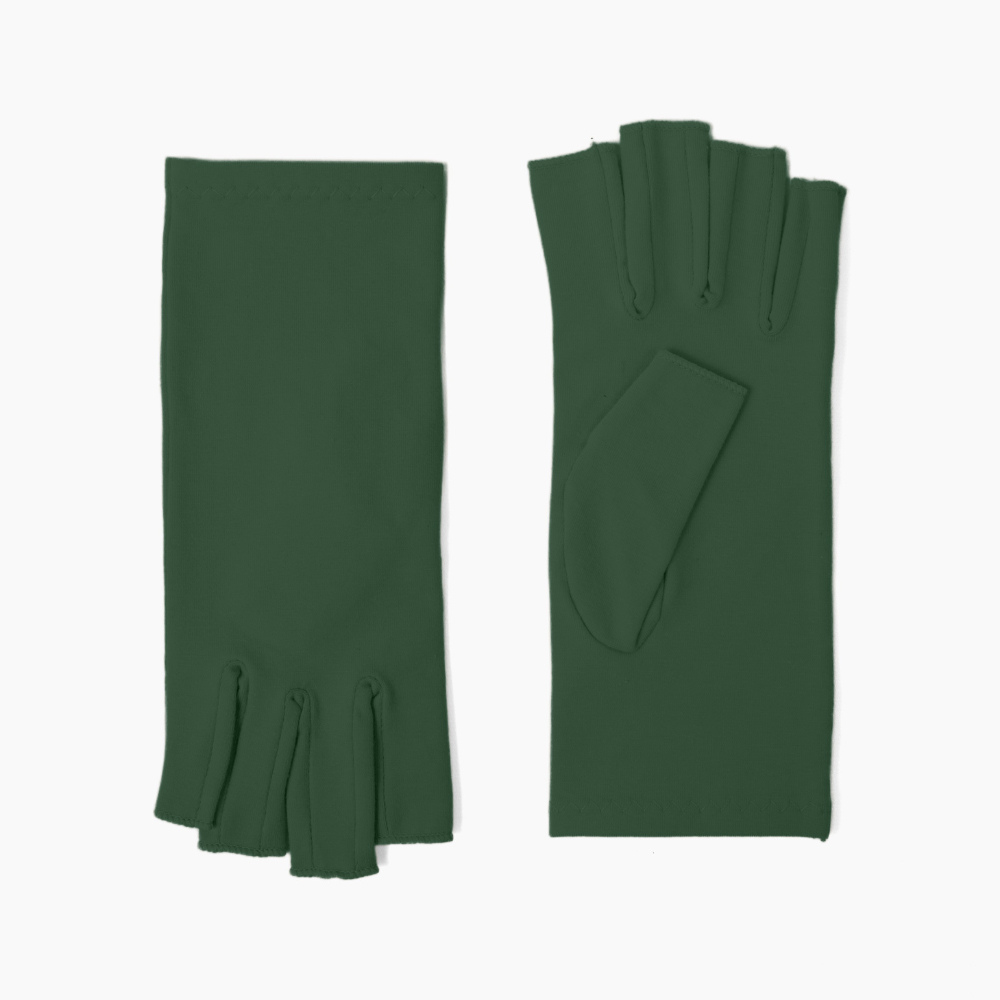
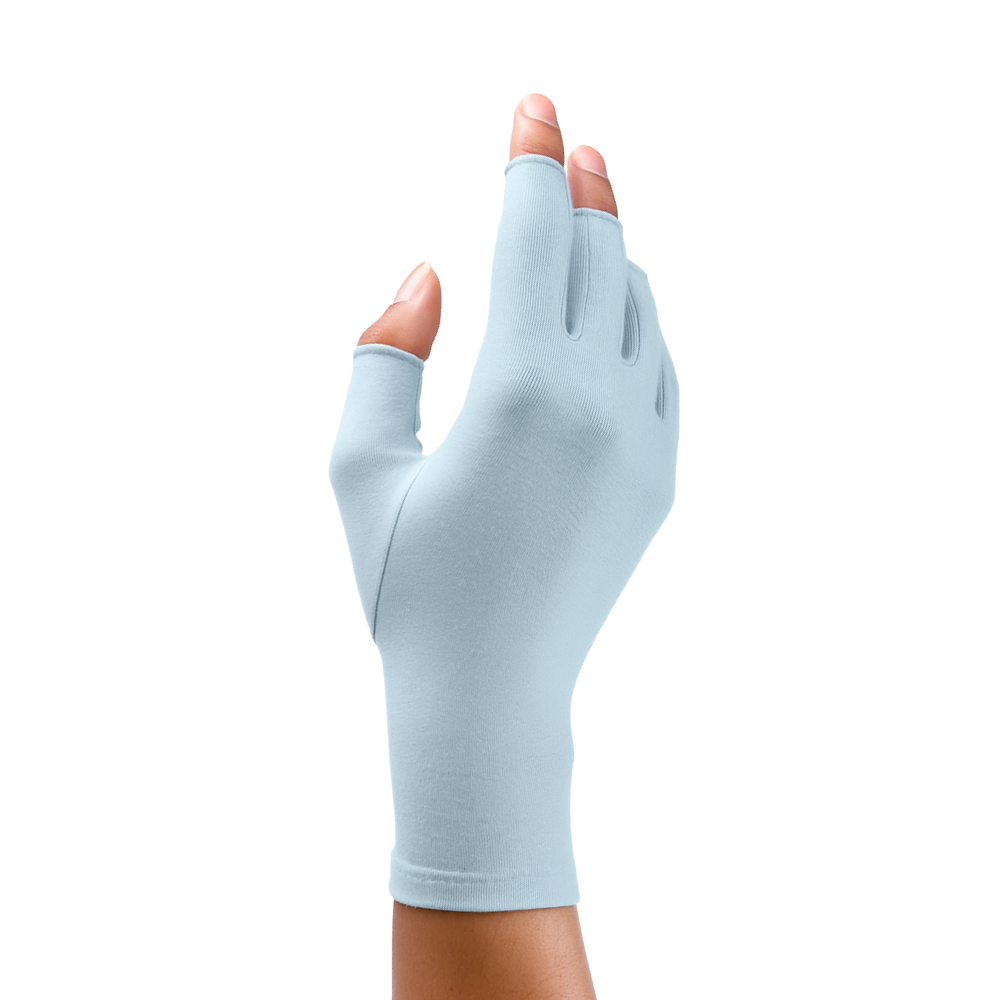
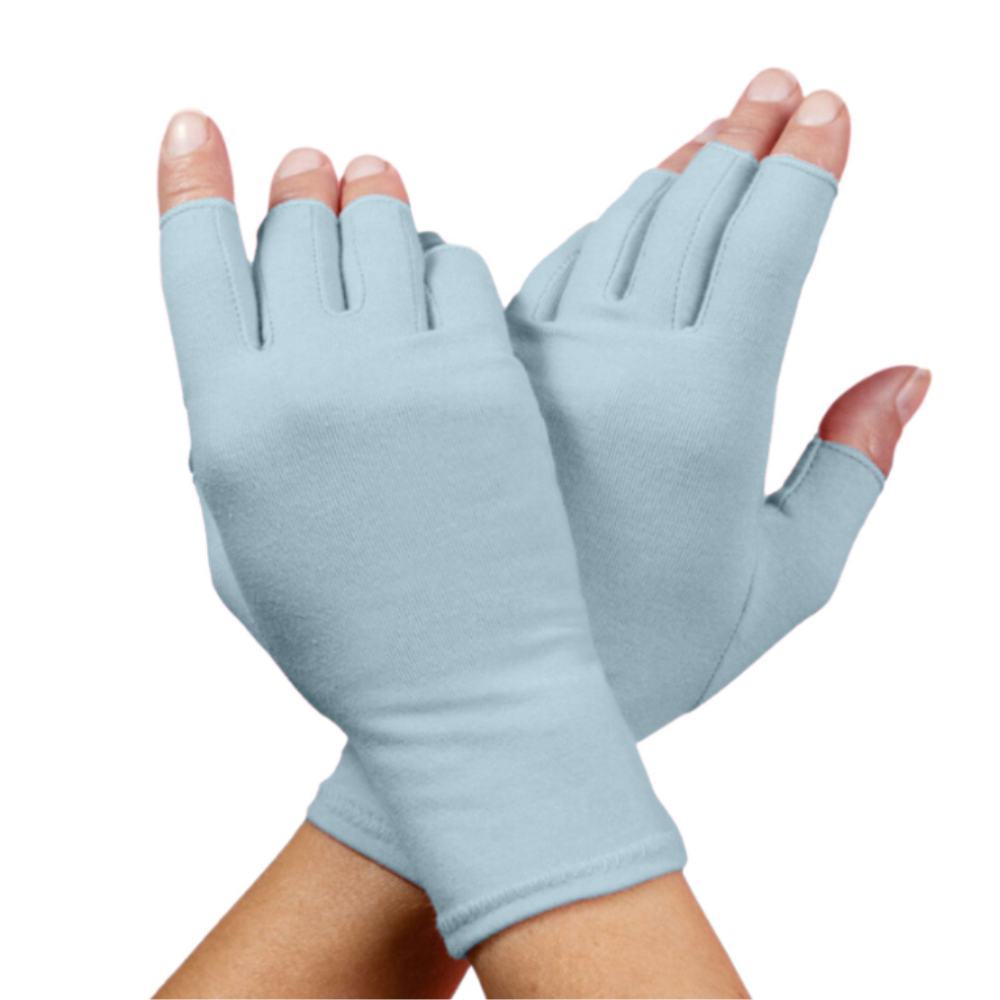
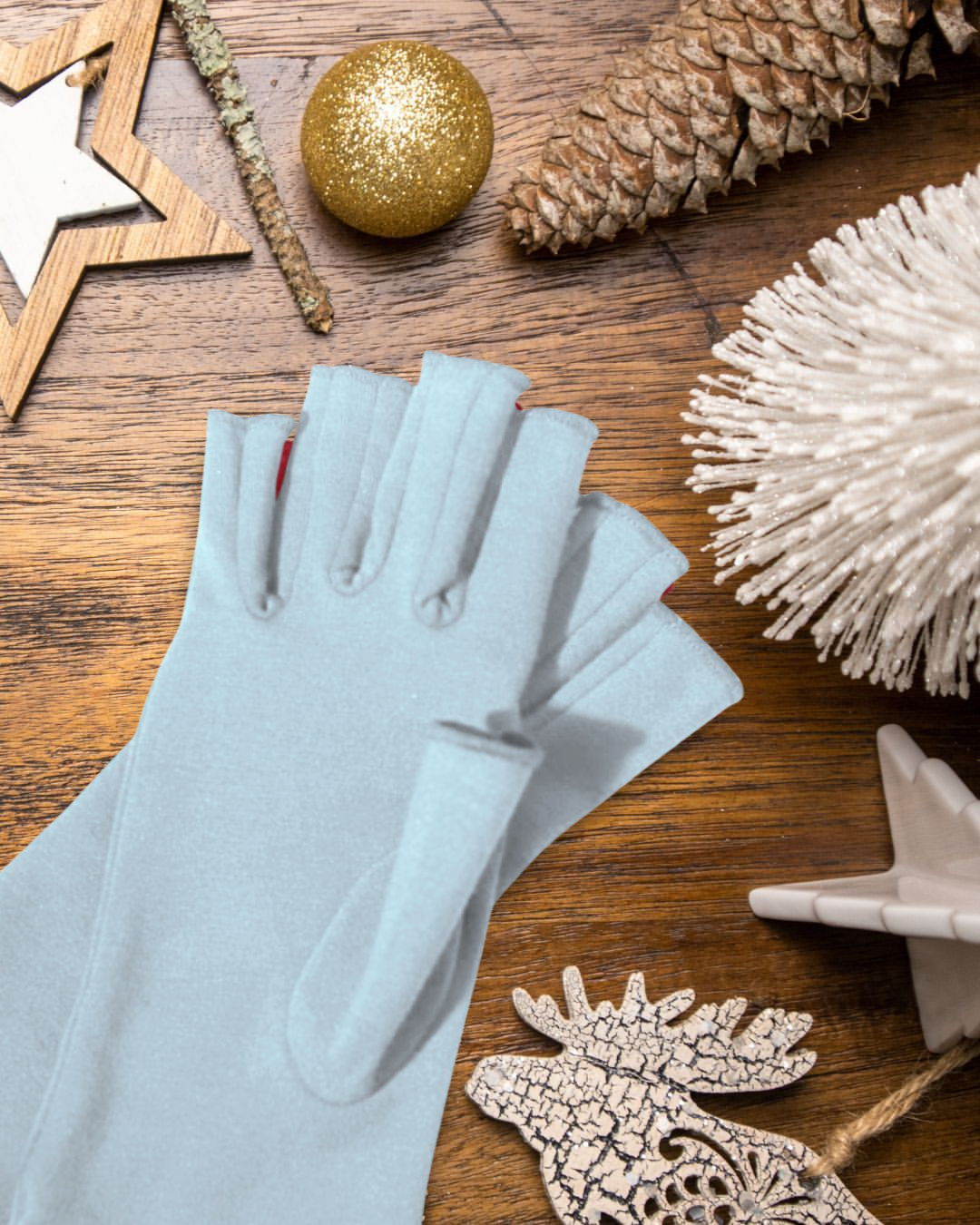
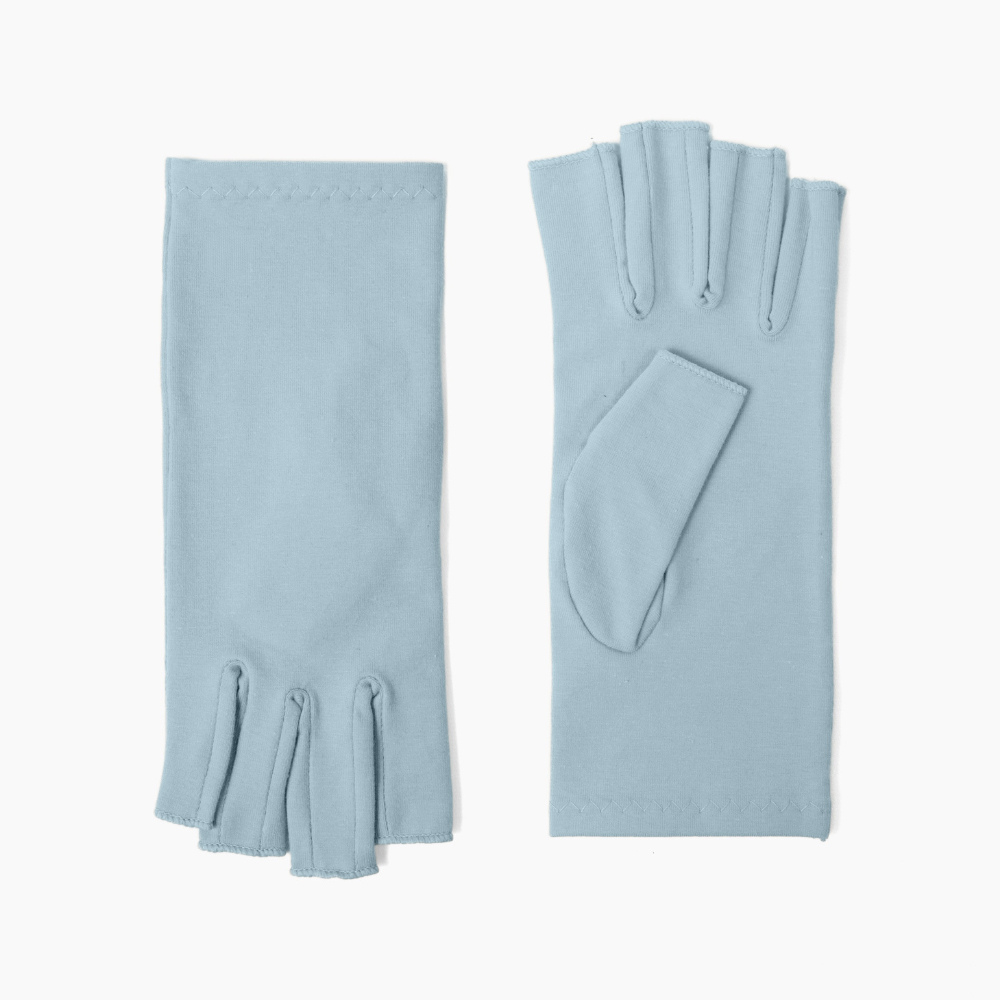
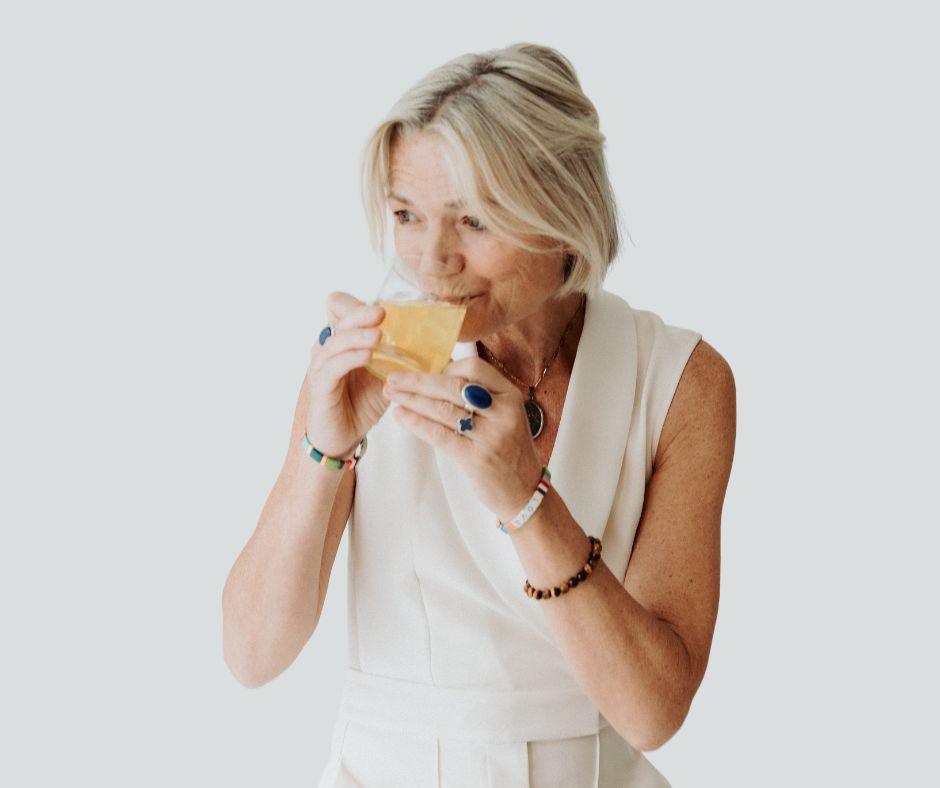

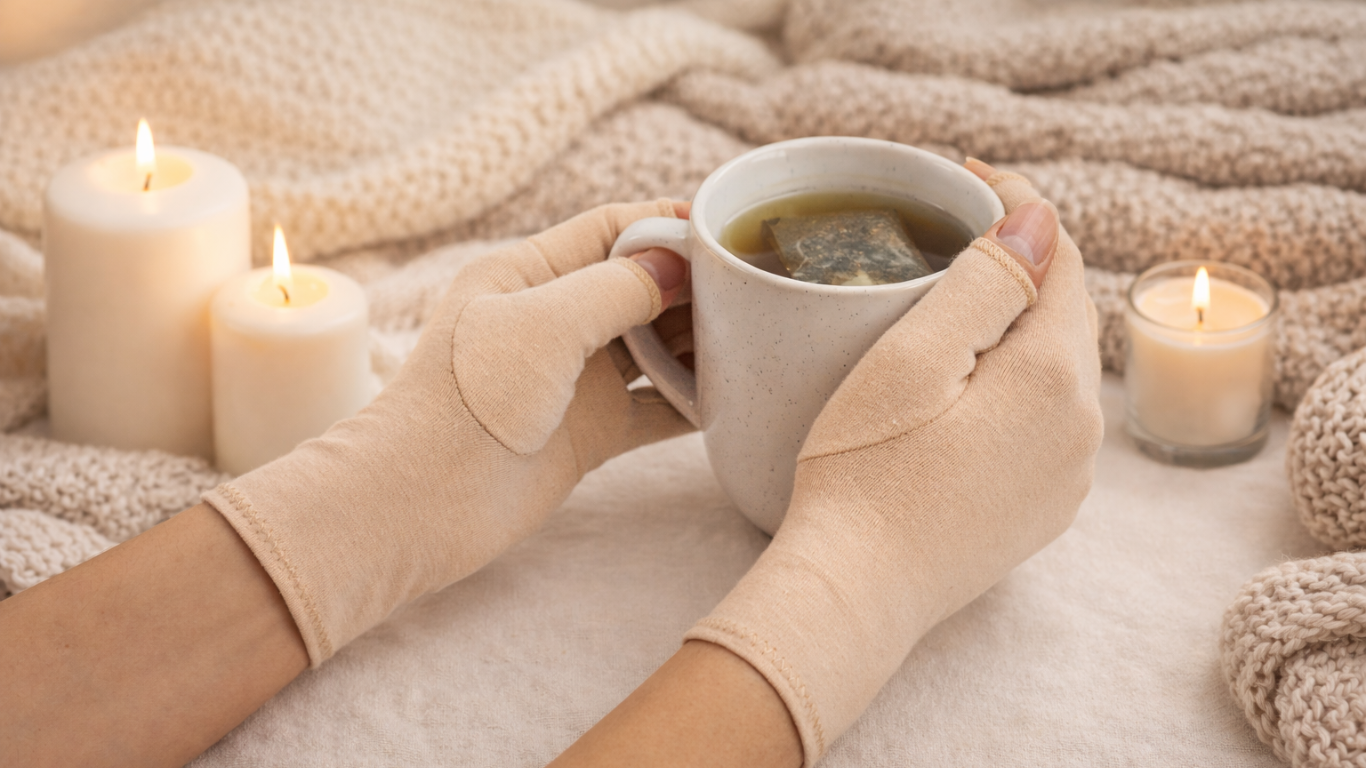
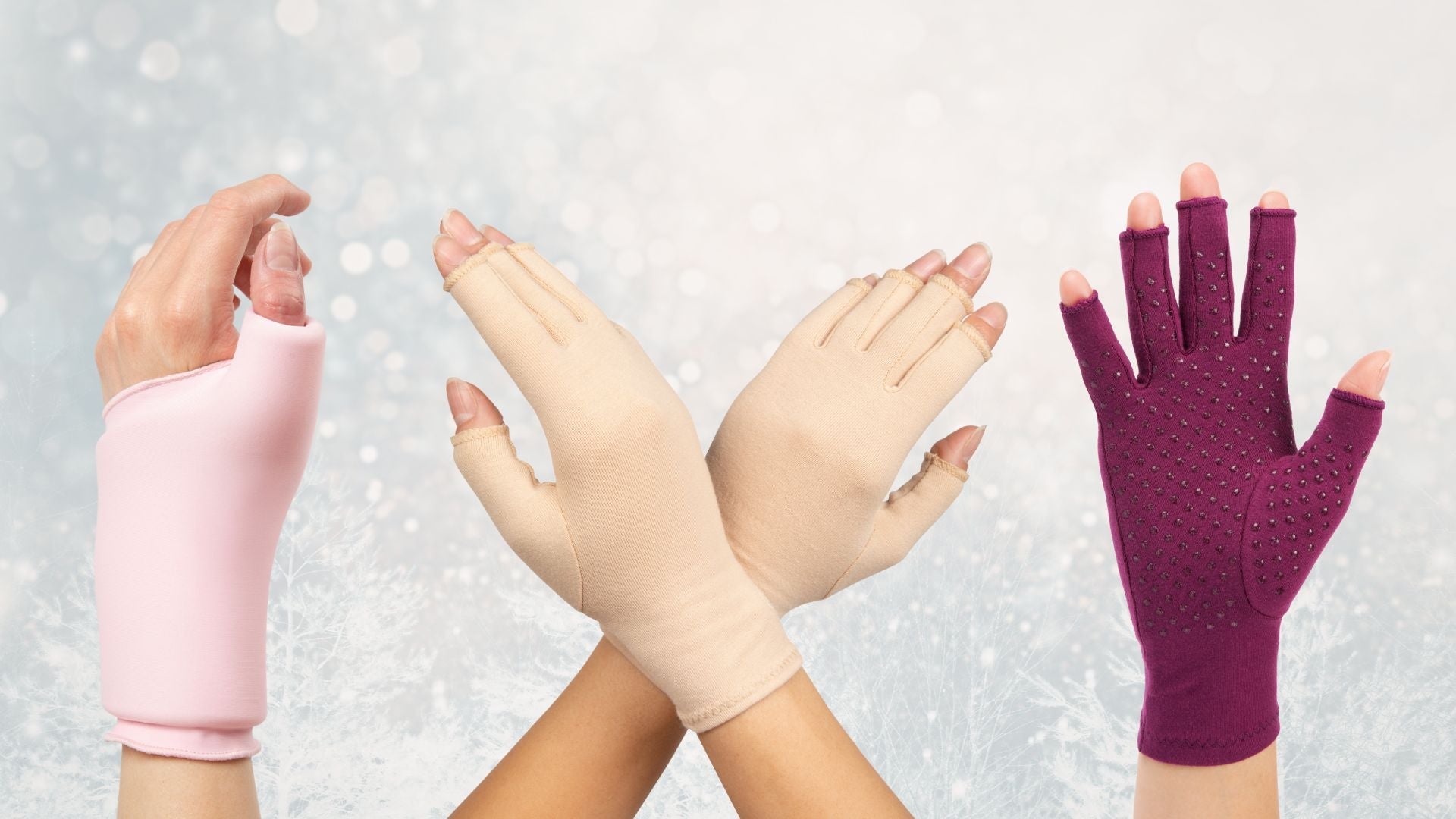
Share and get 15% off!
Simply share this product on one of the following social networks and you will unlock 15% off!